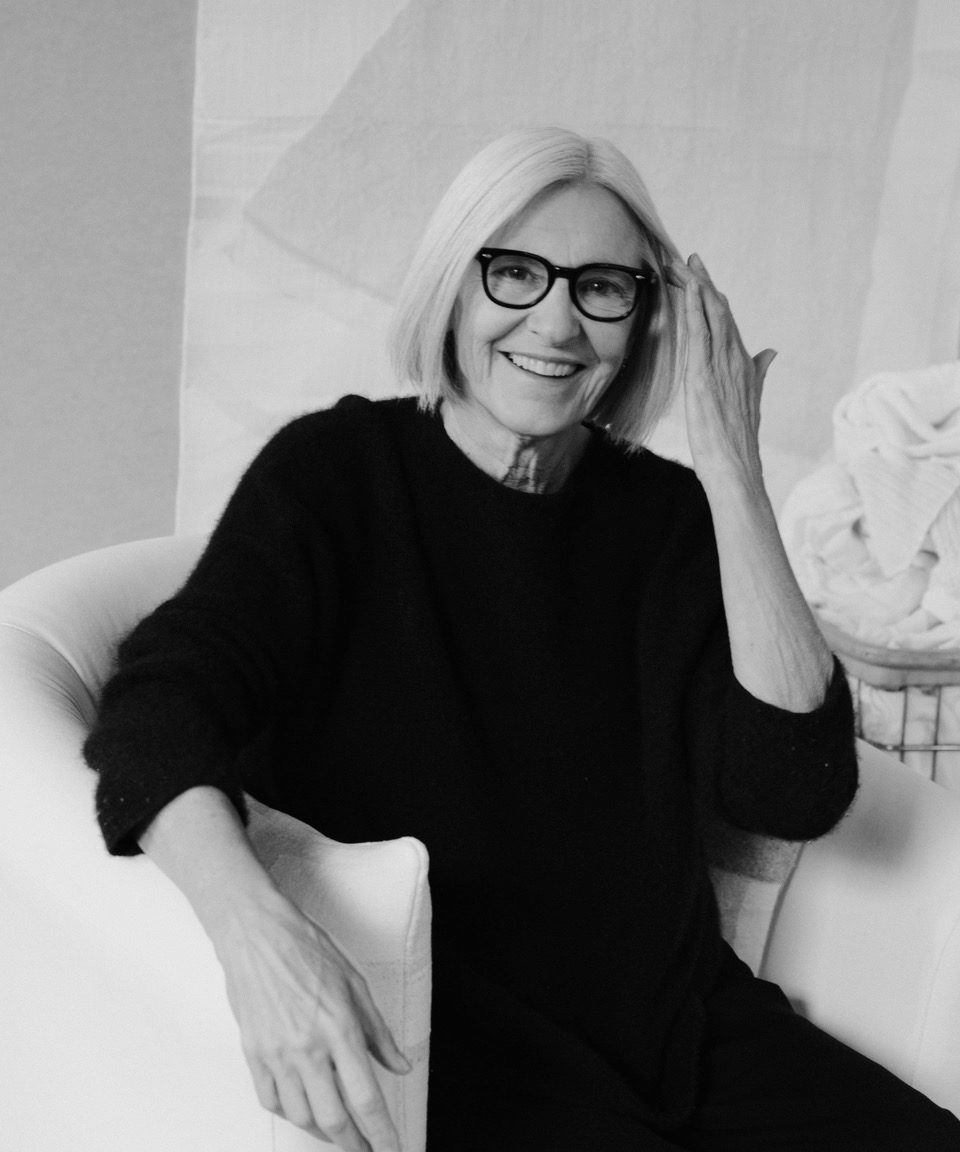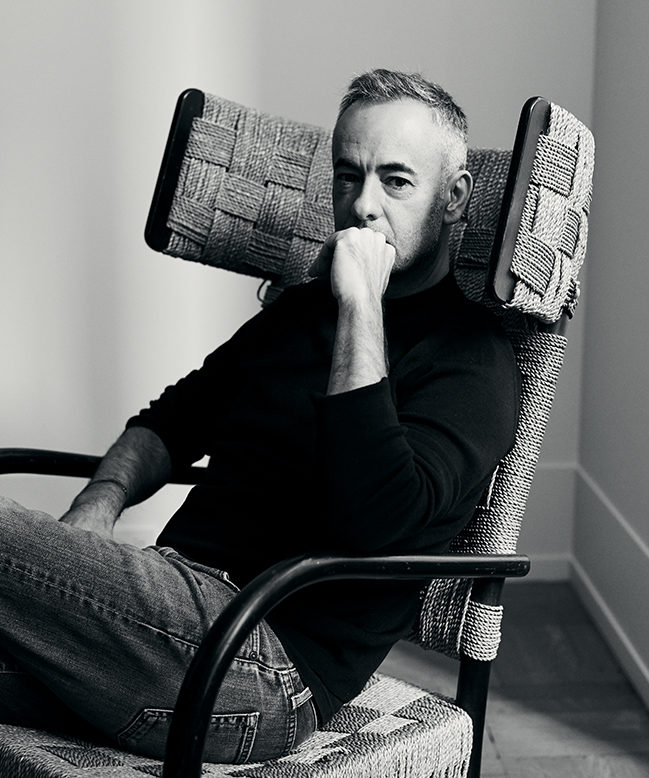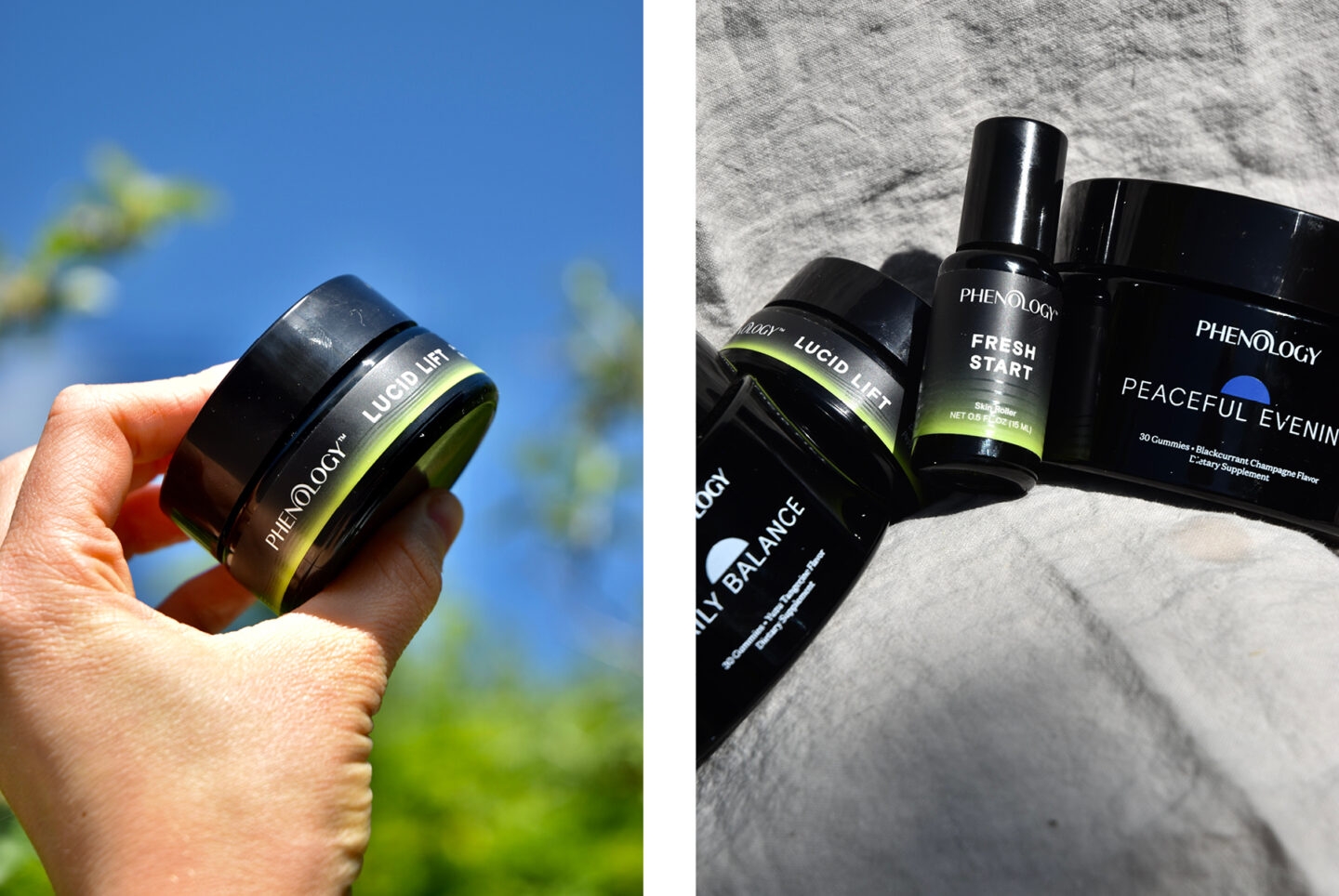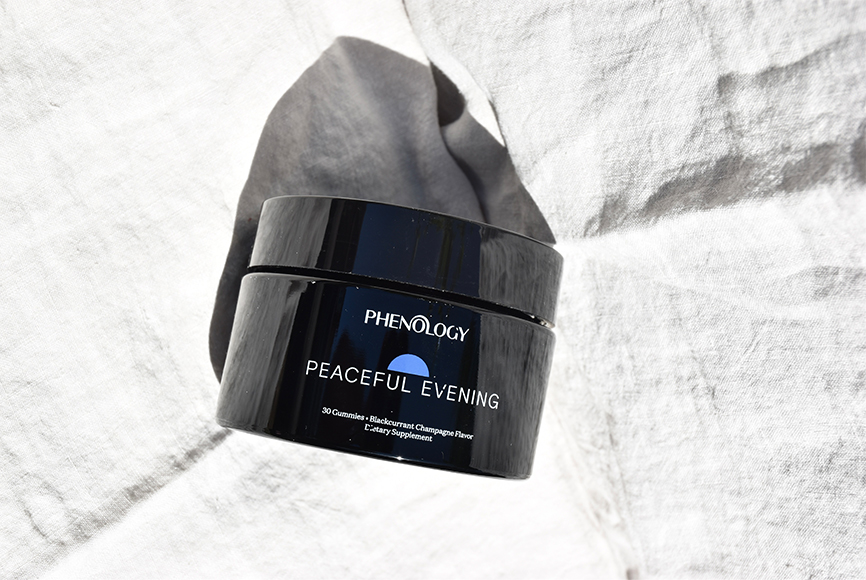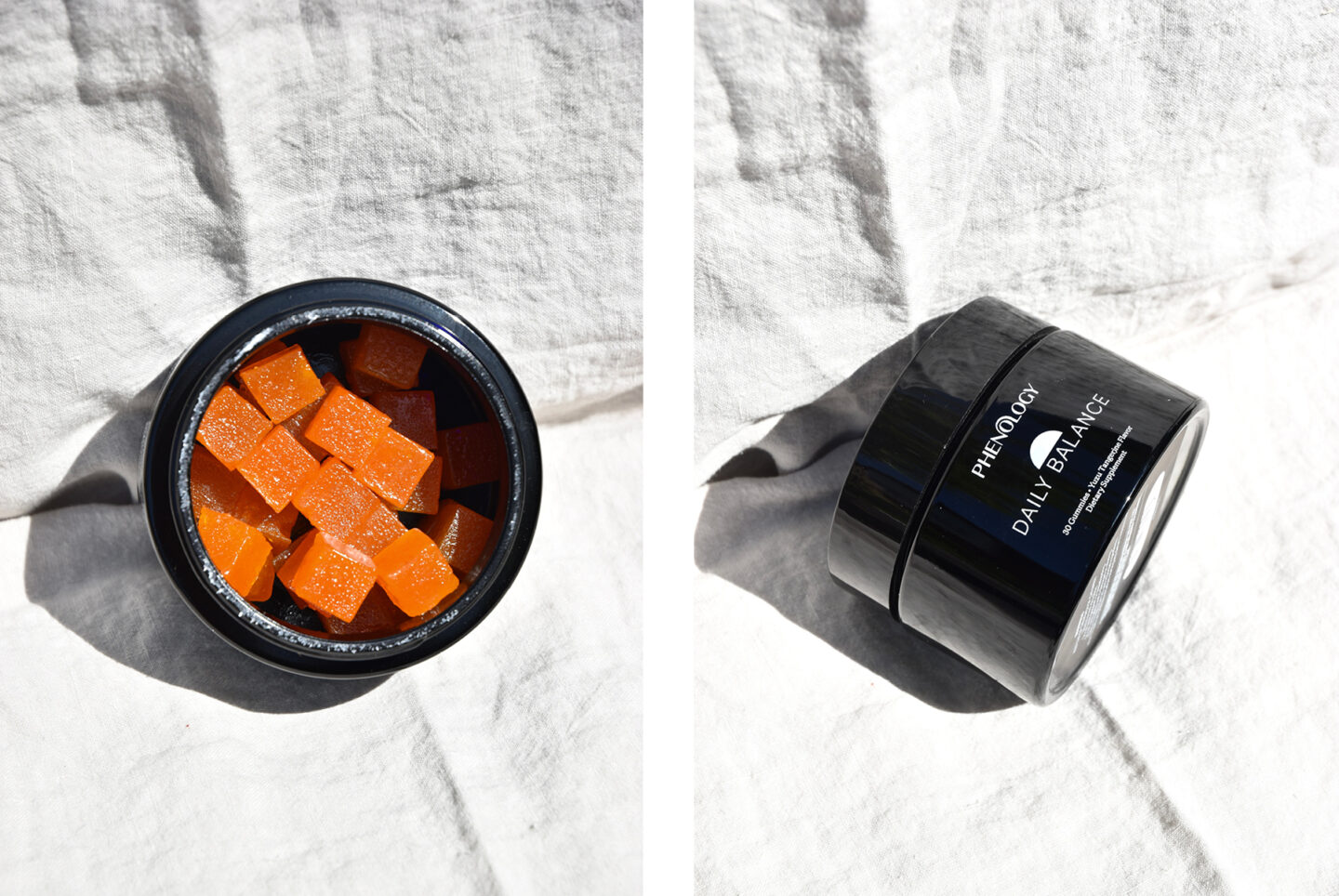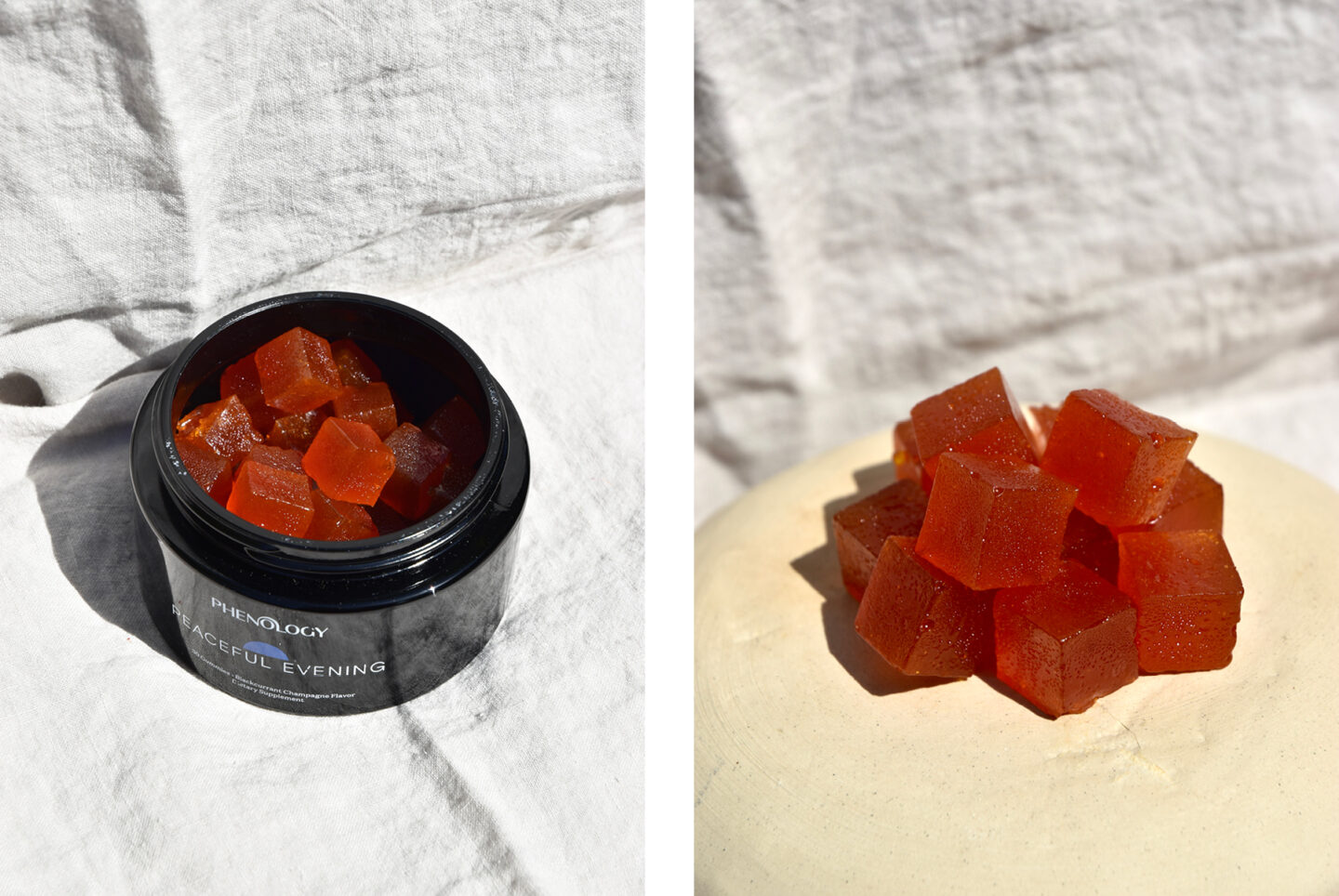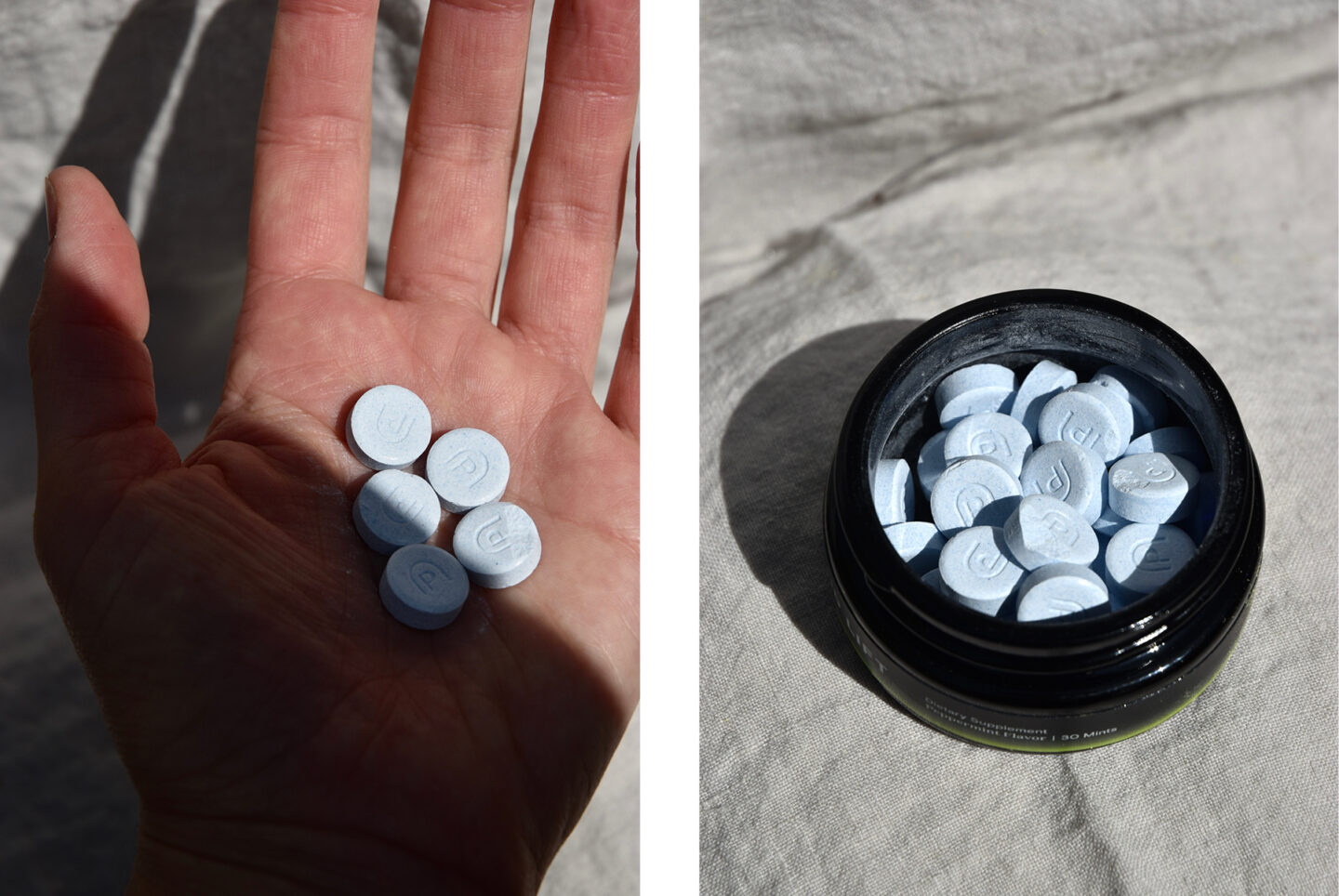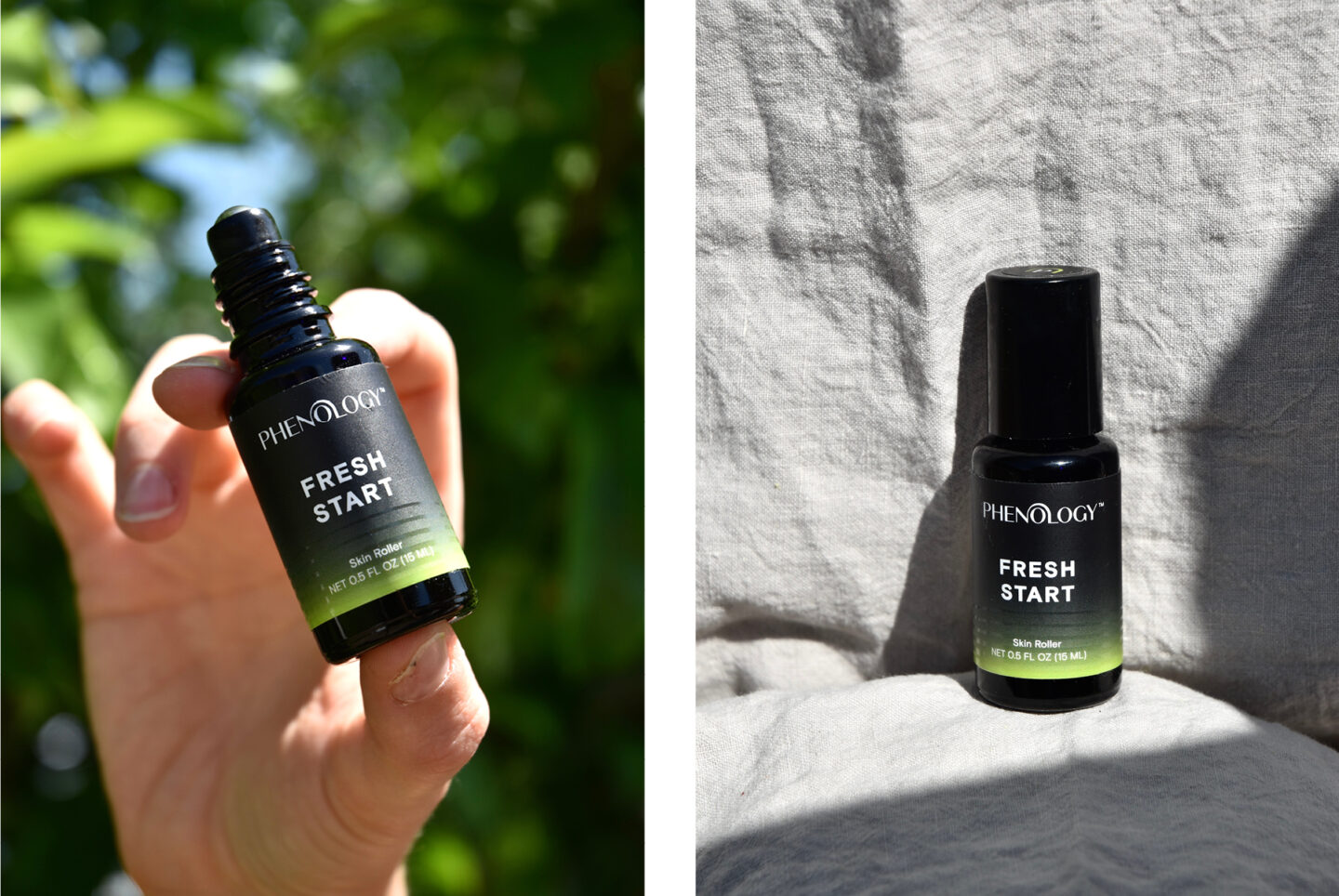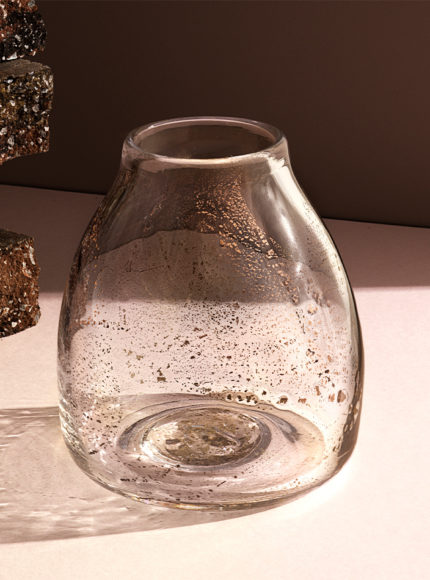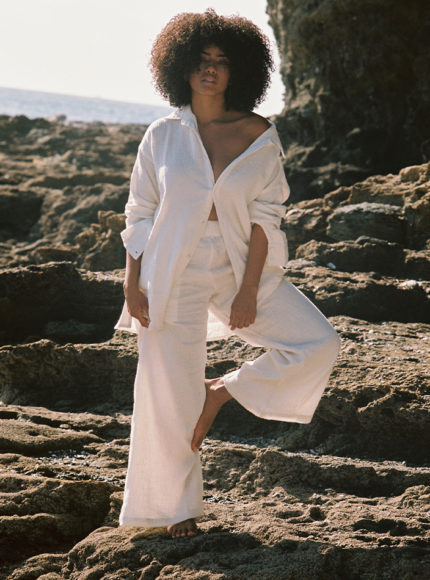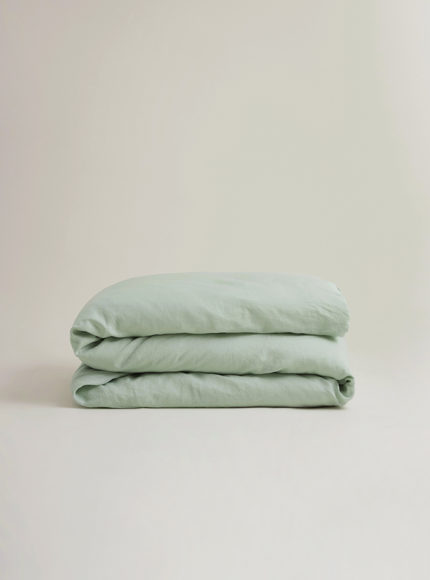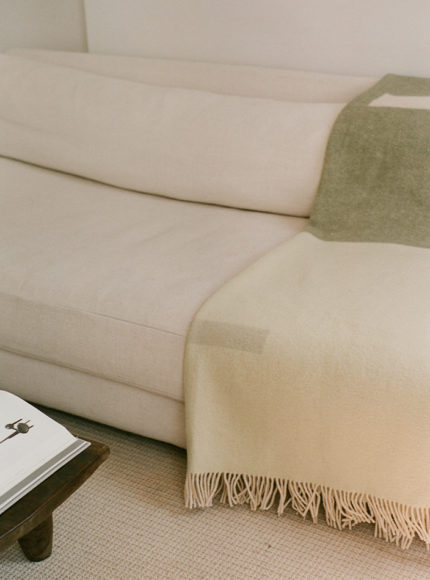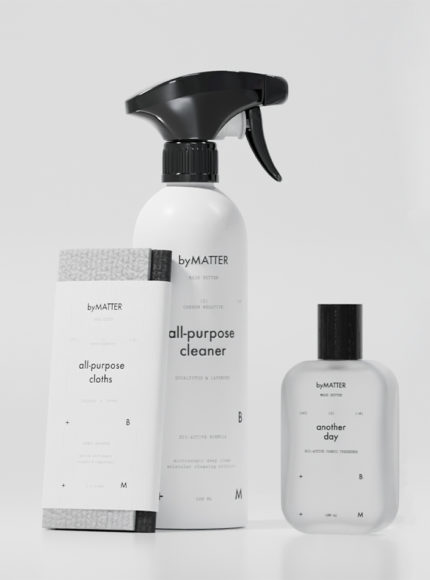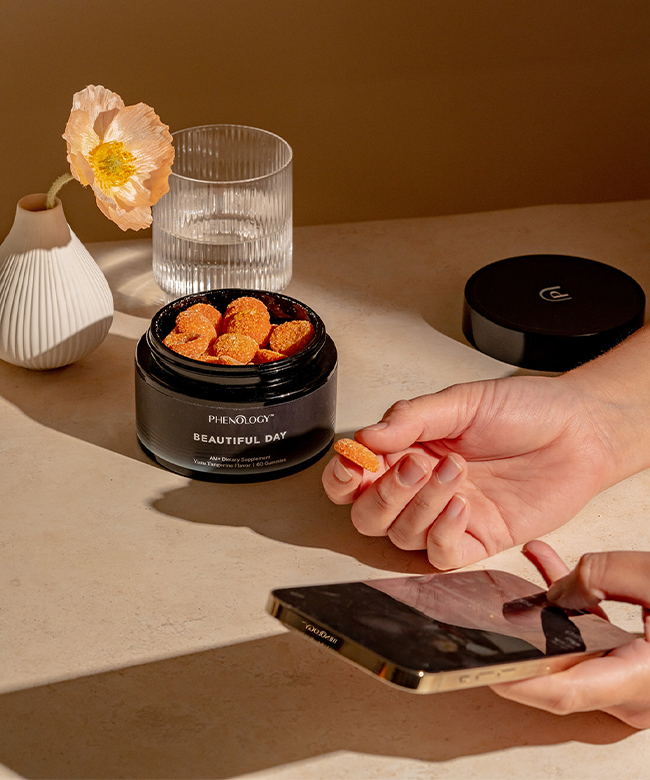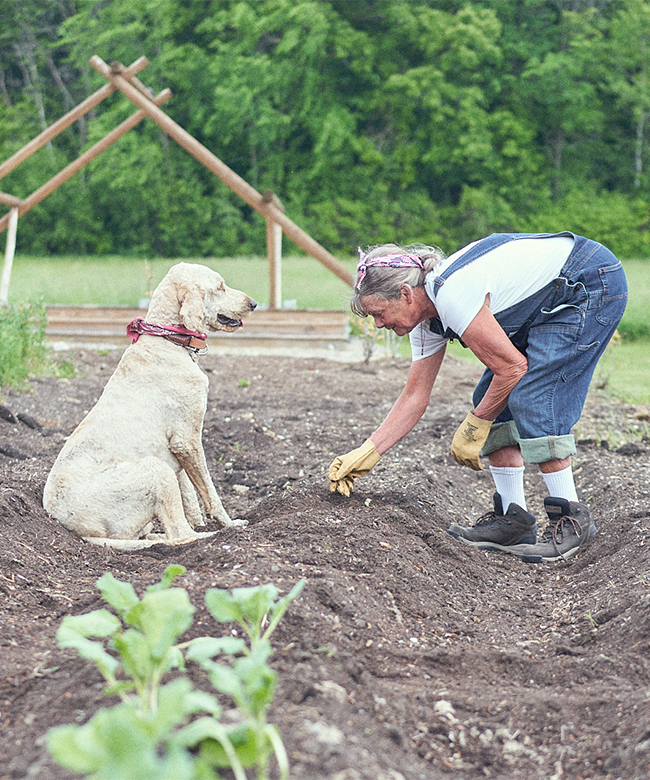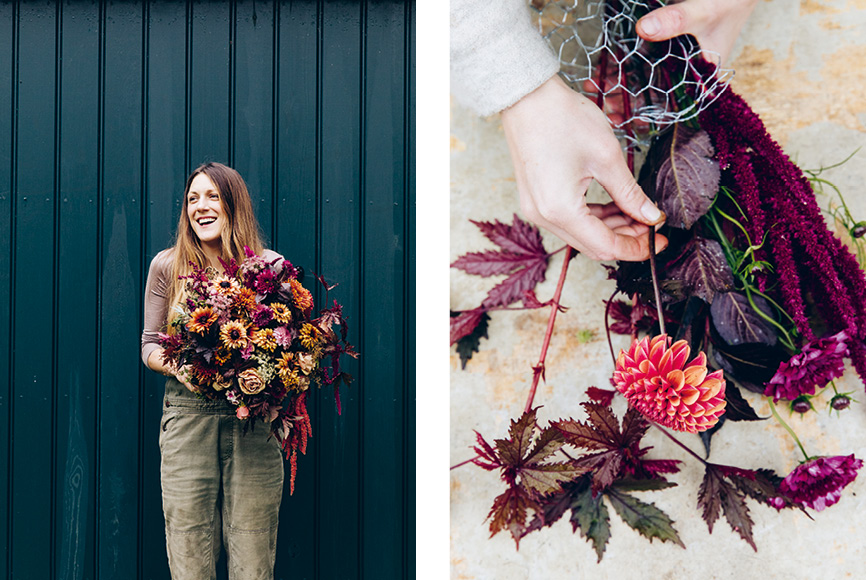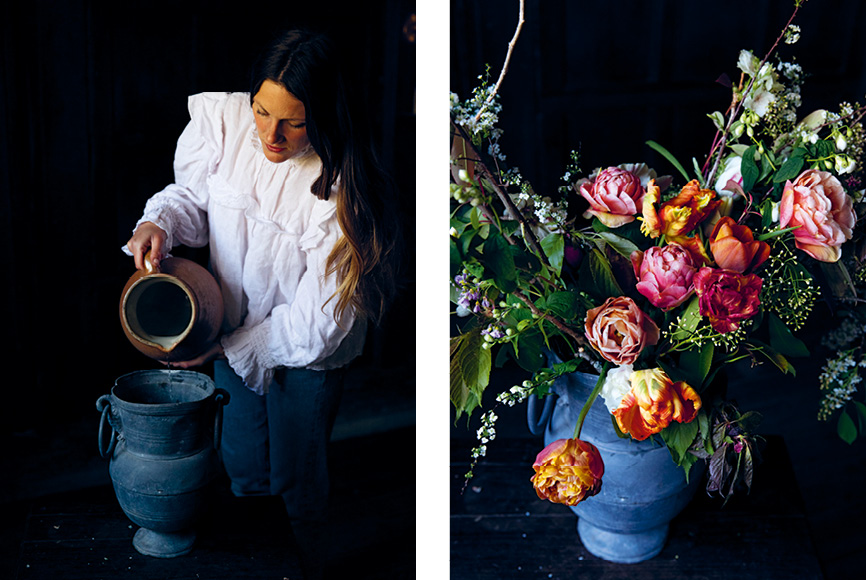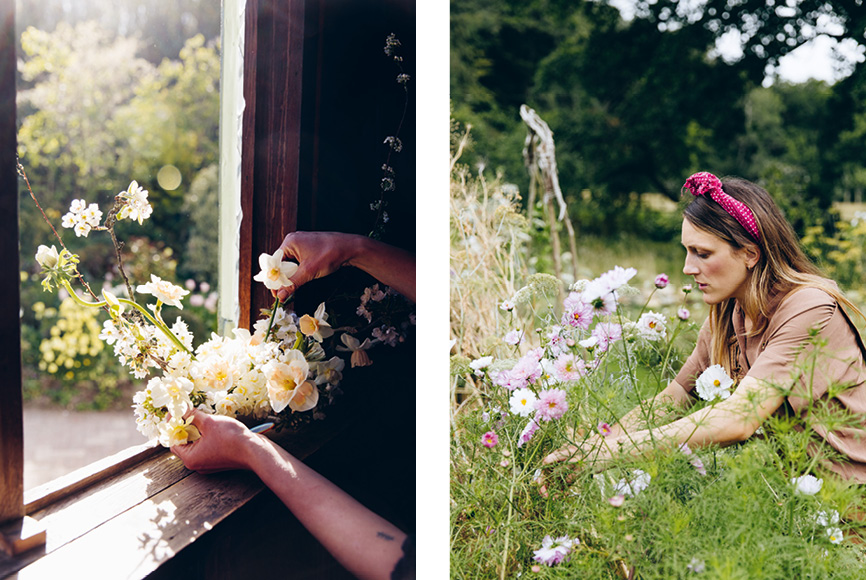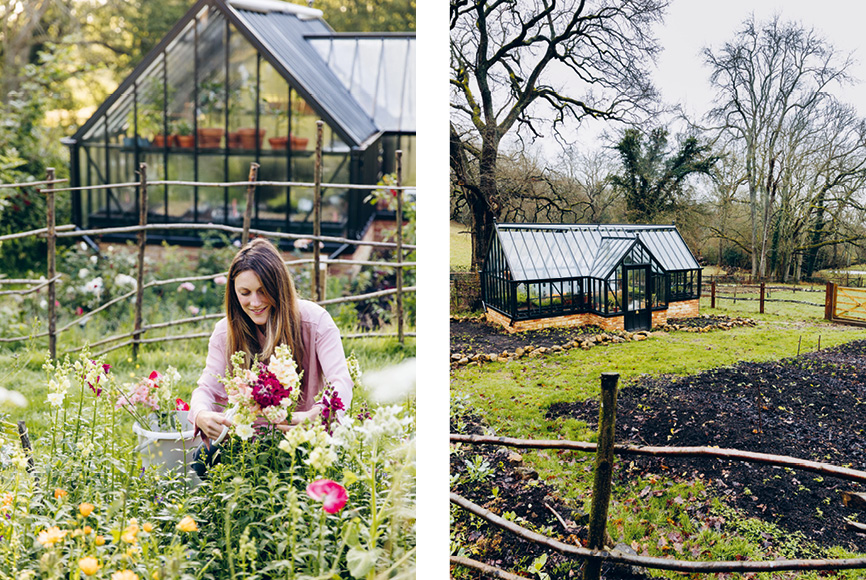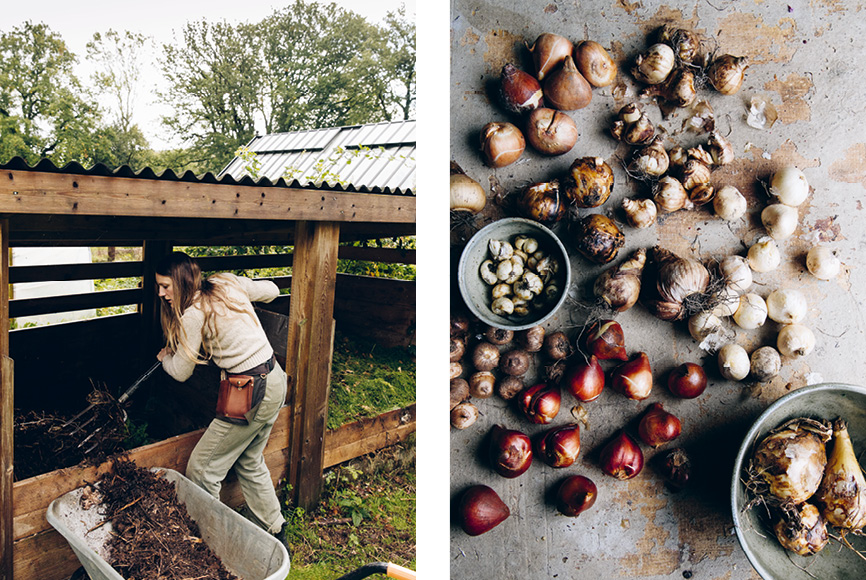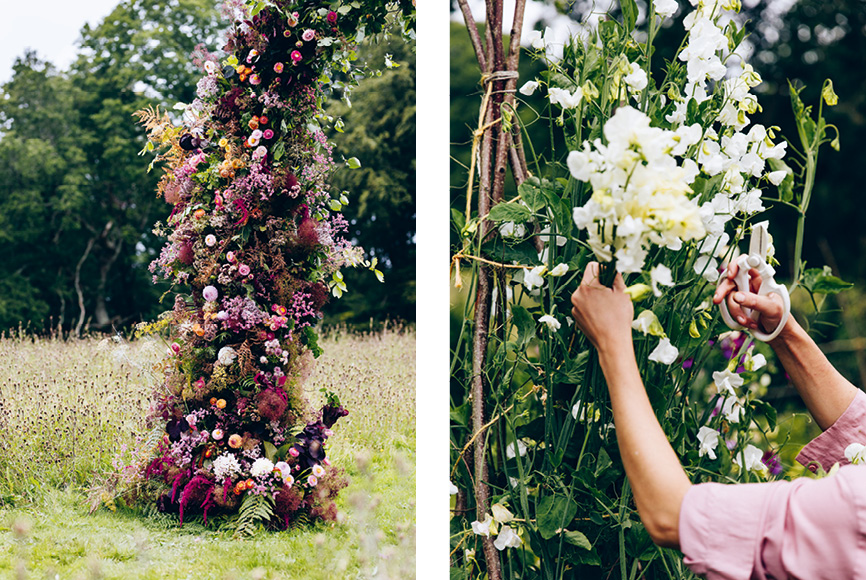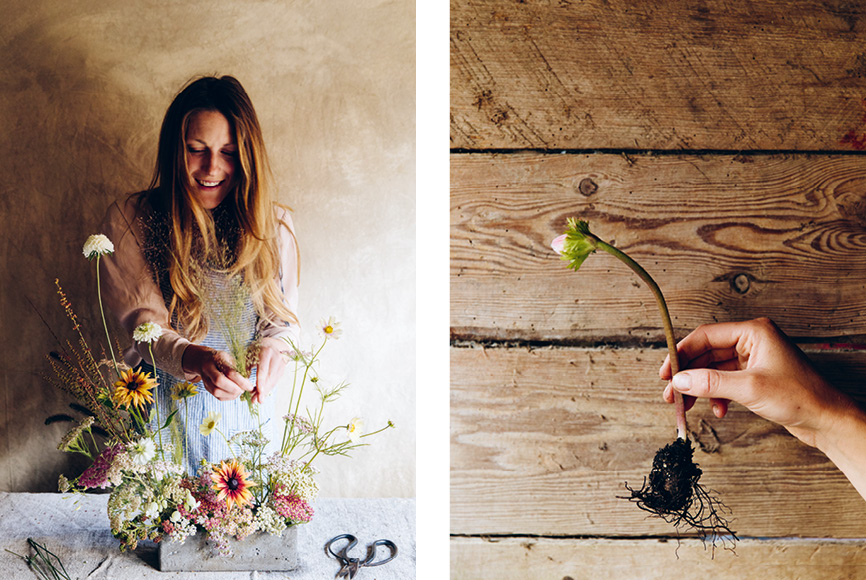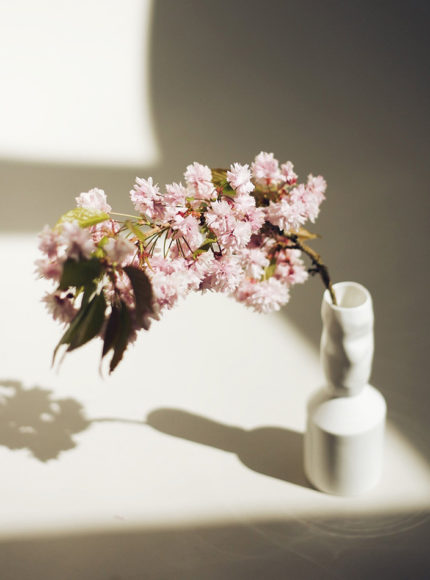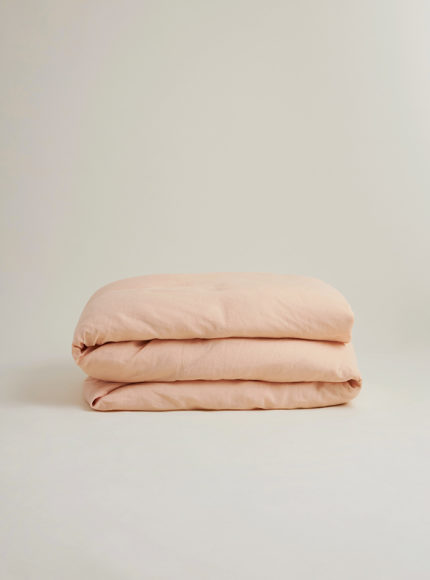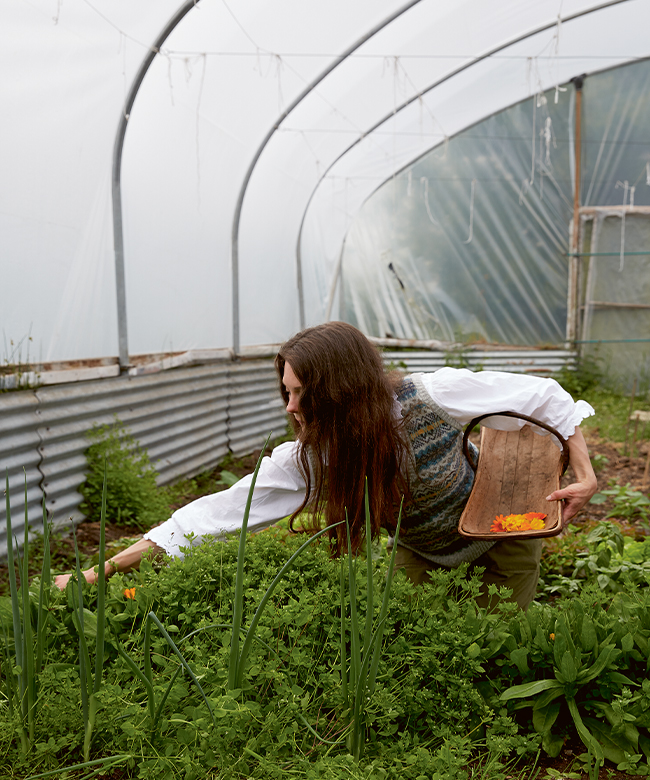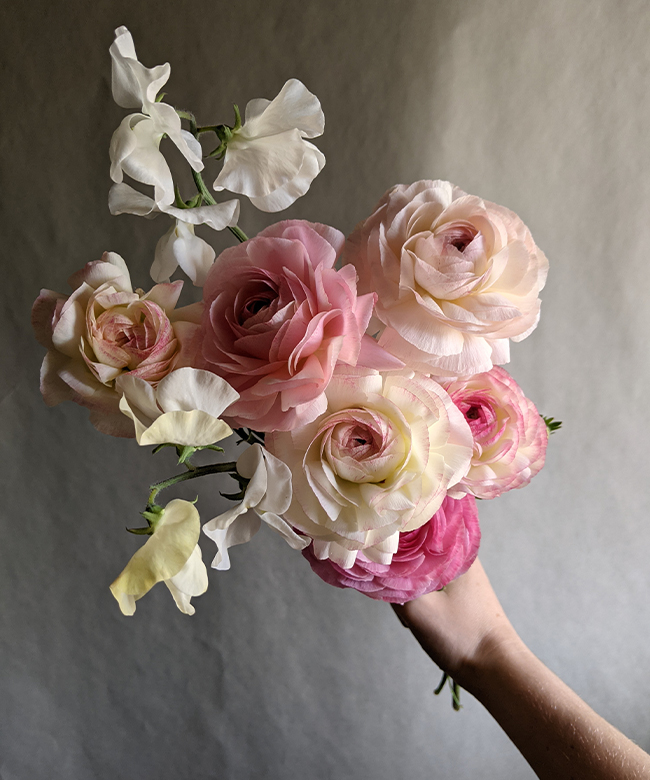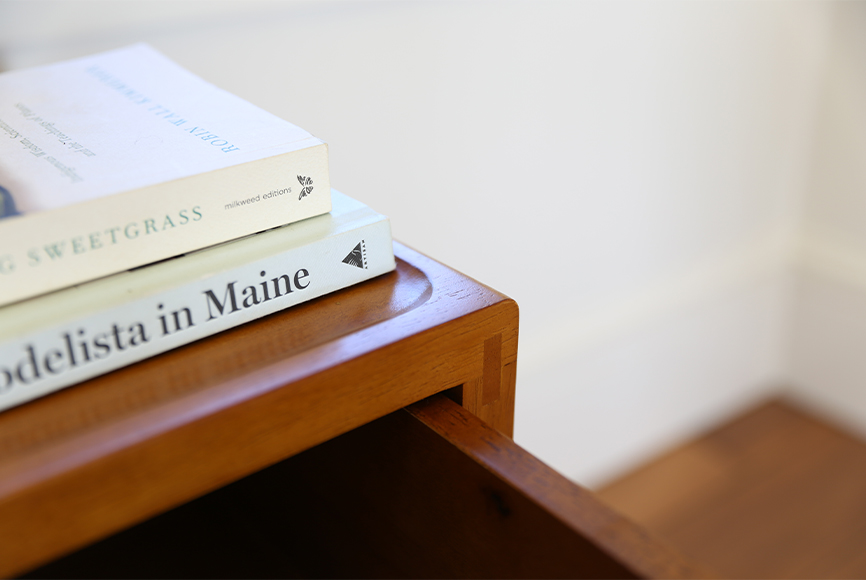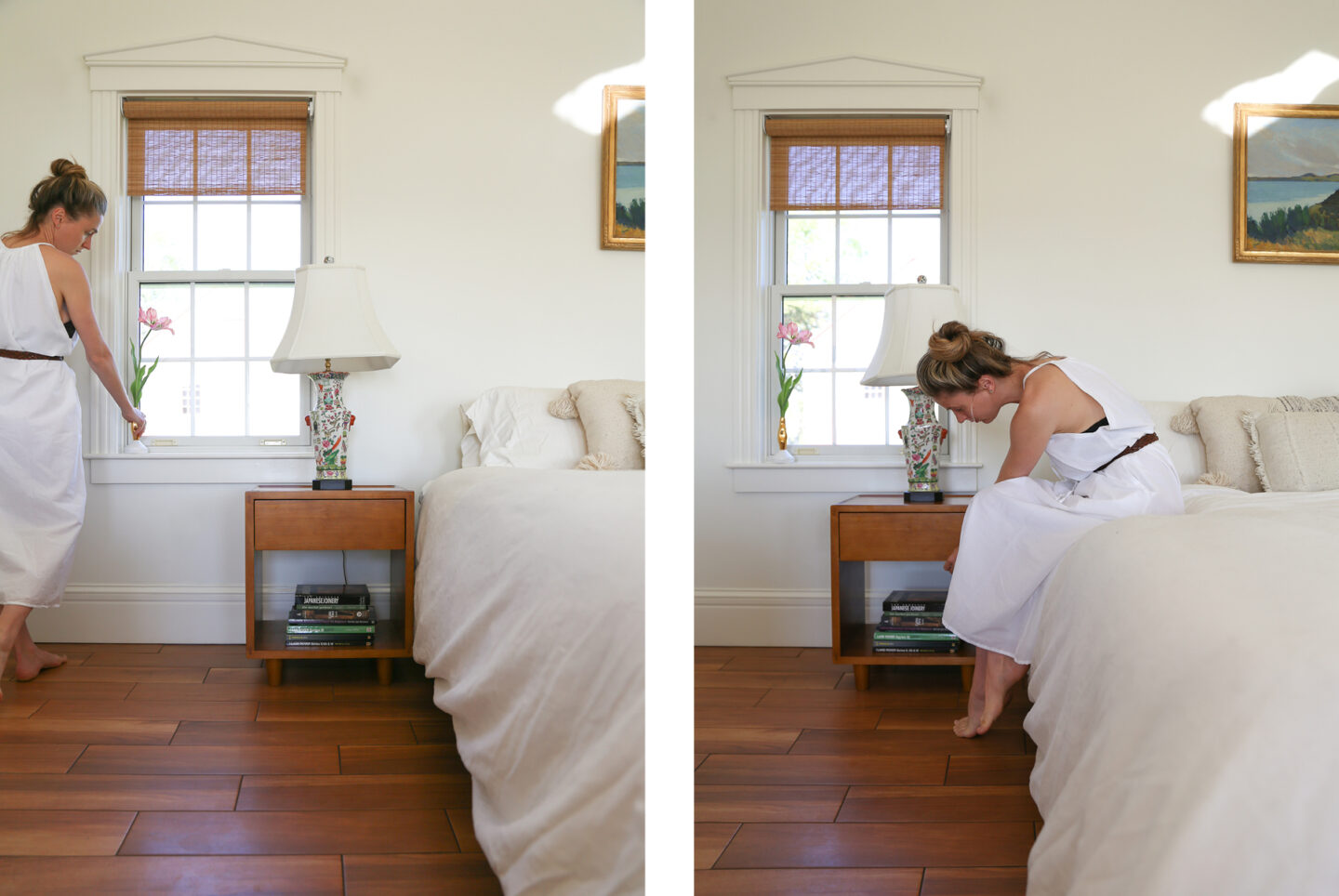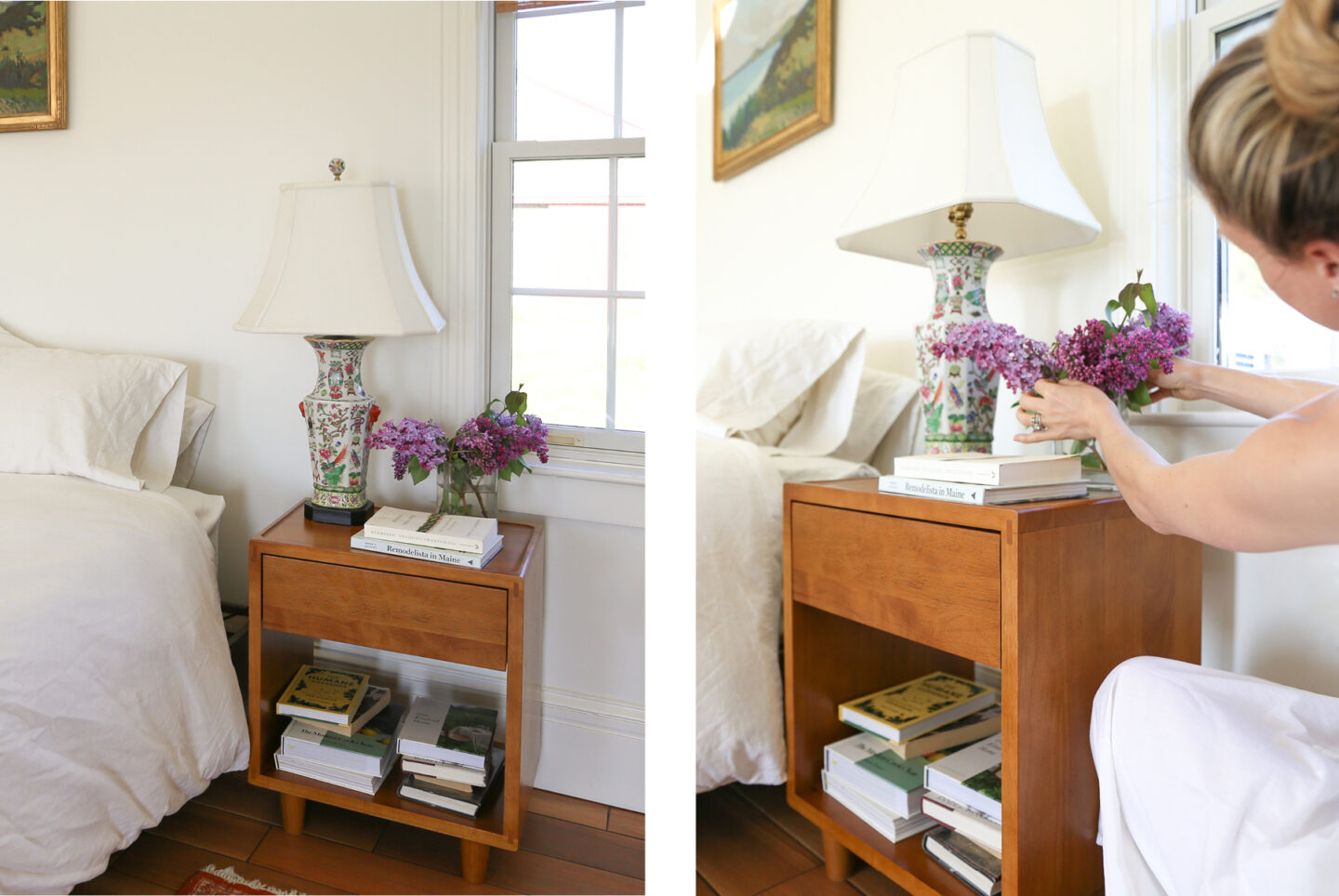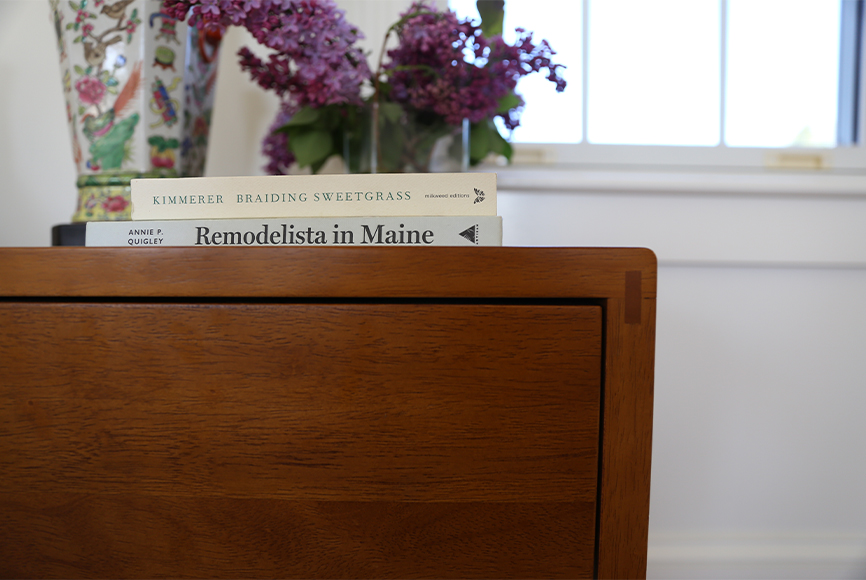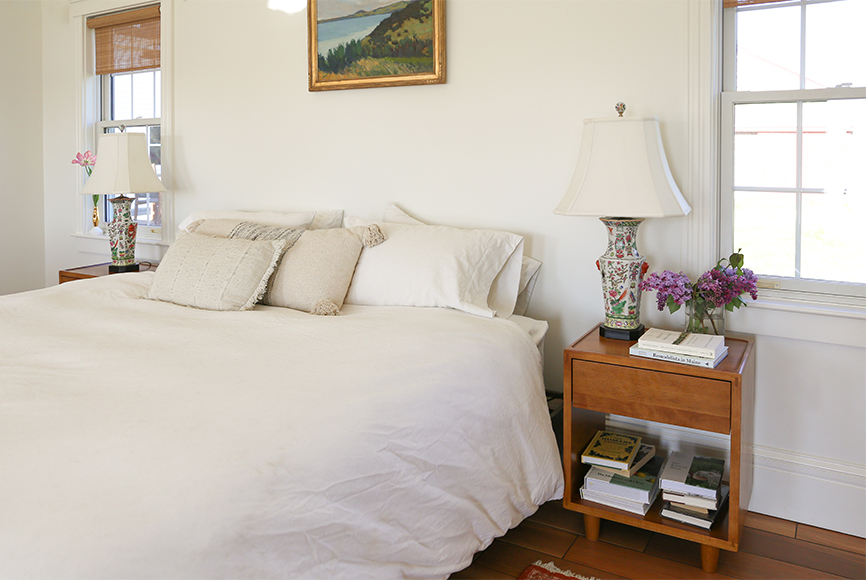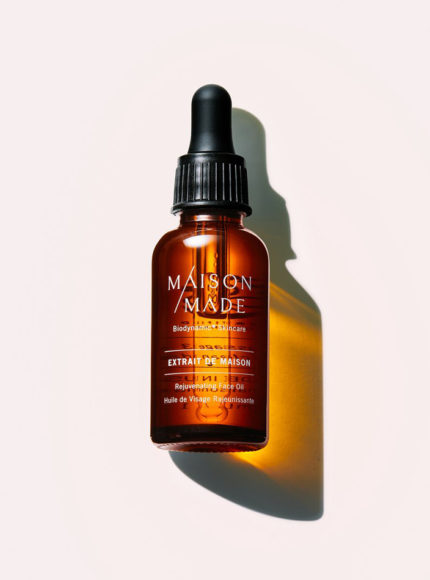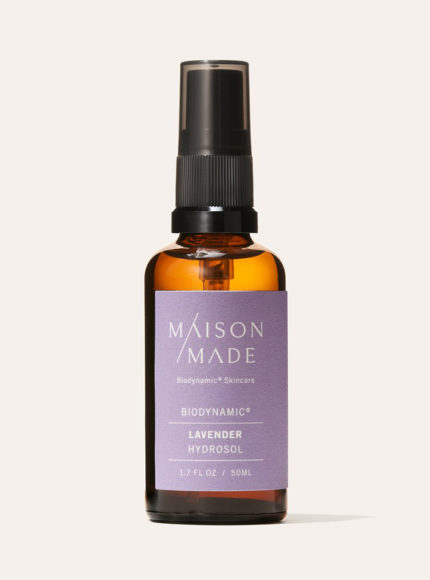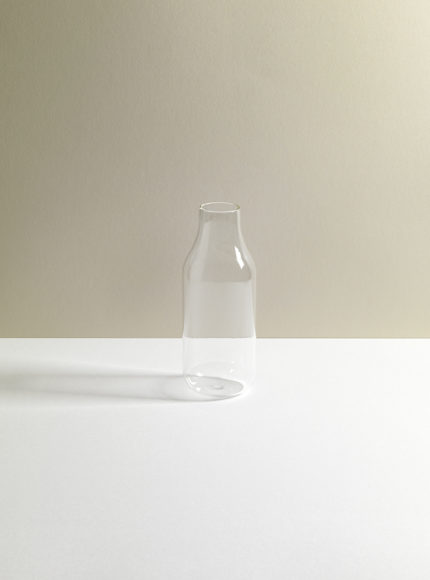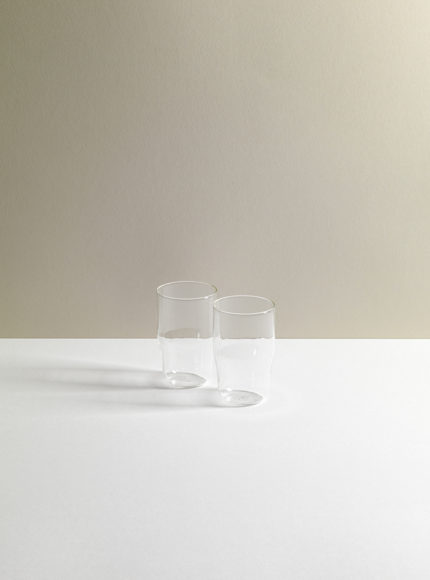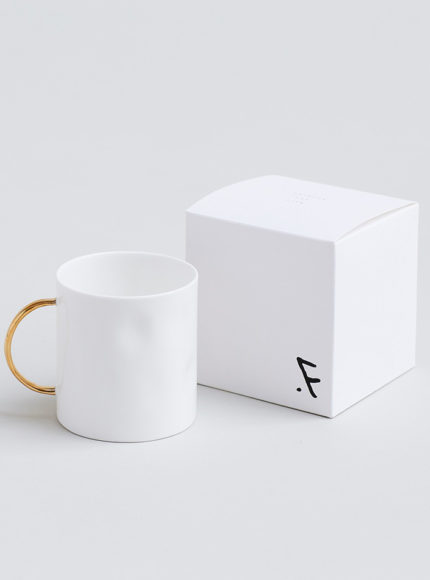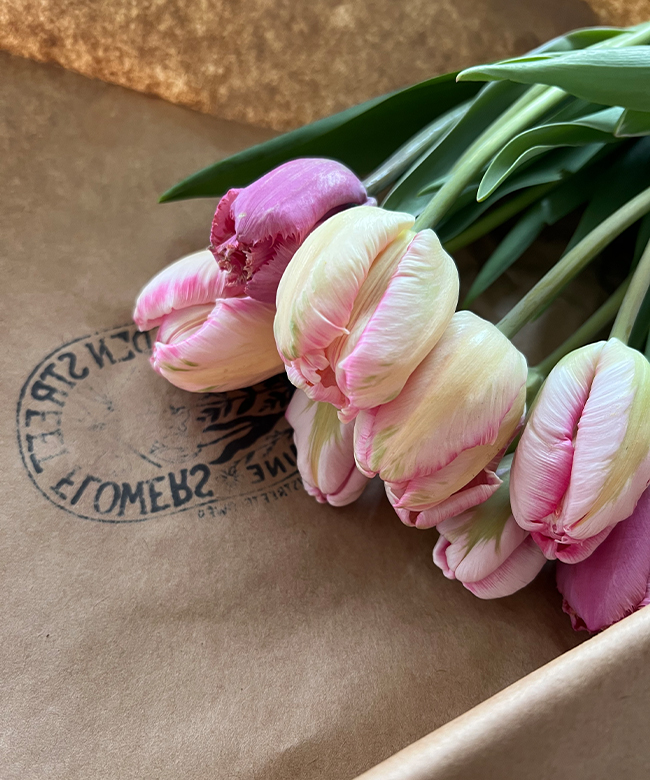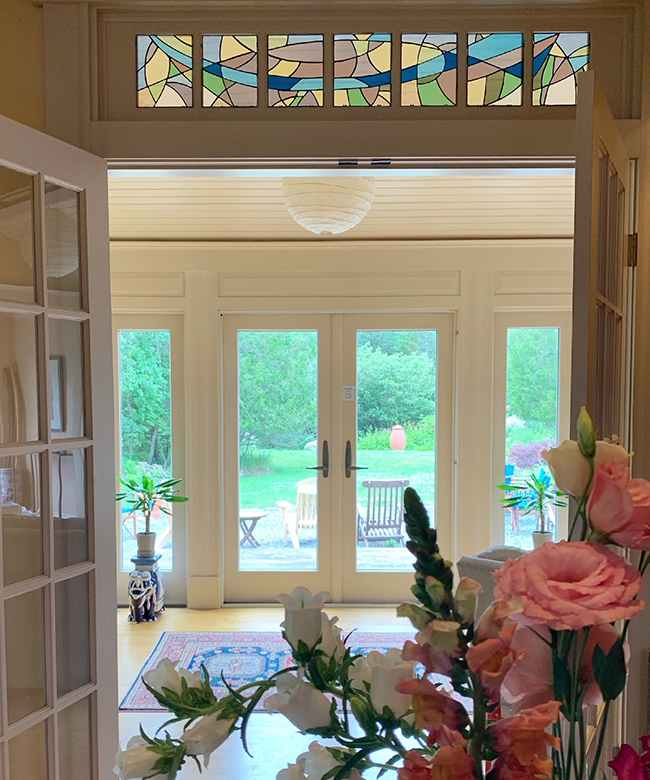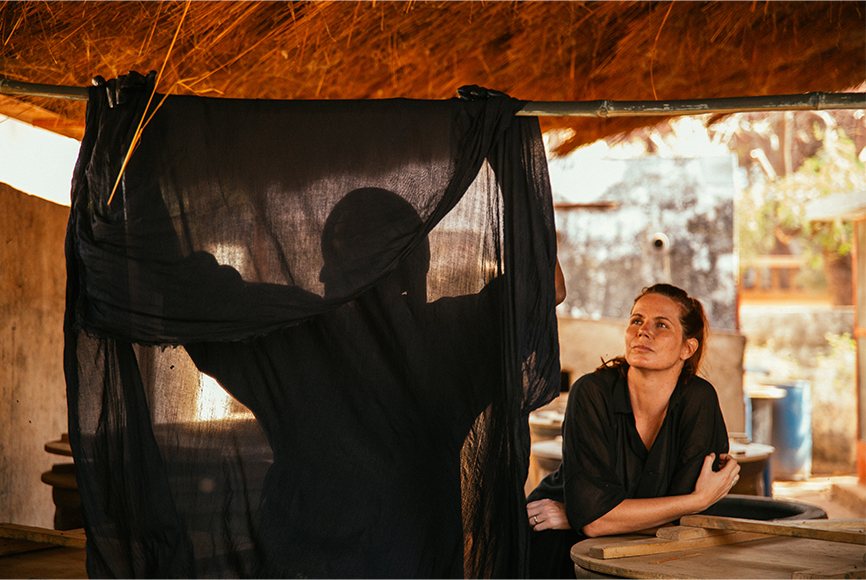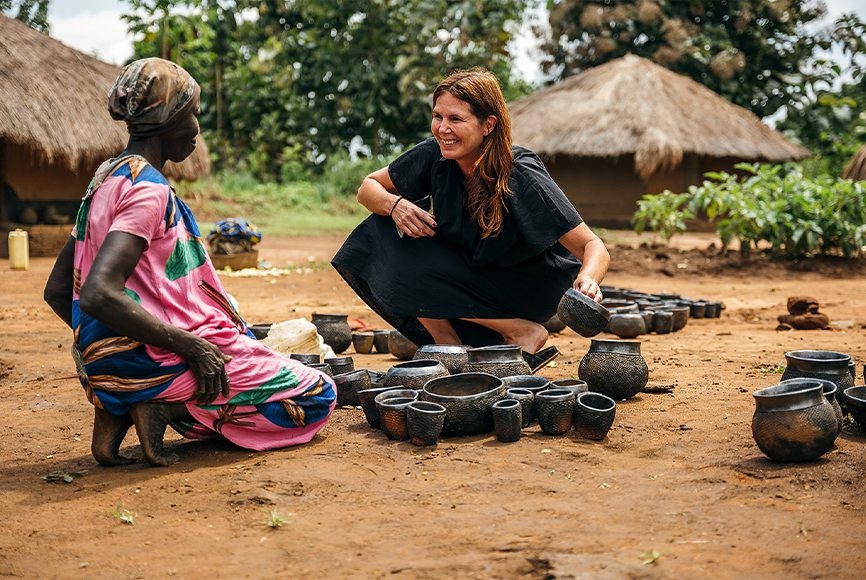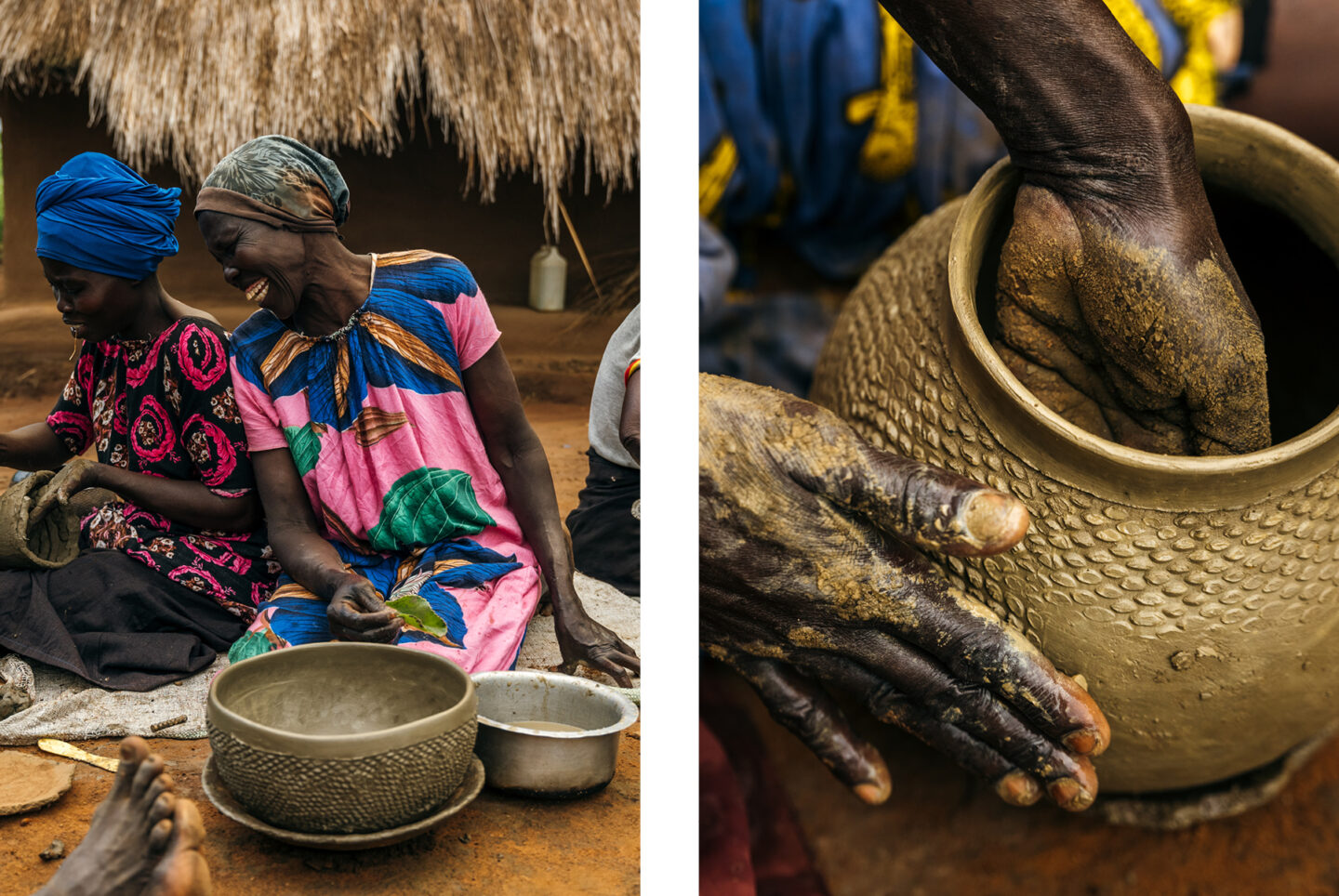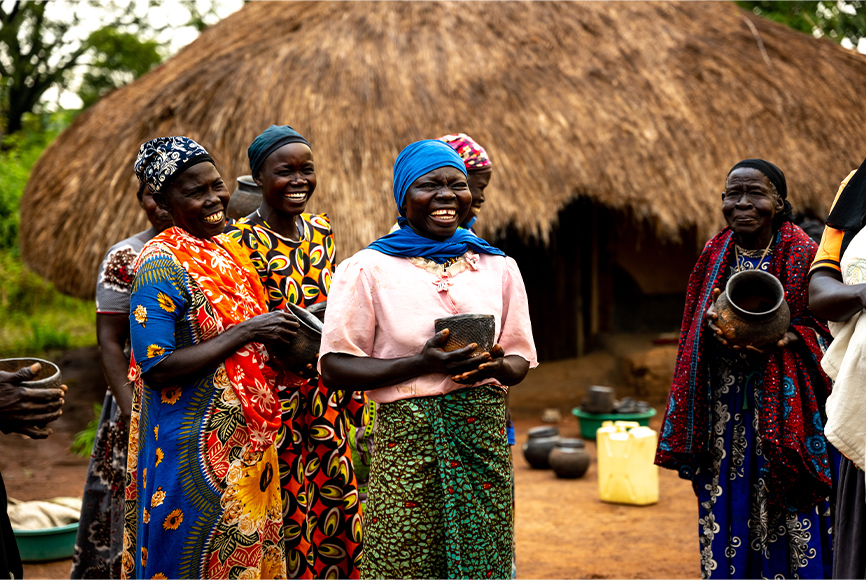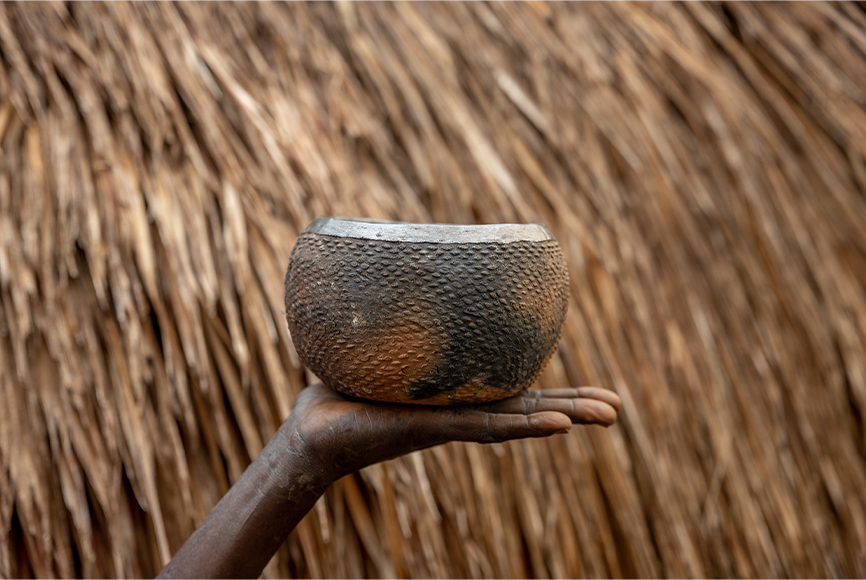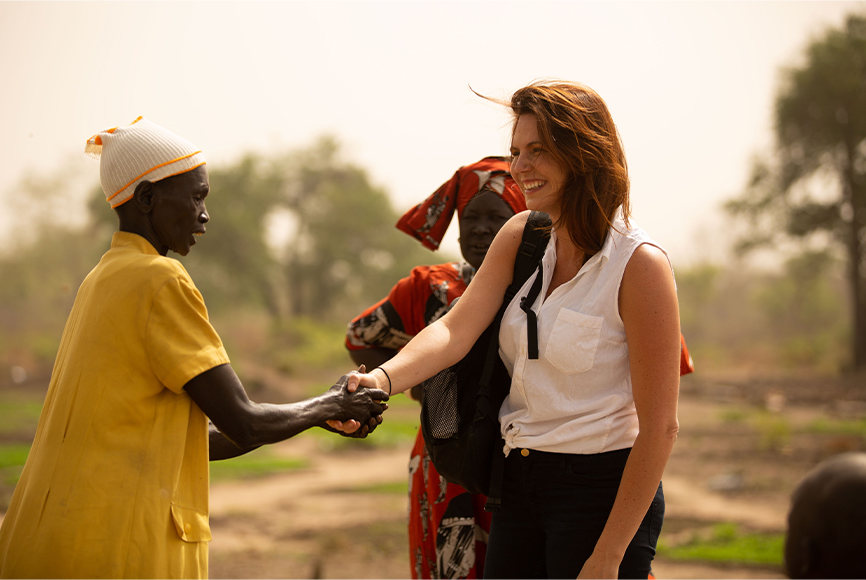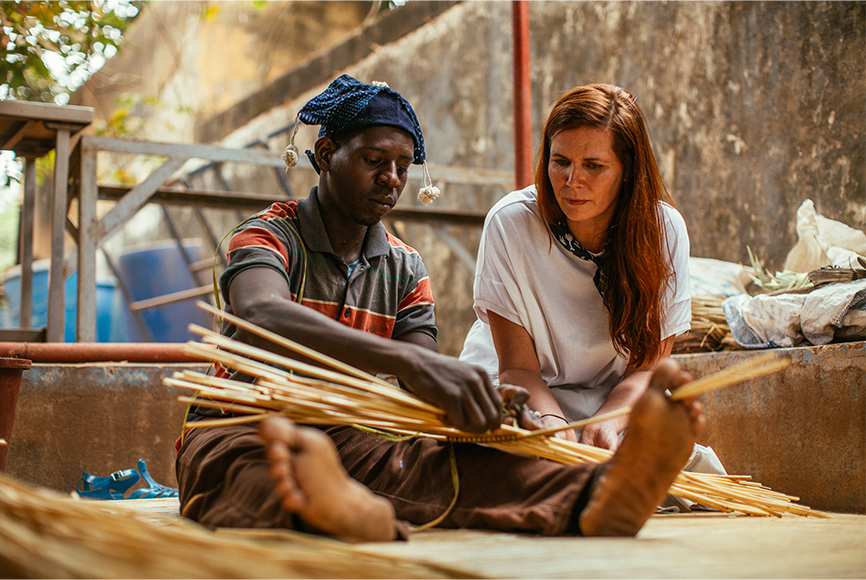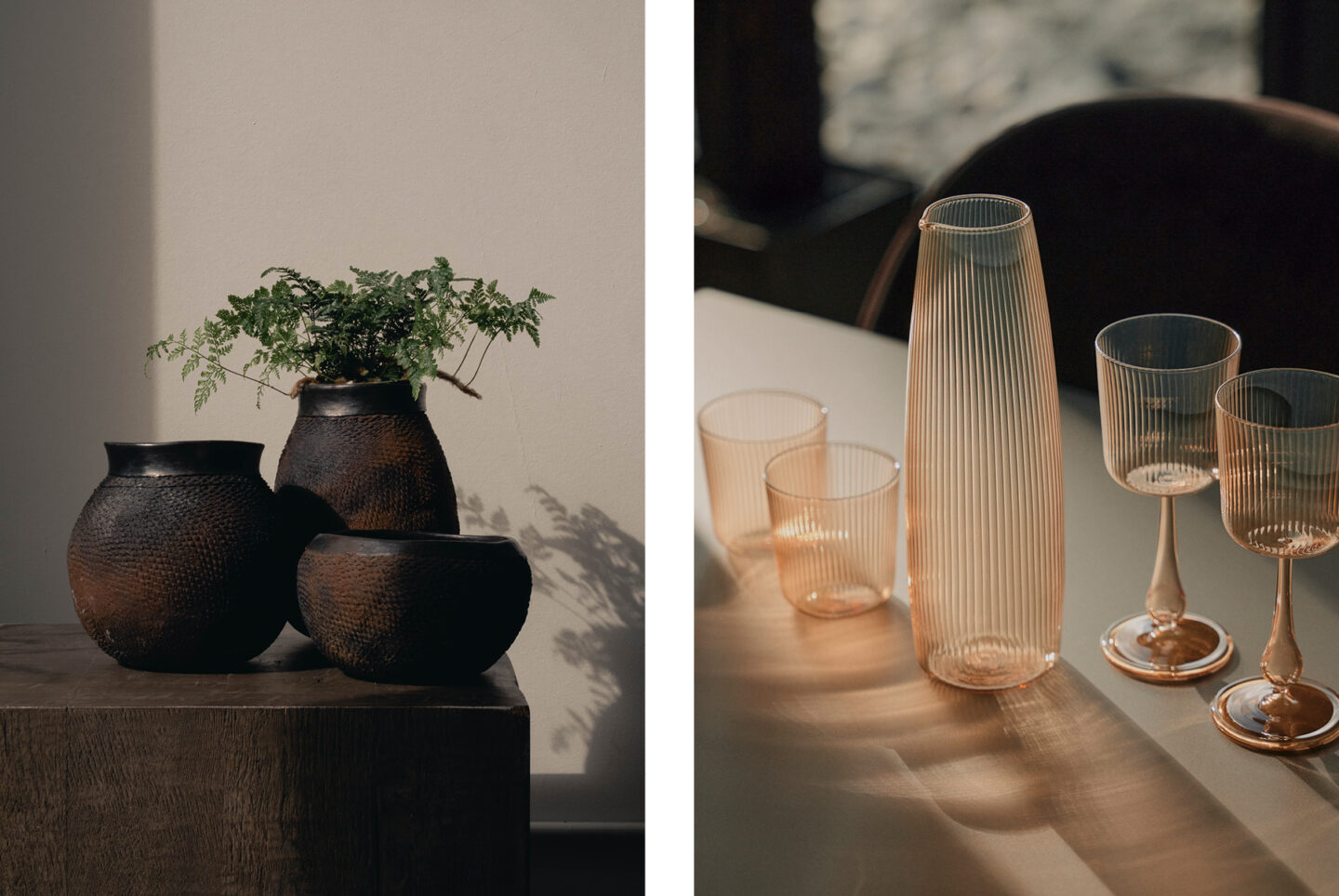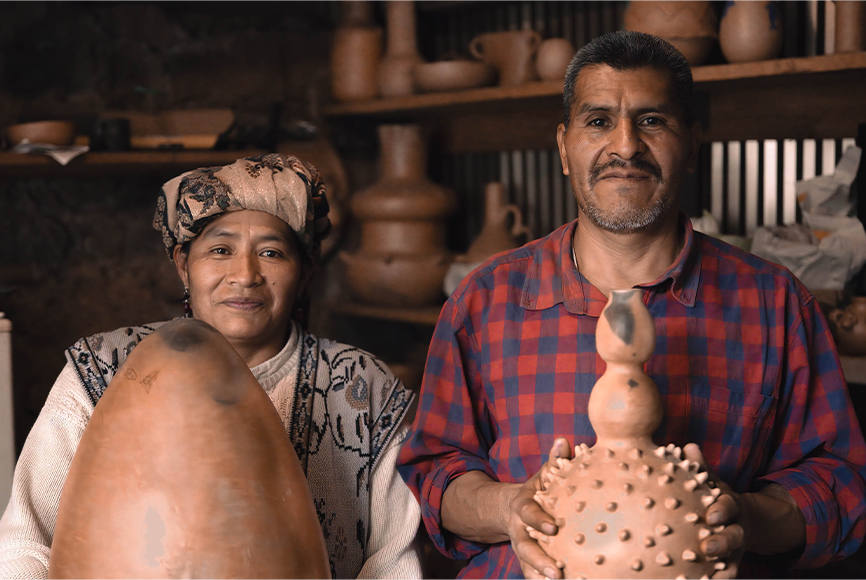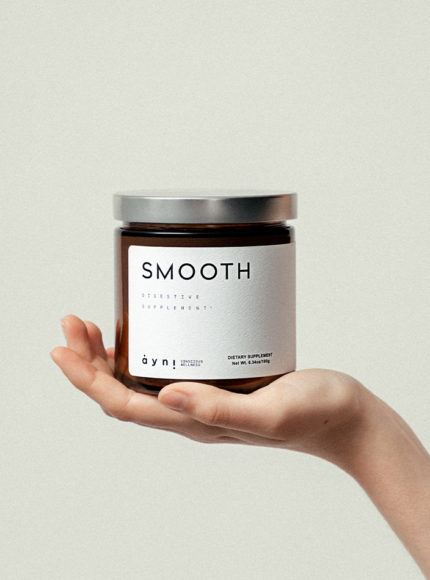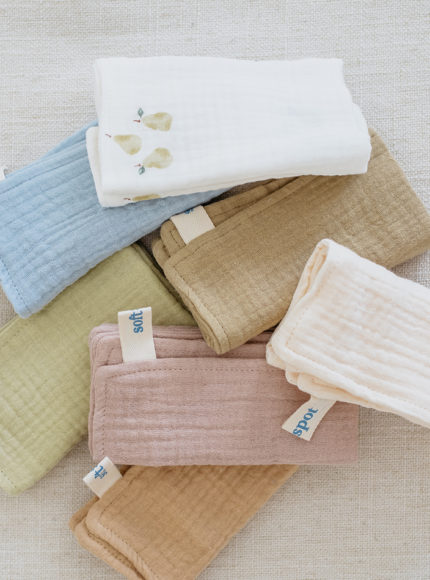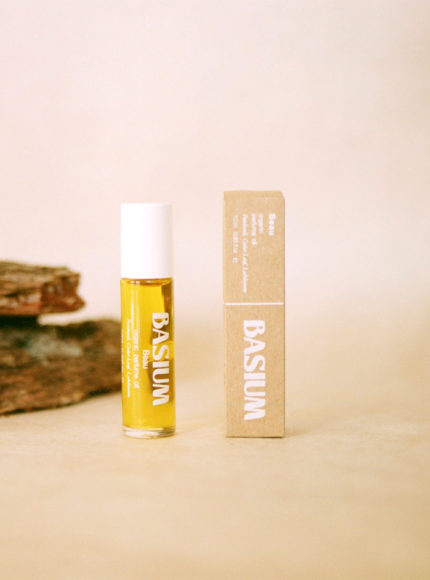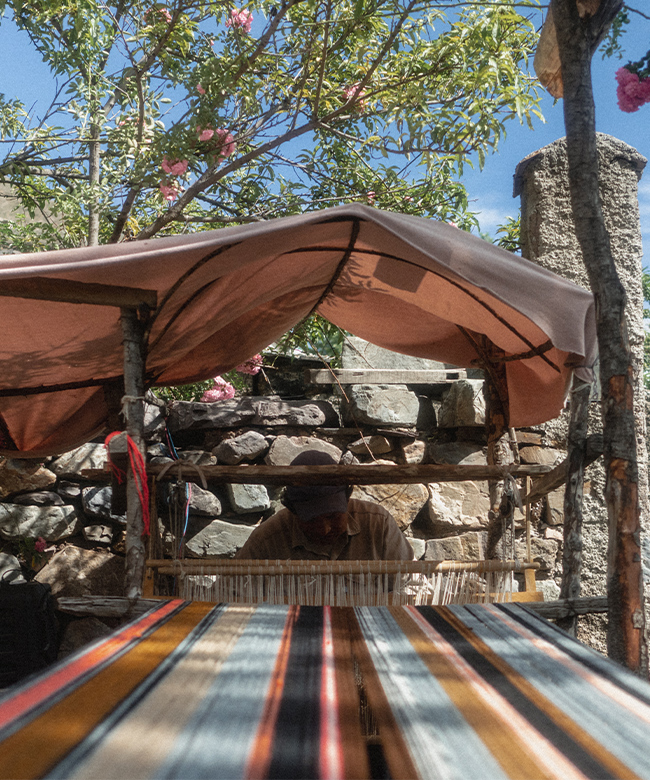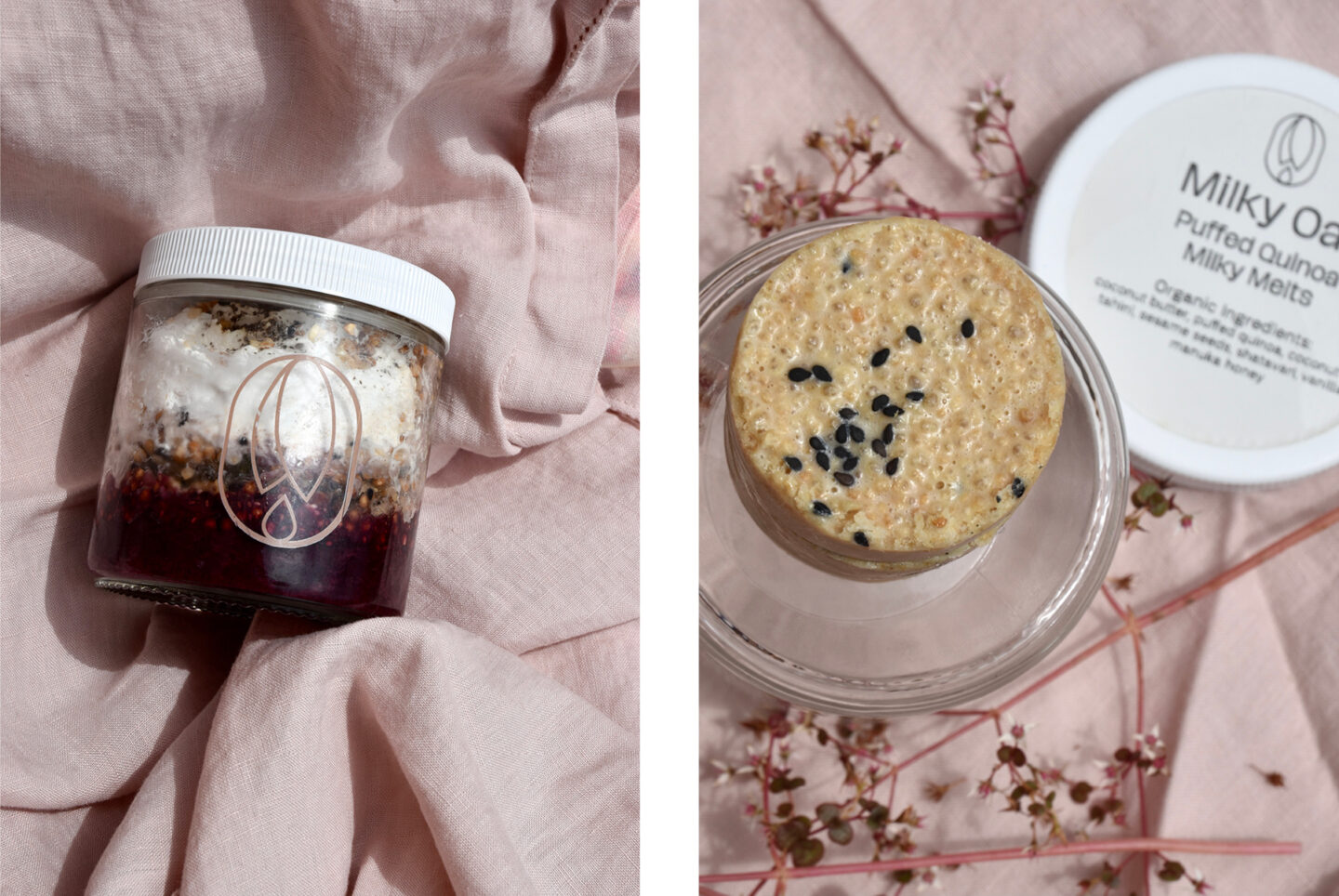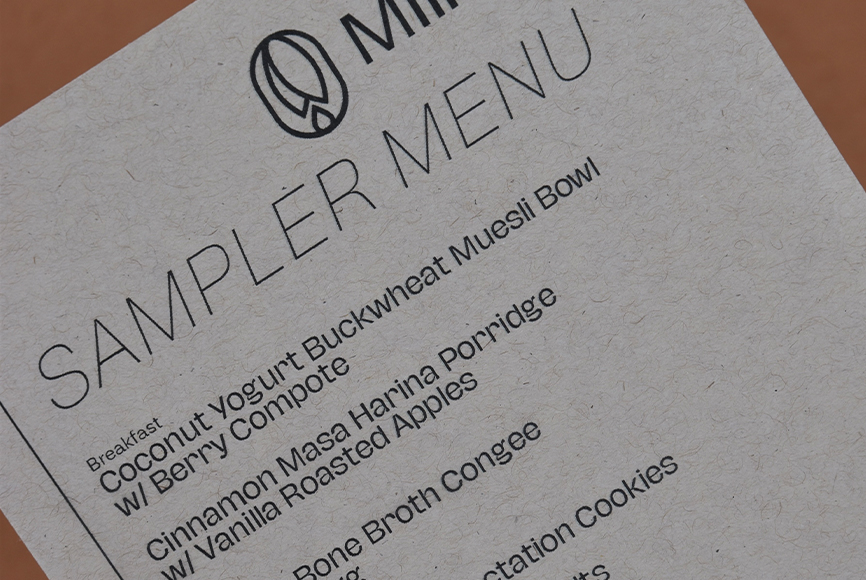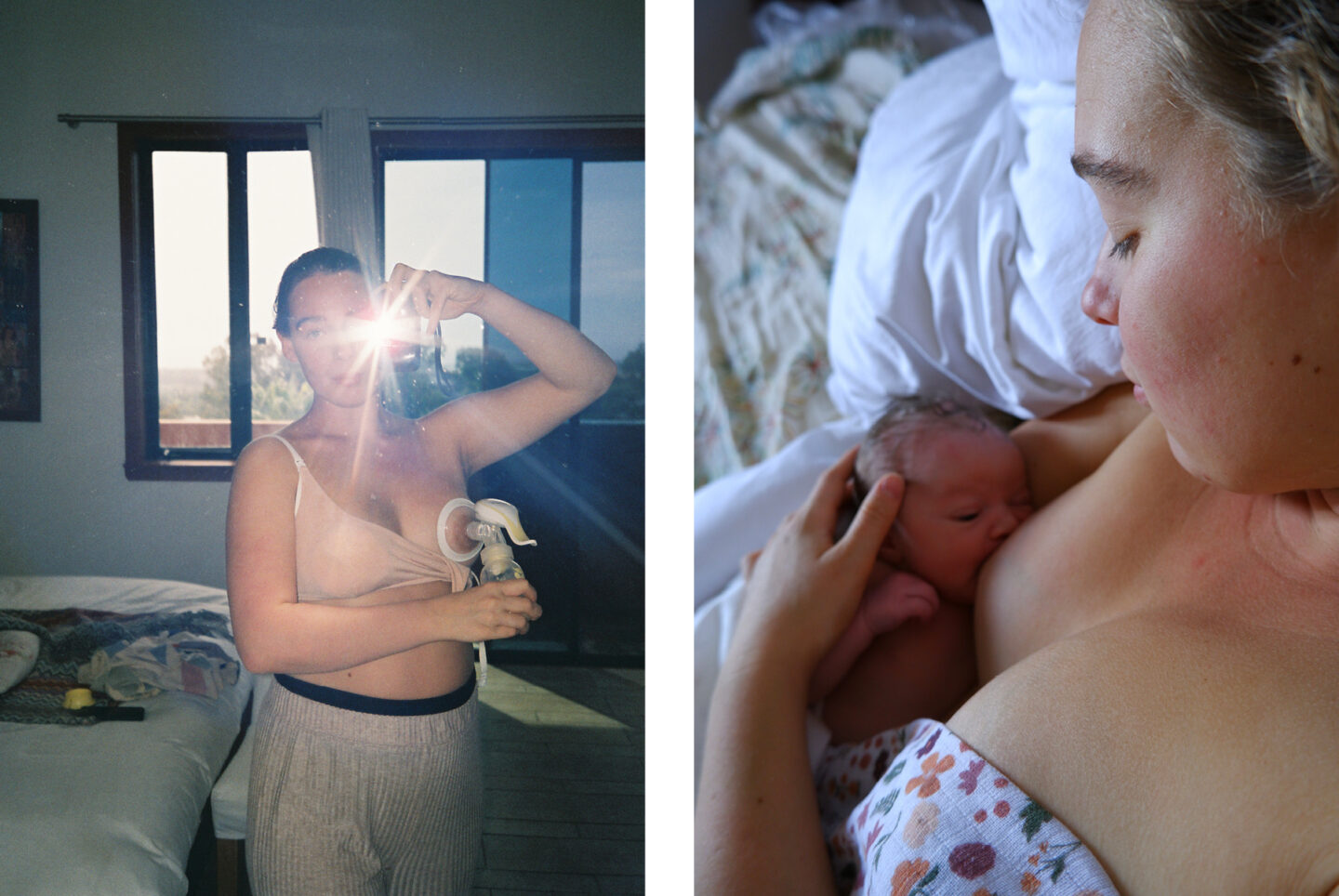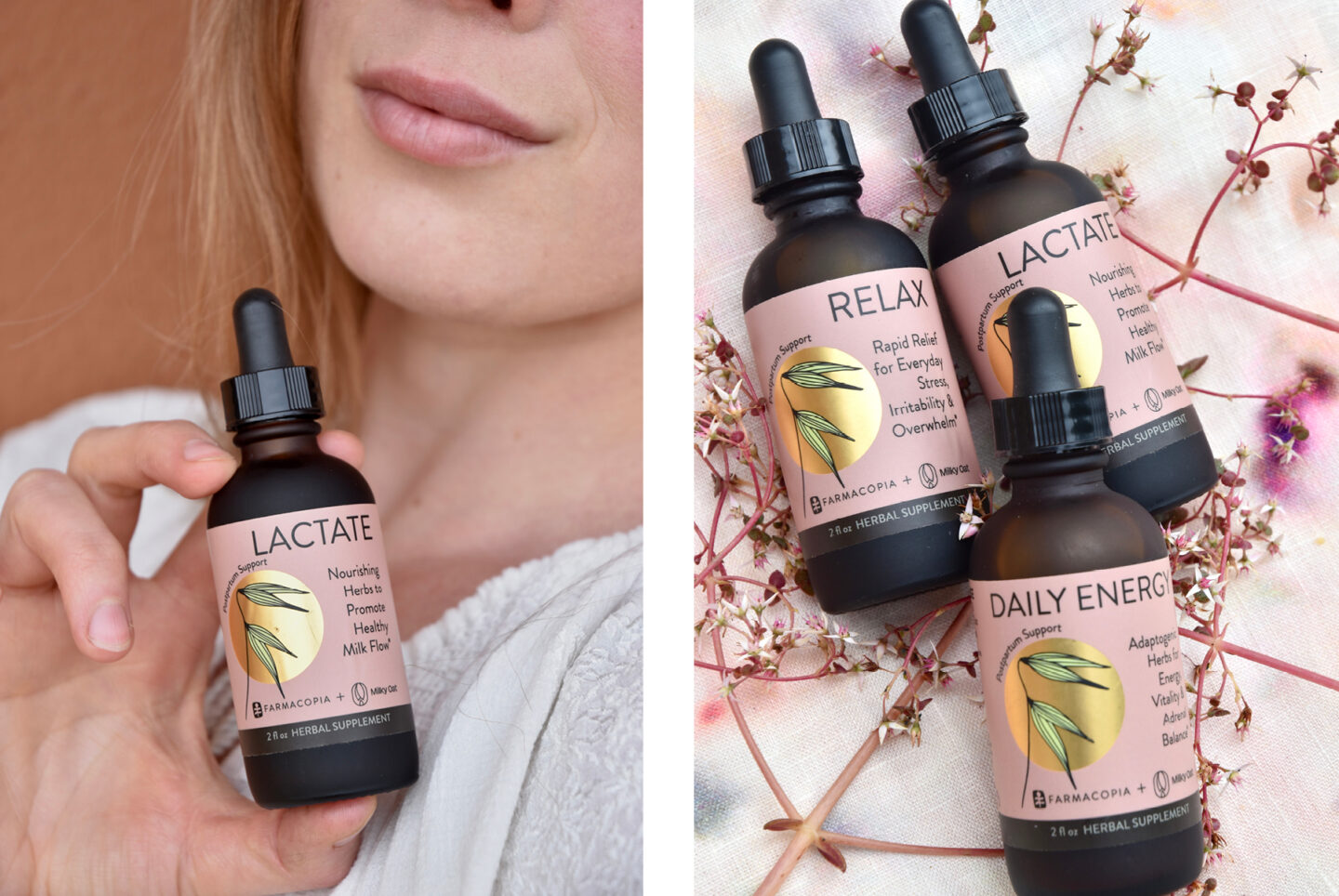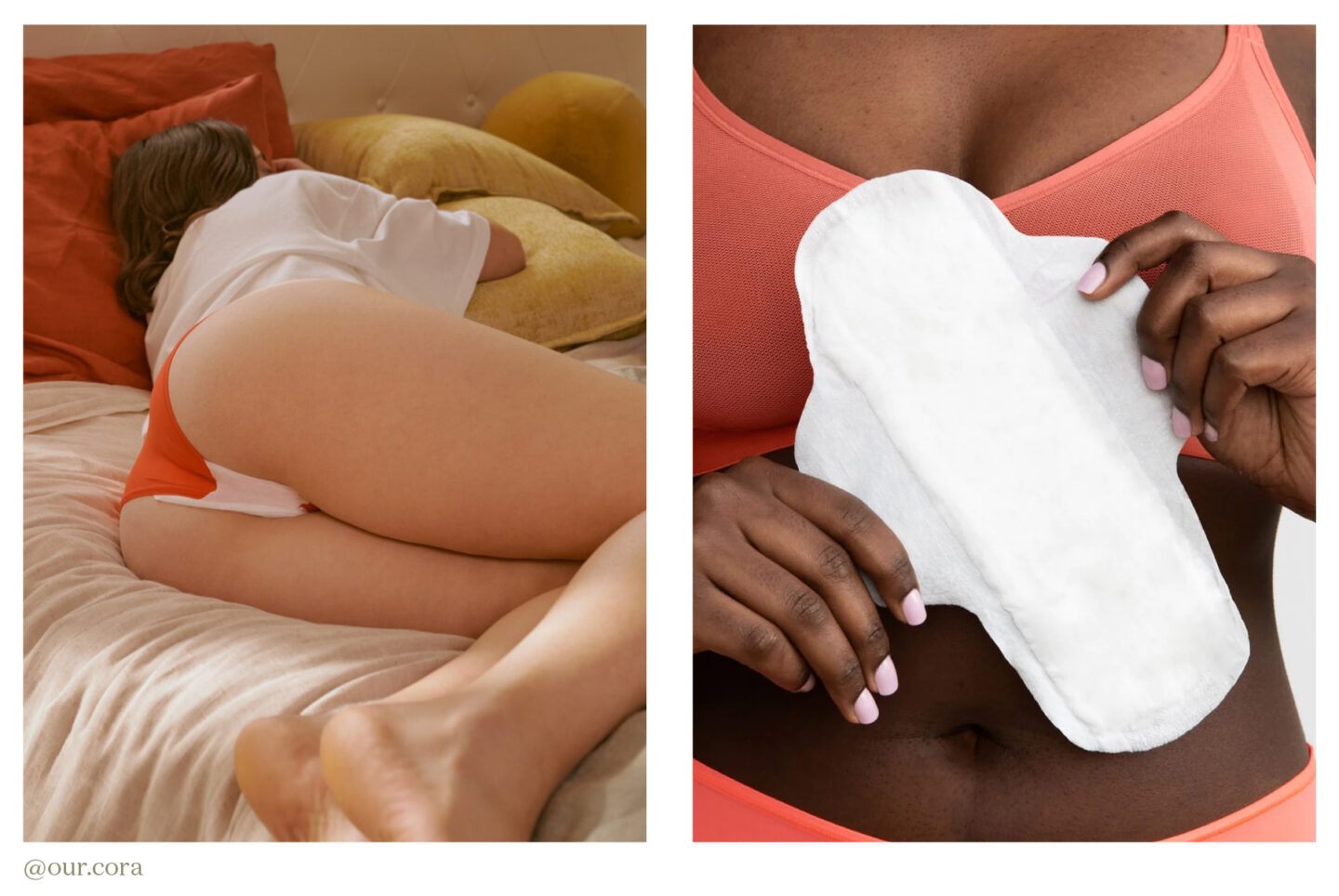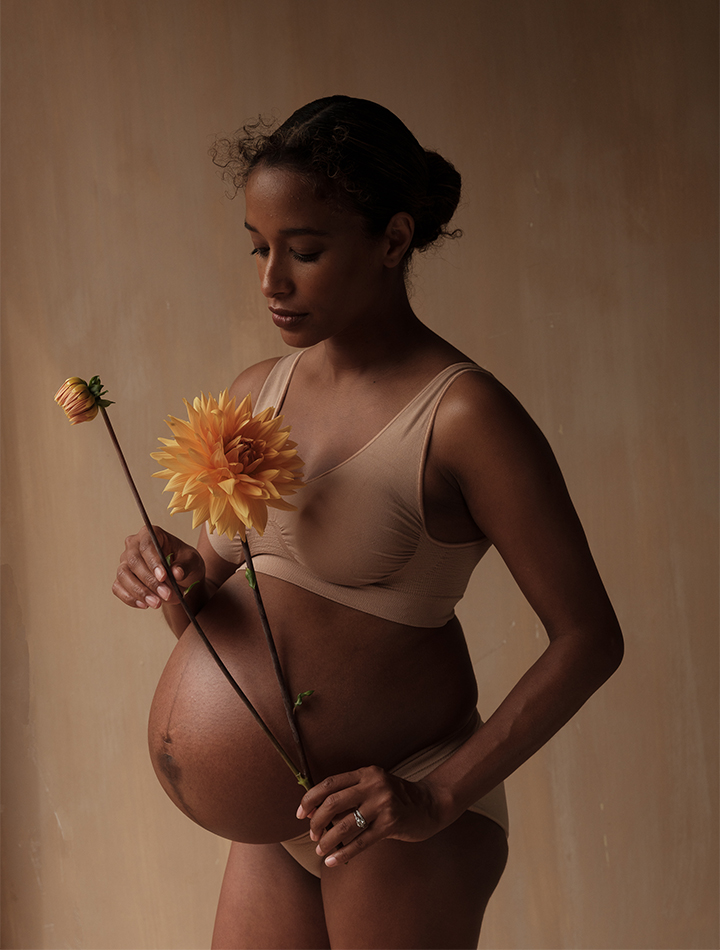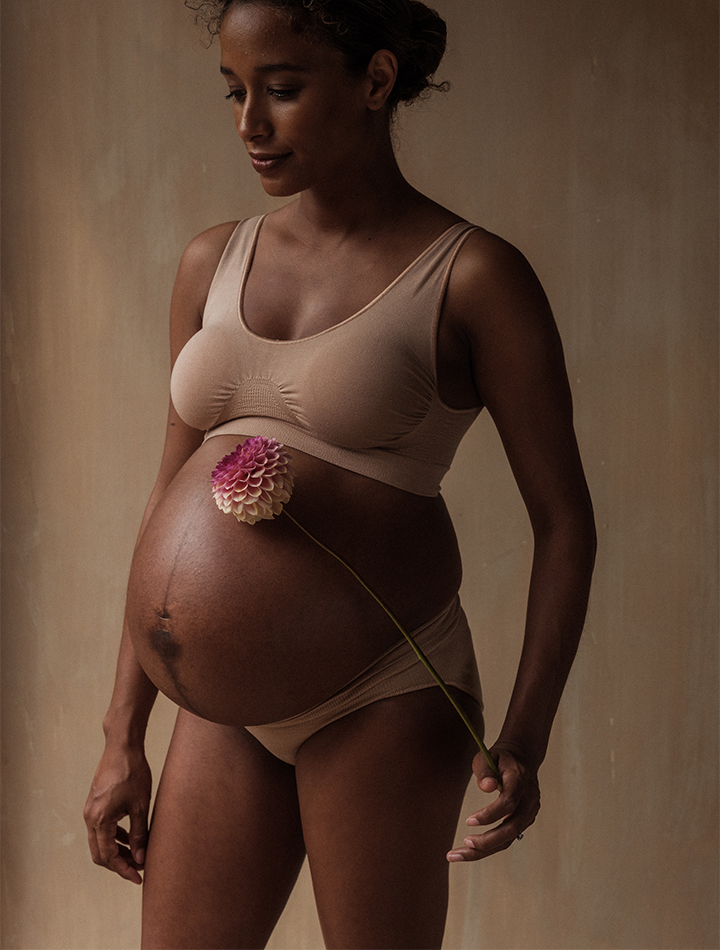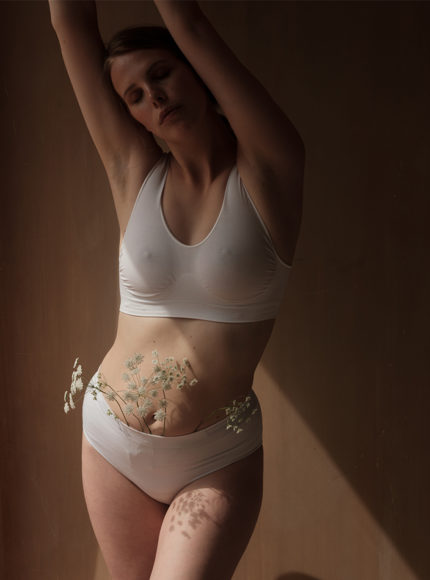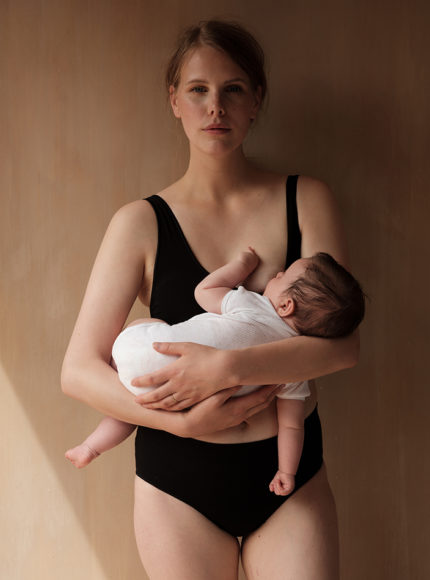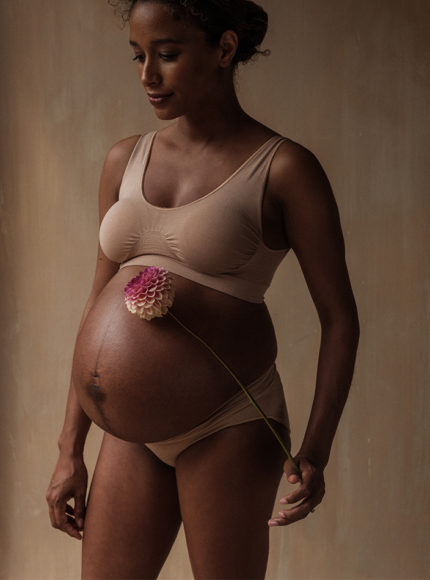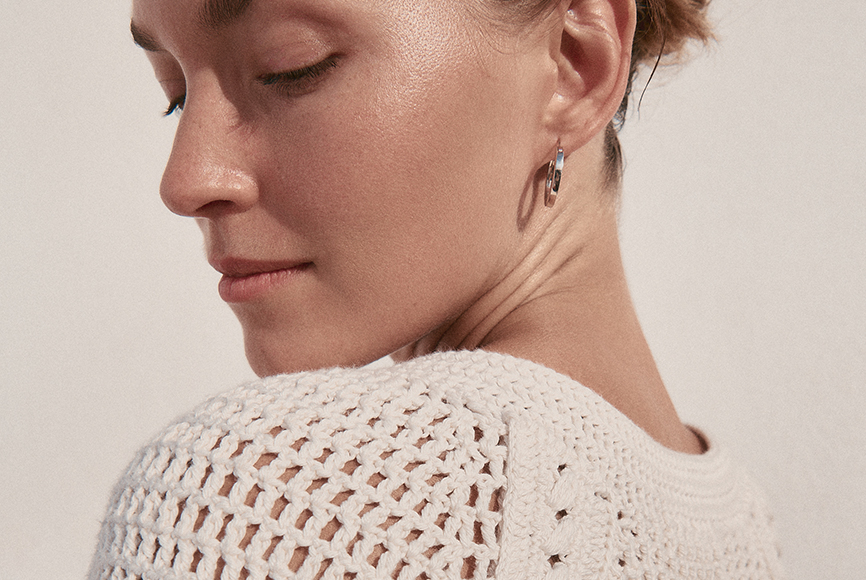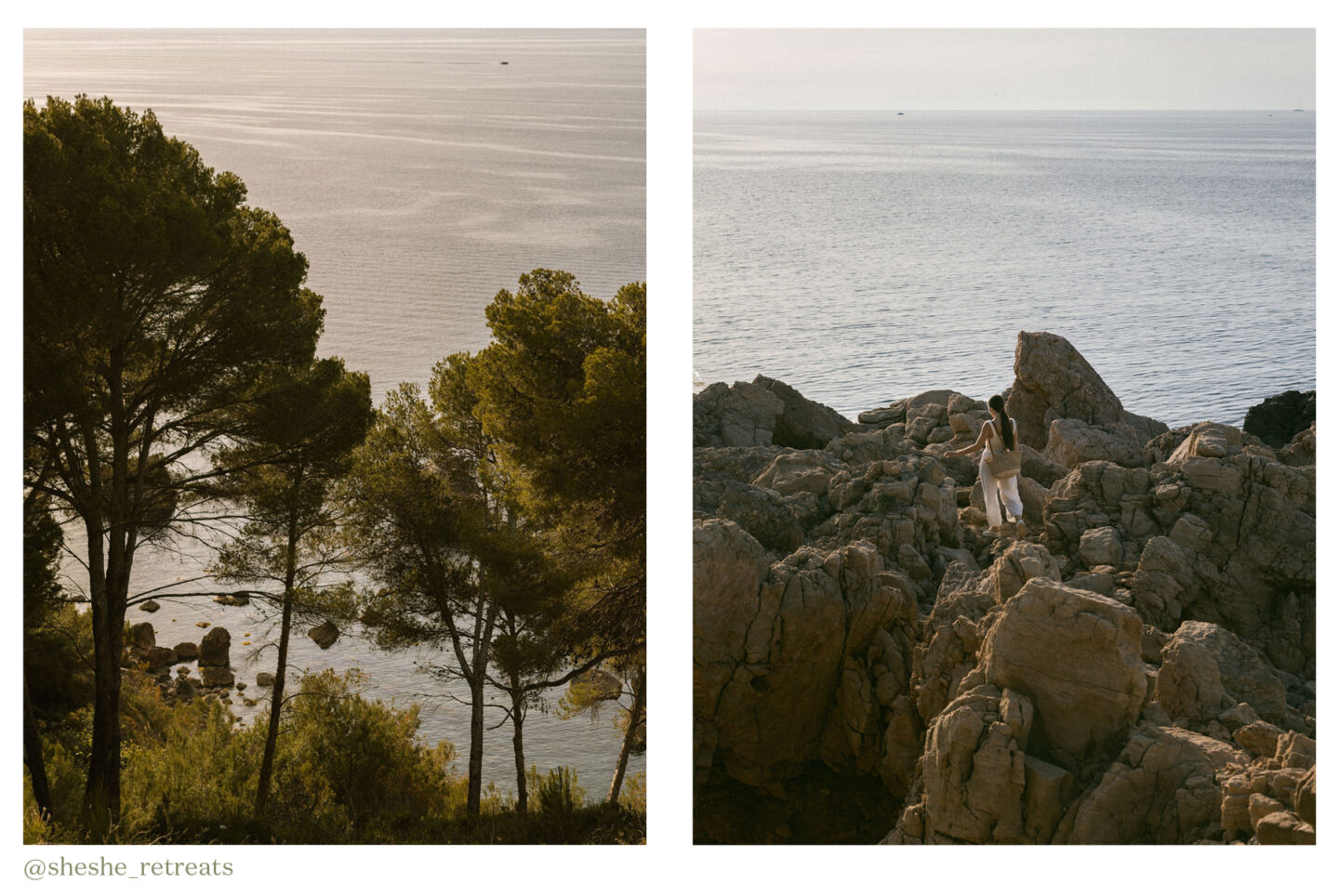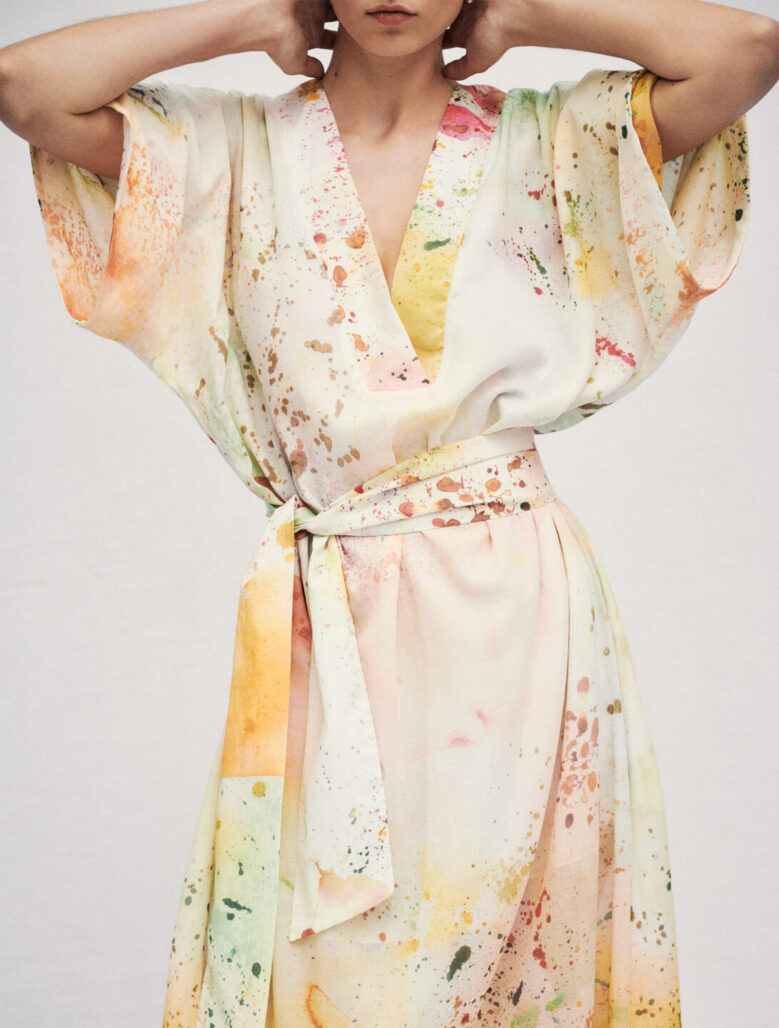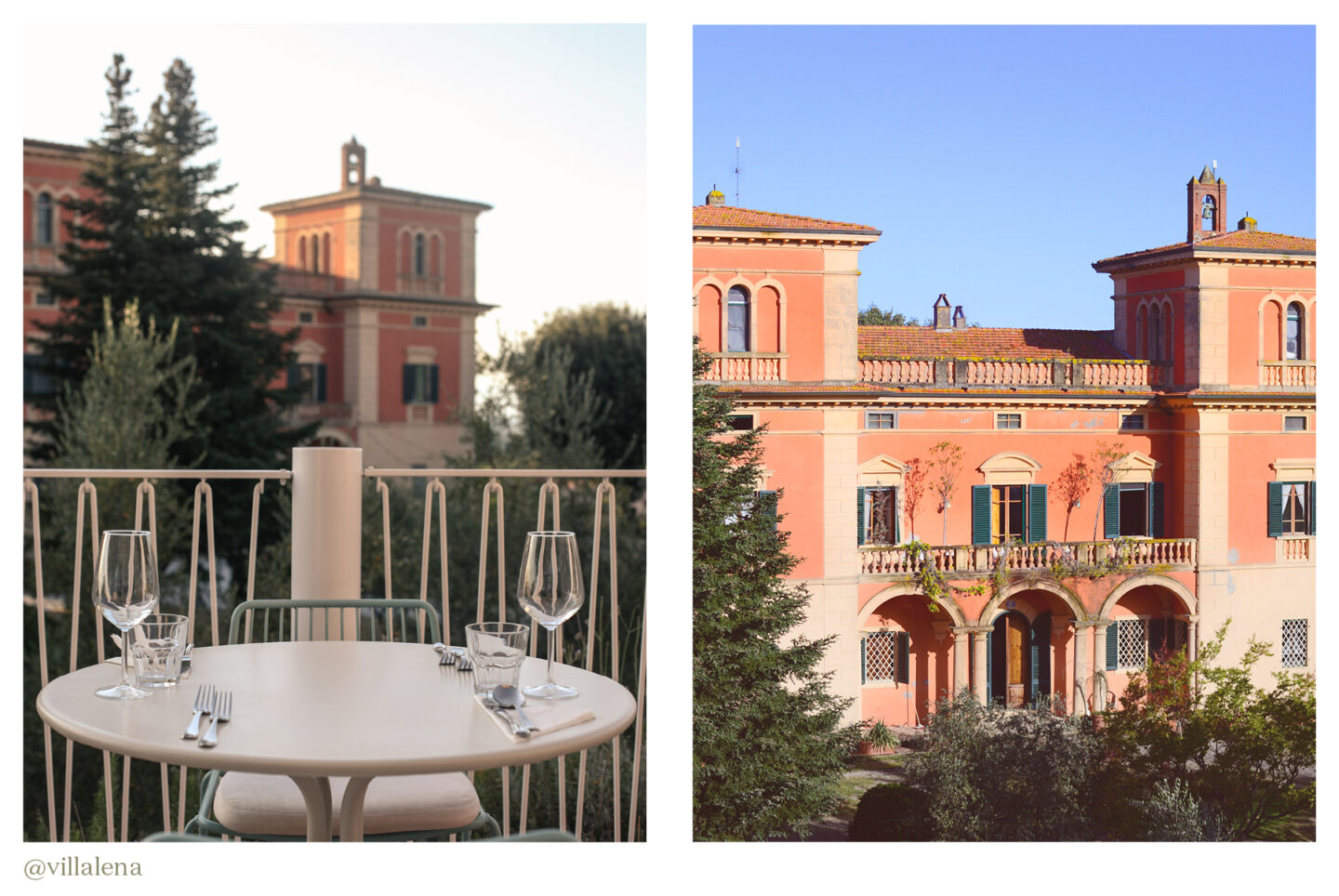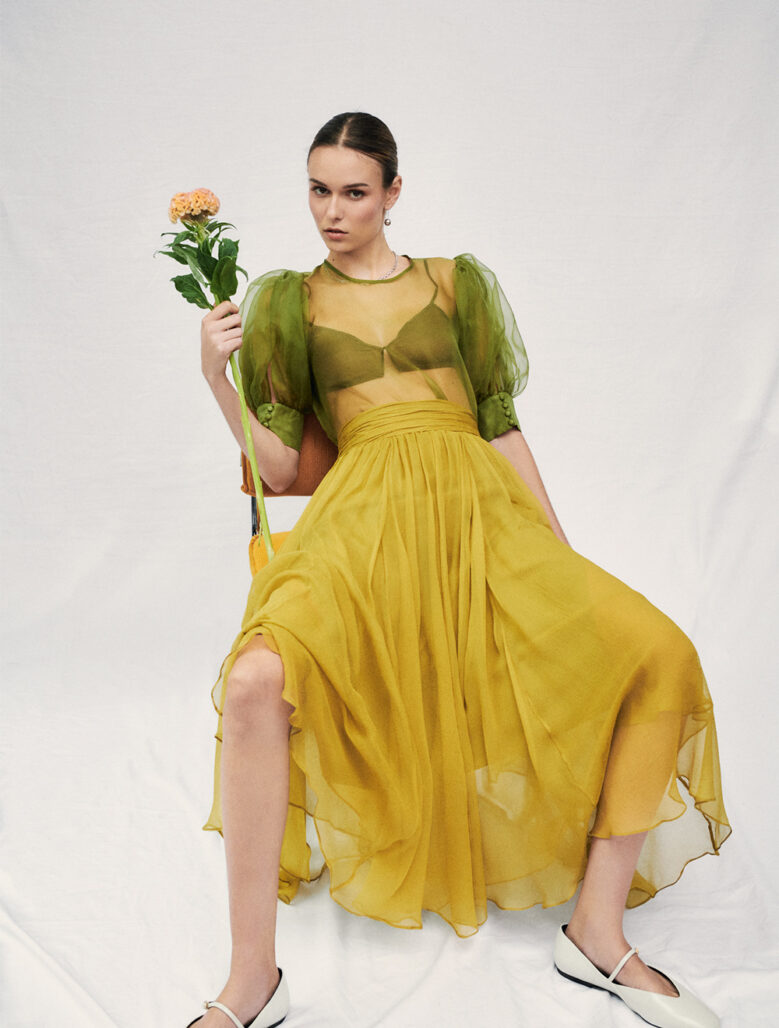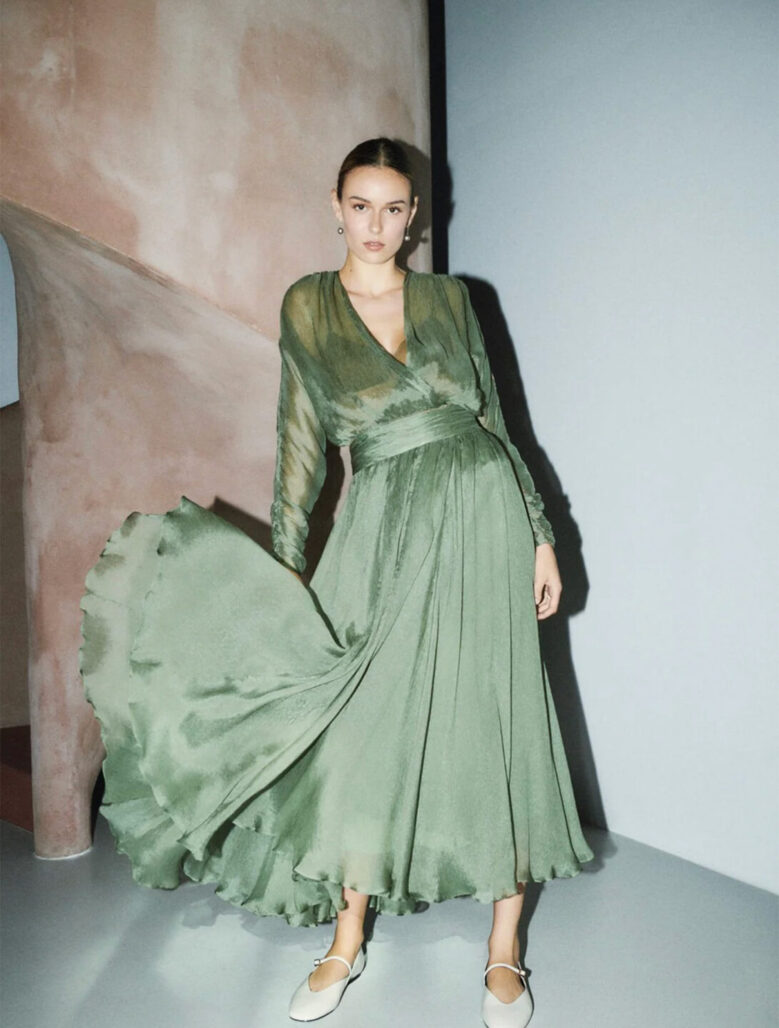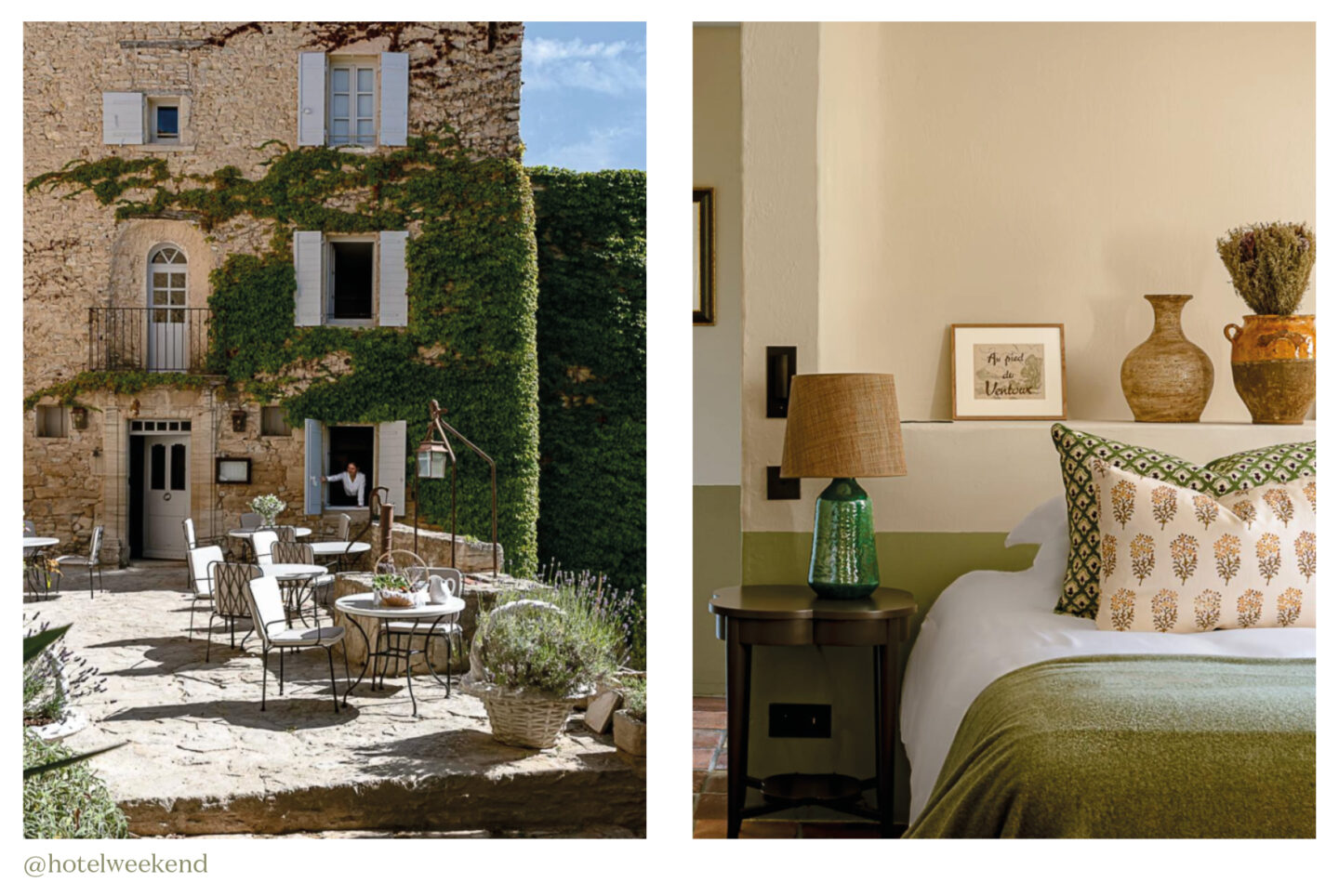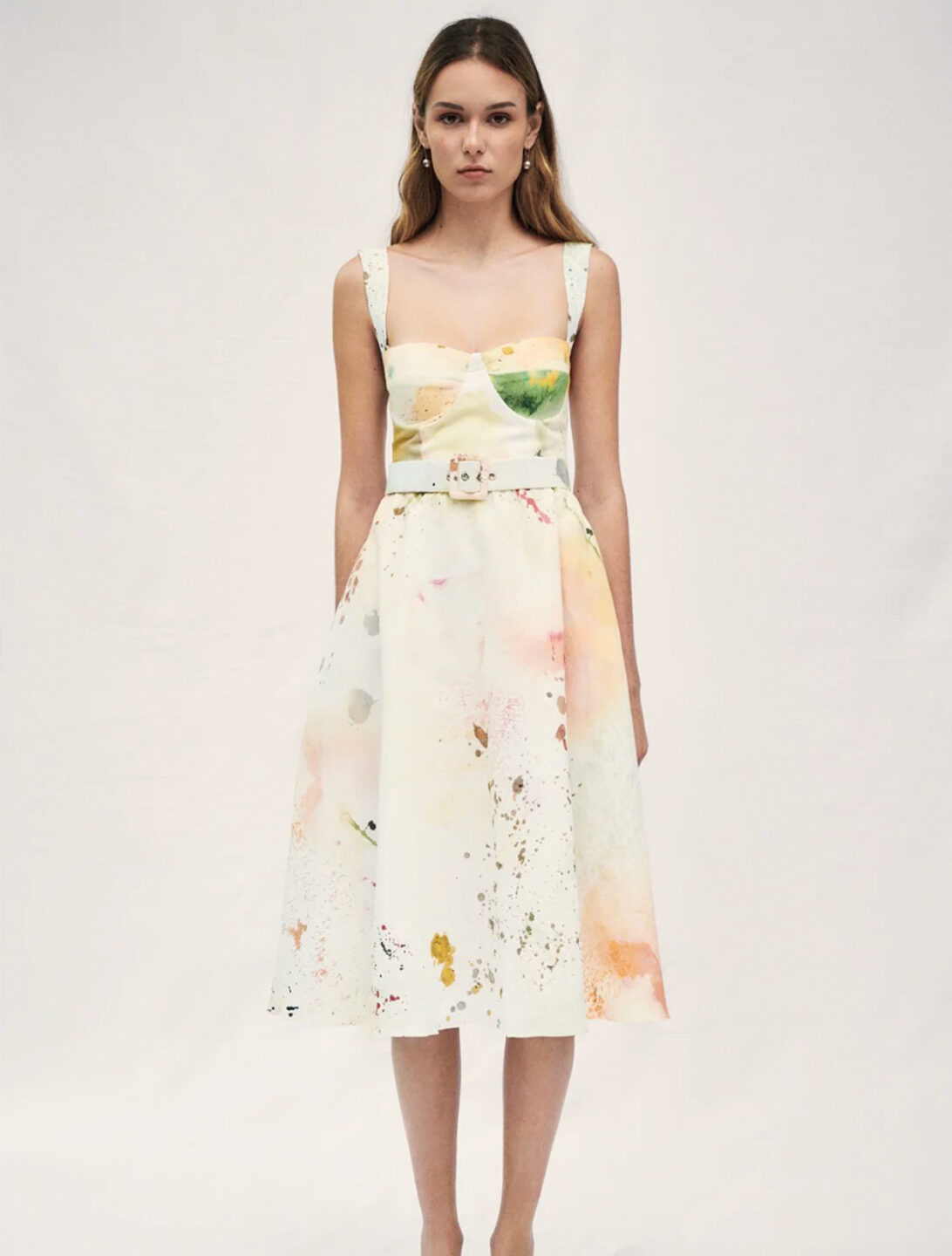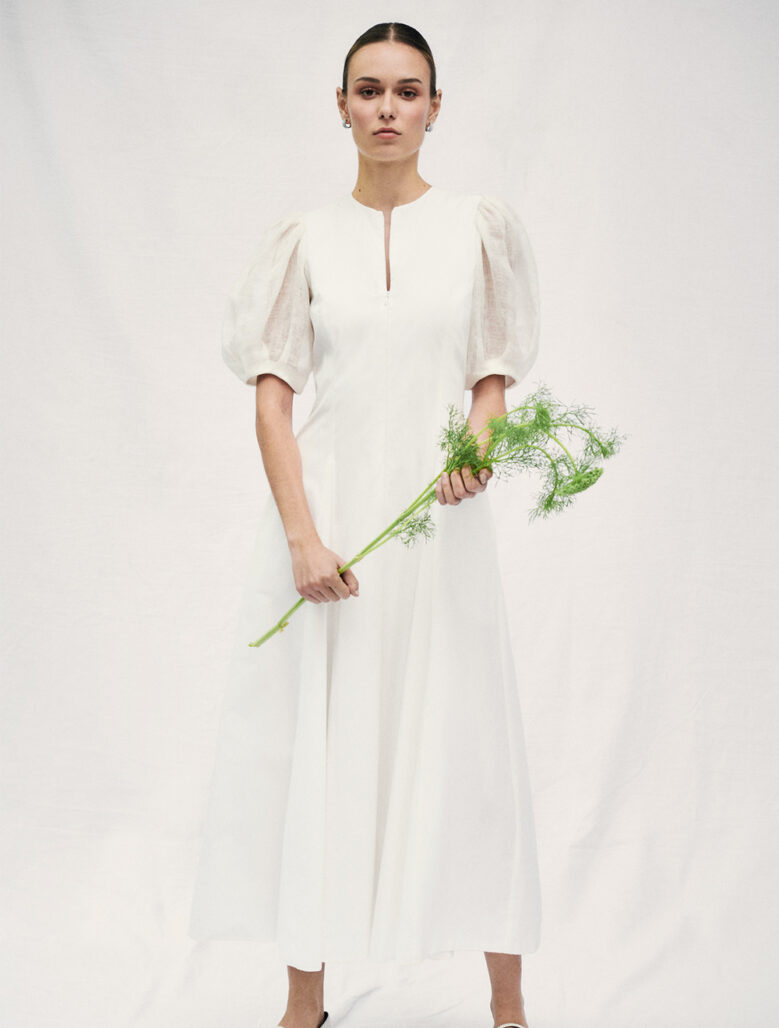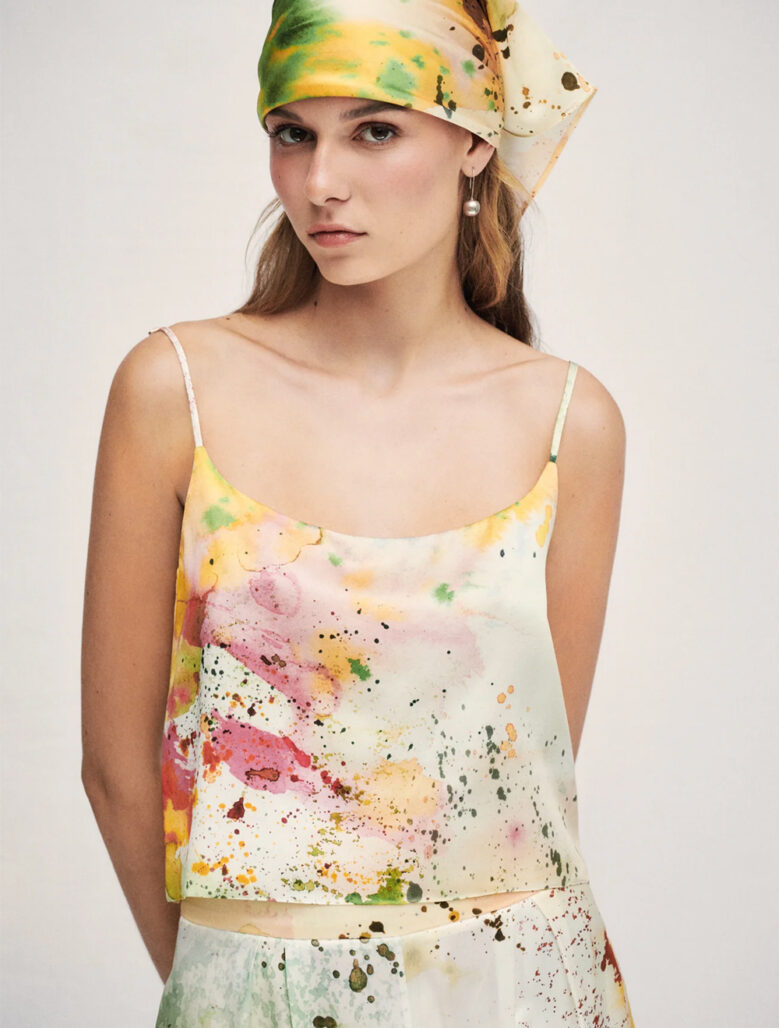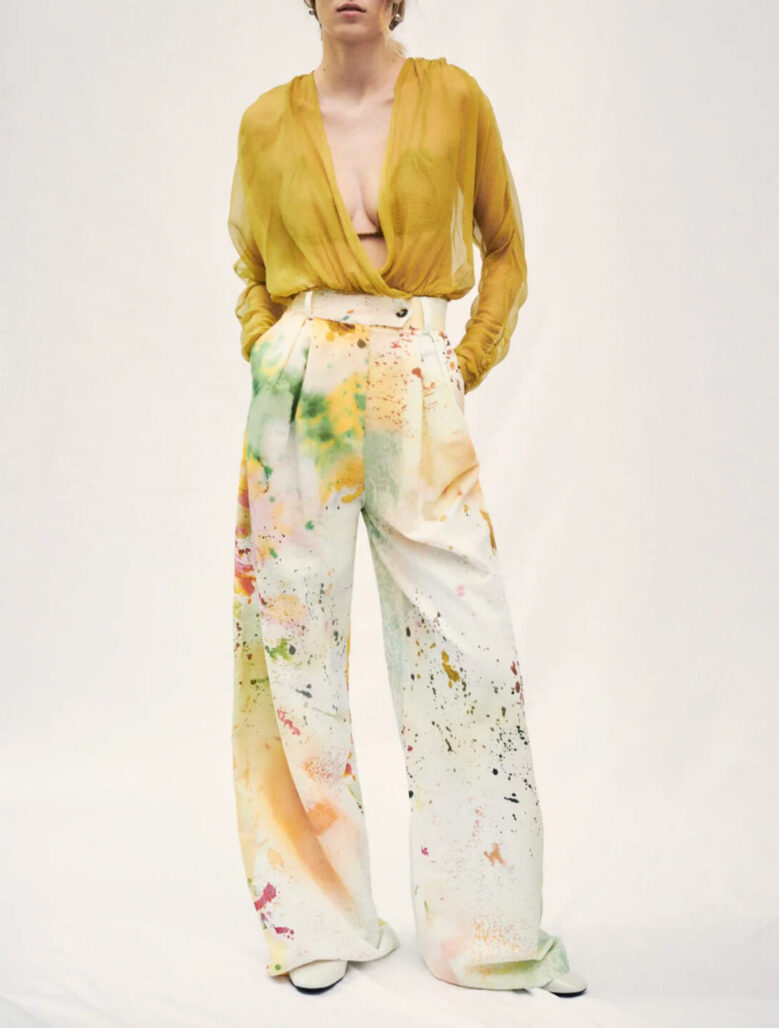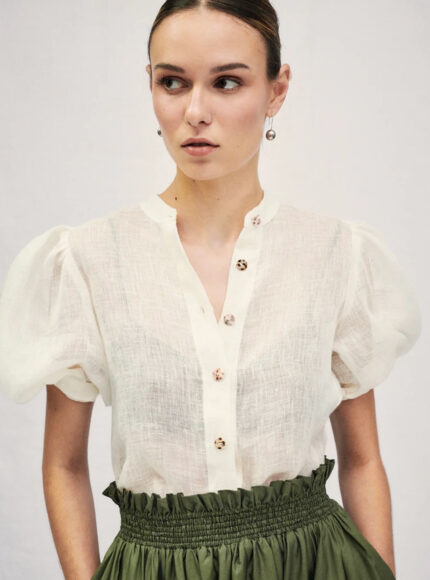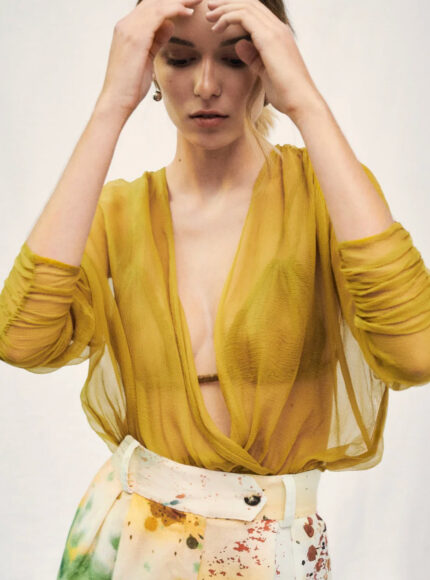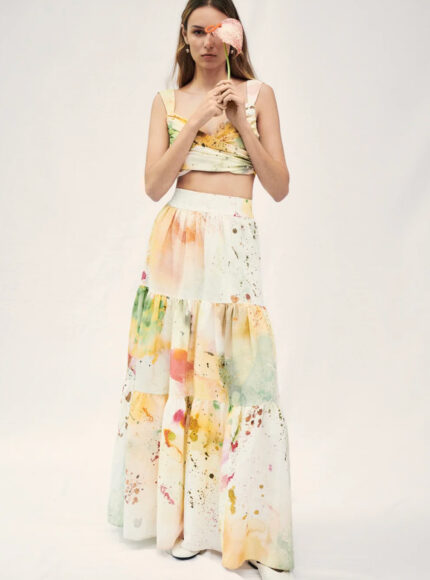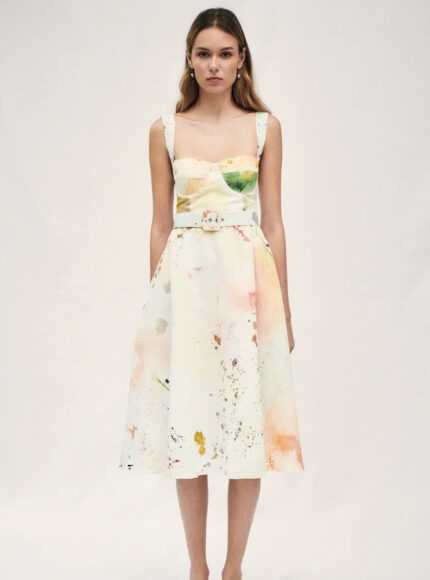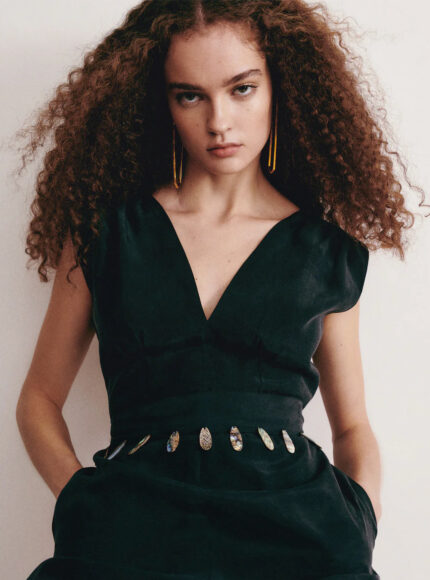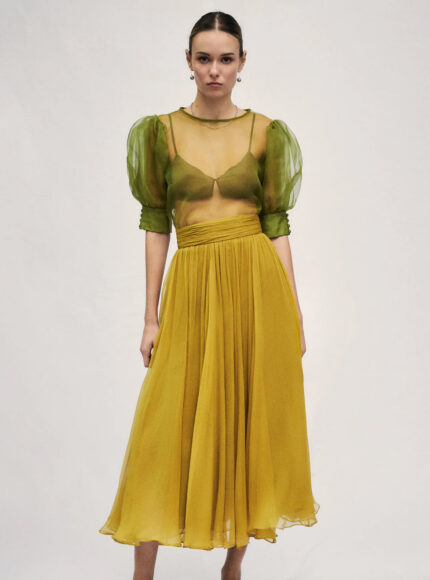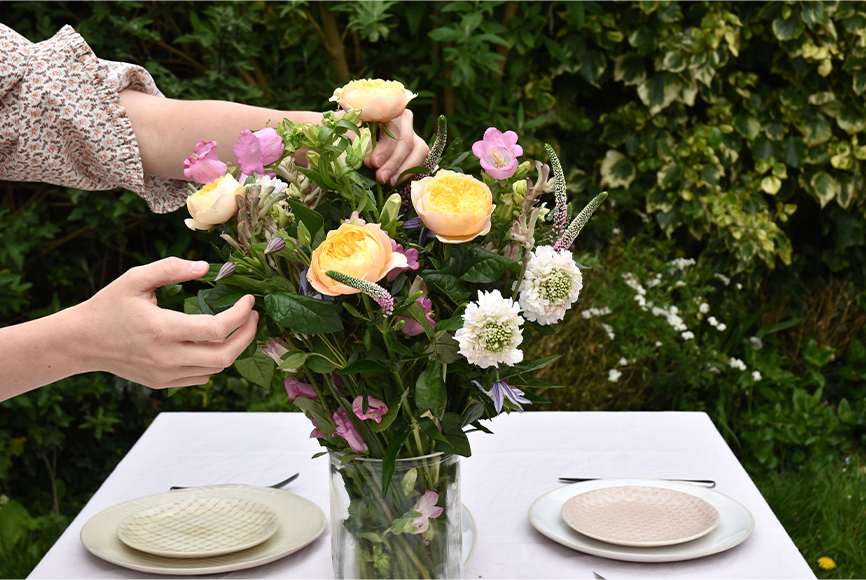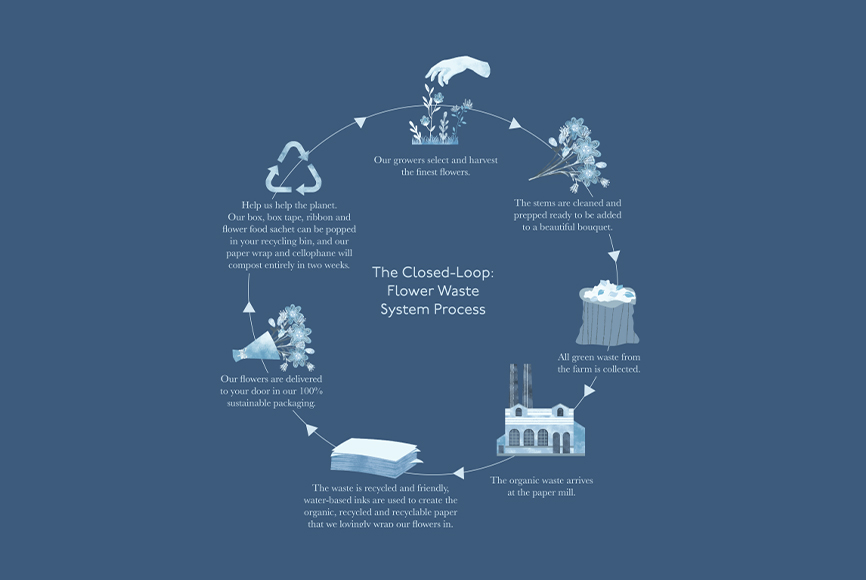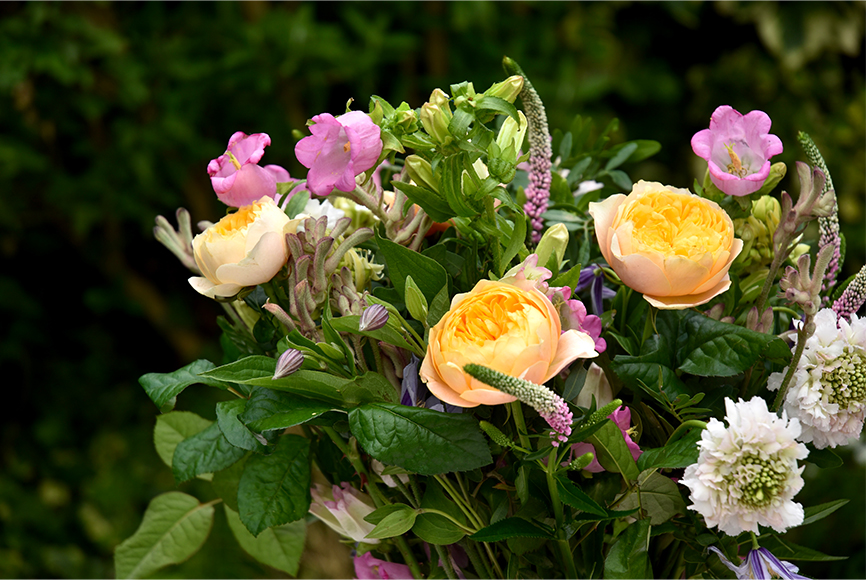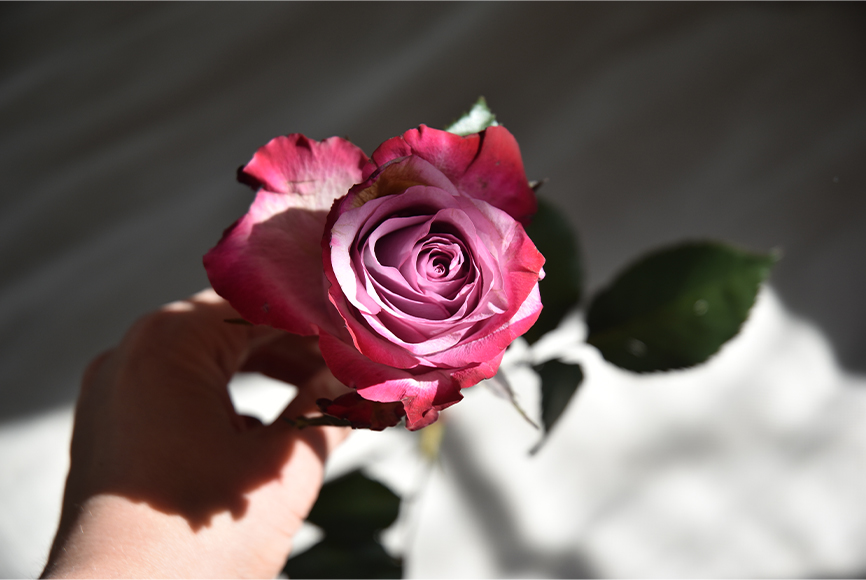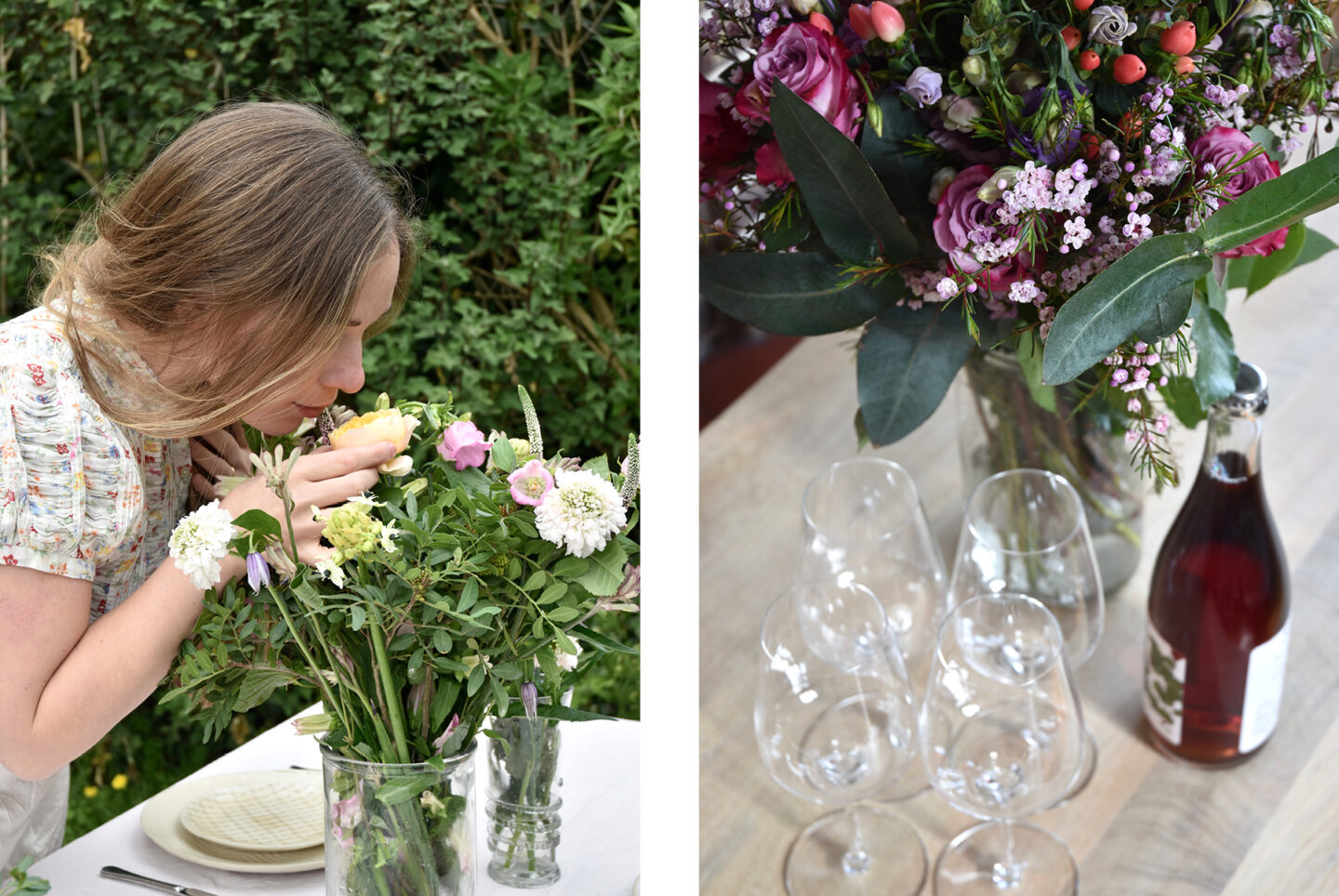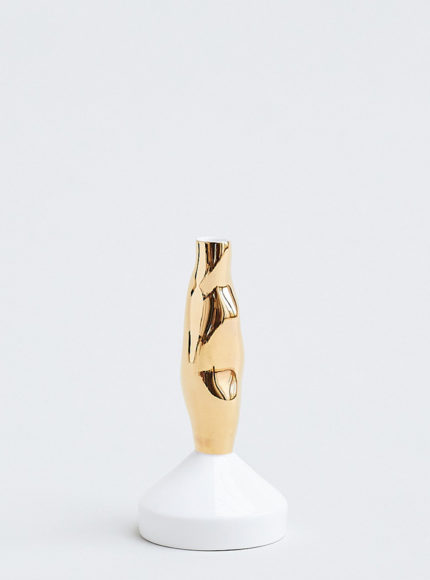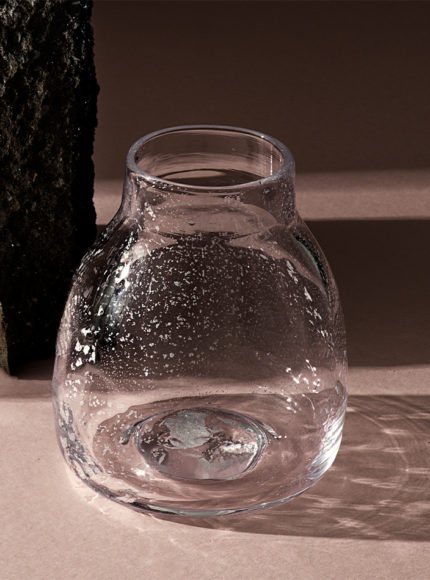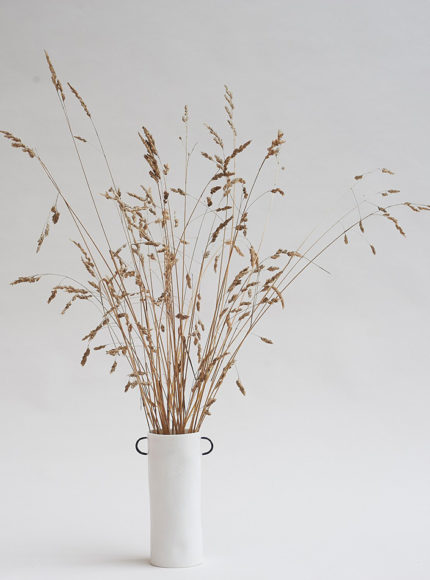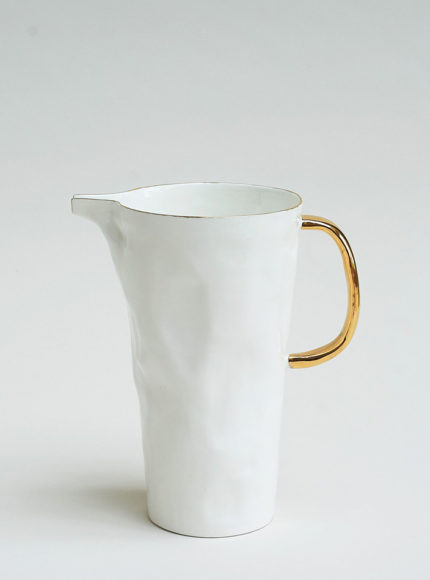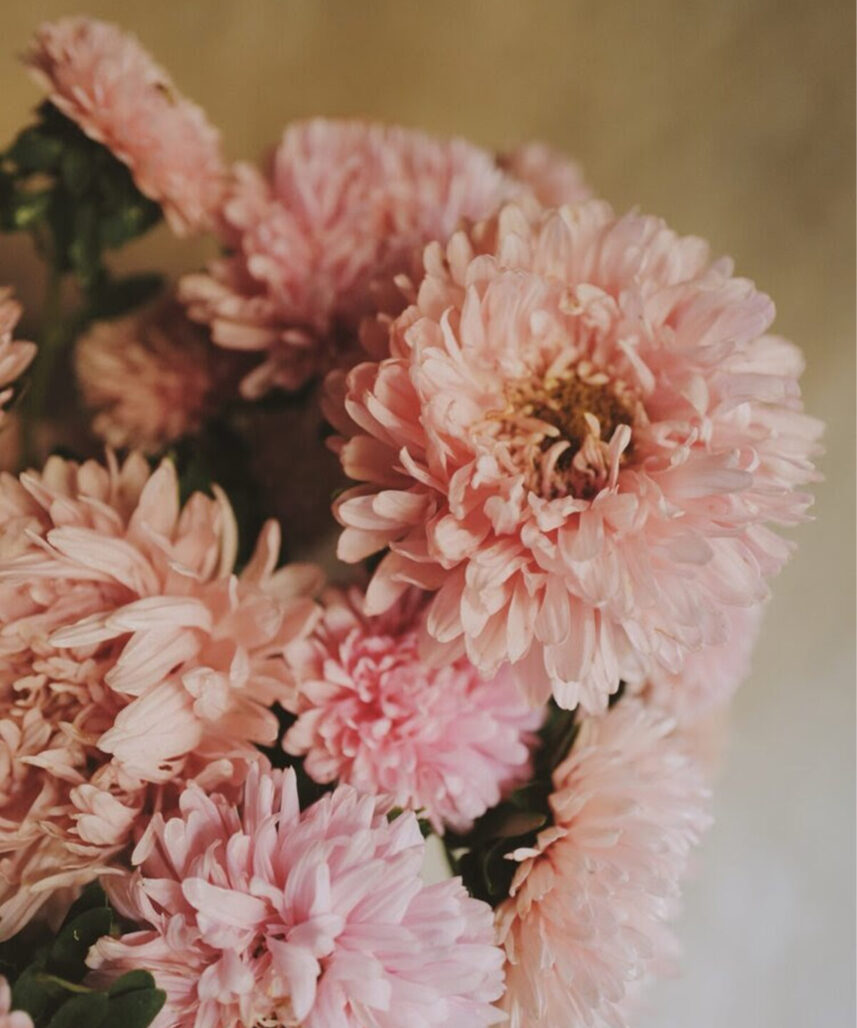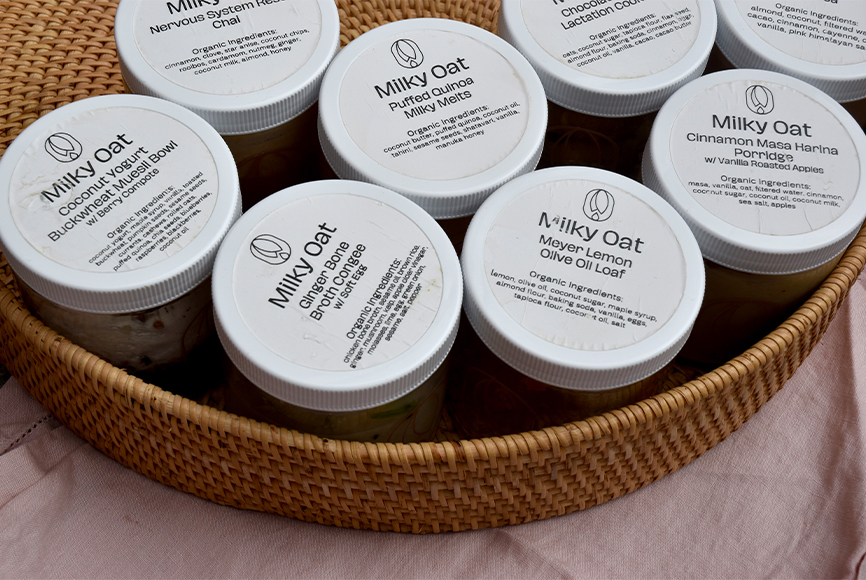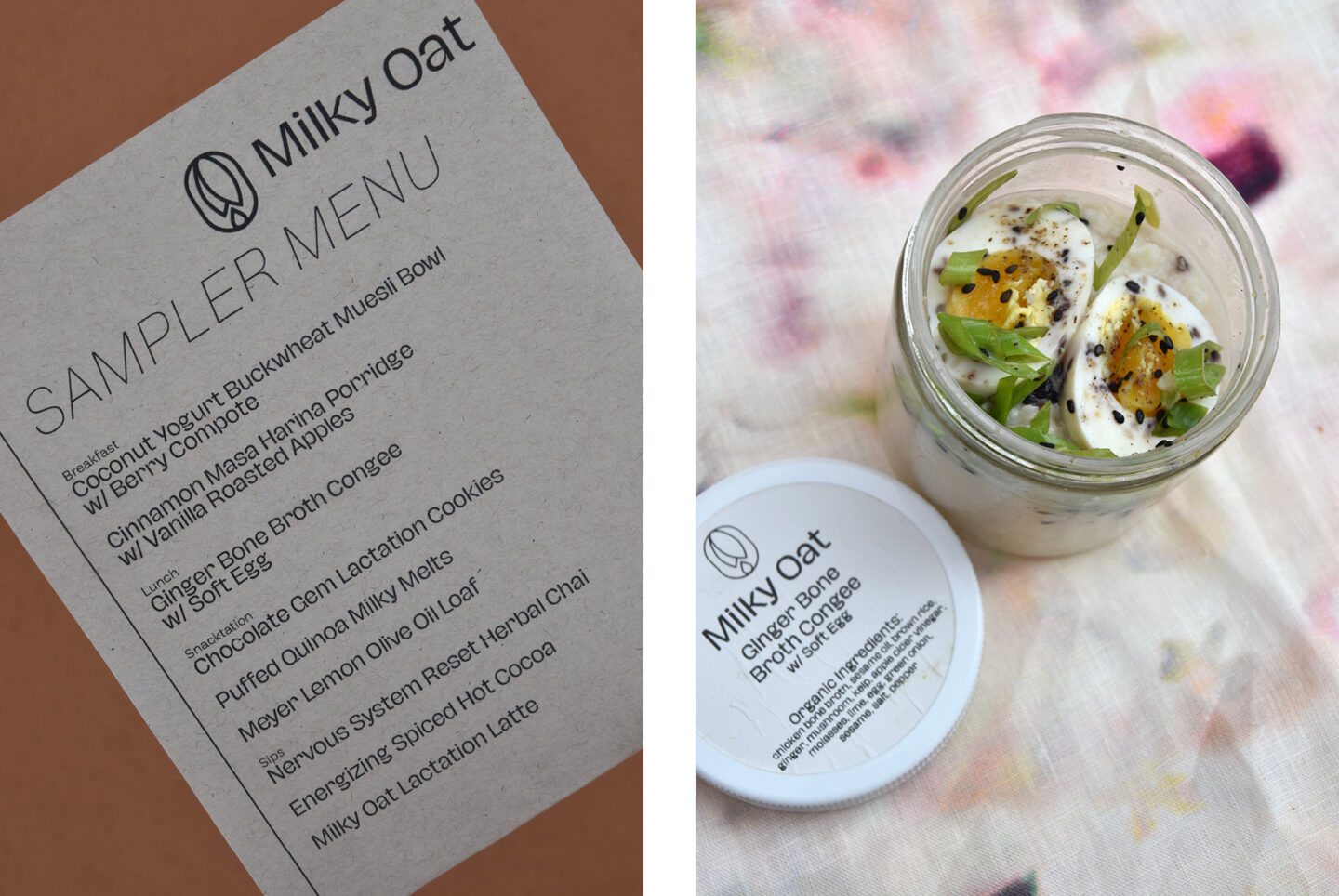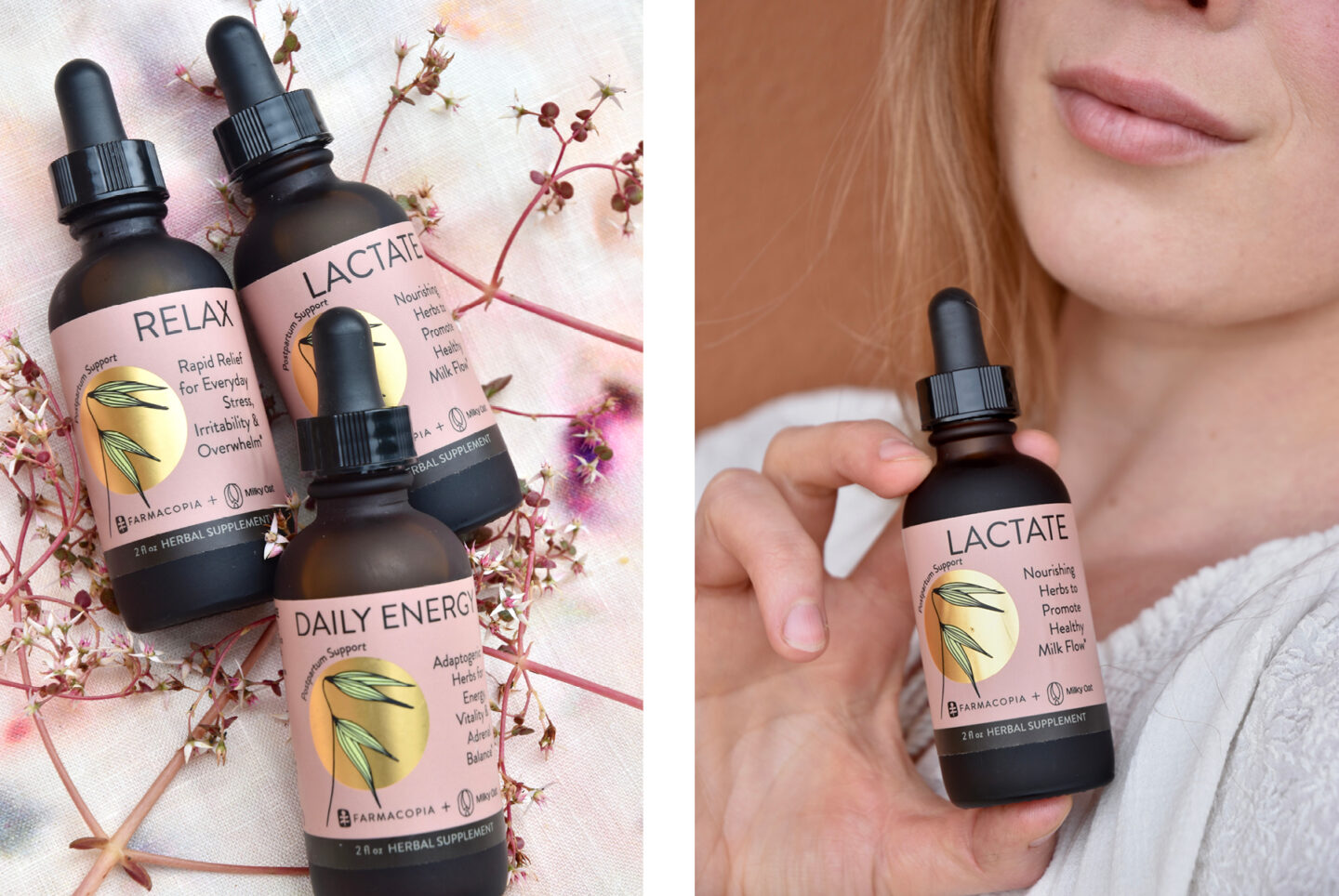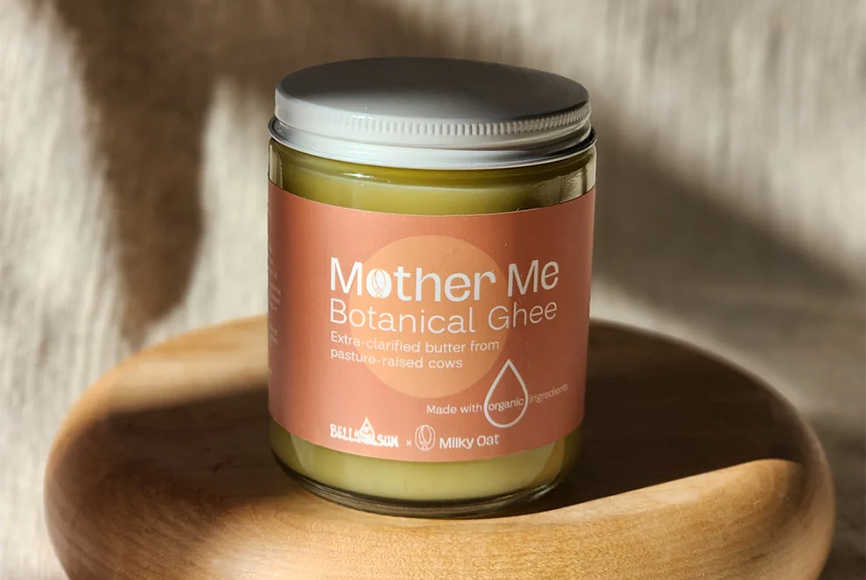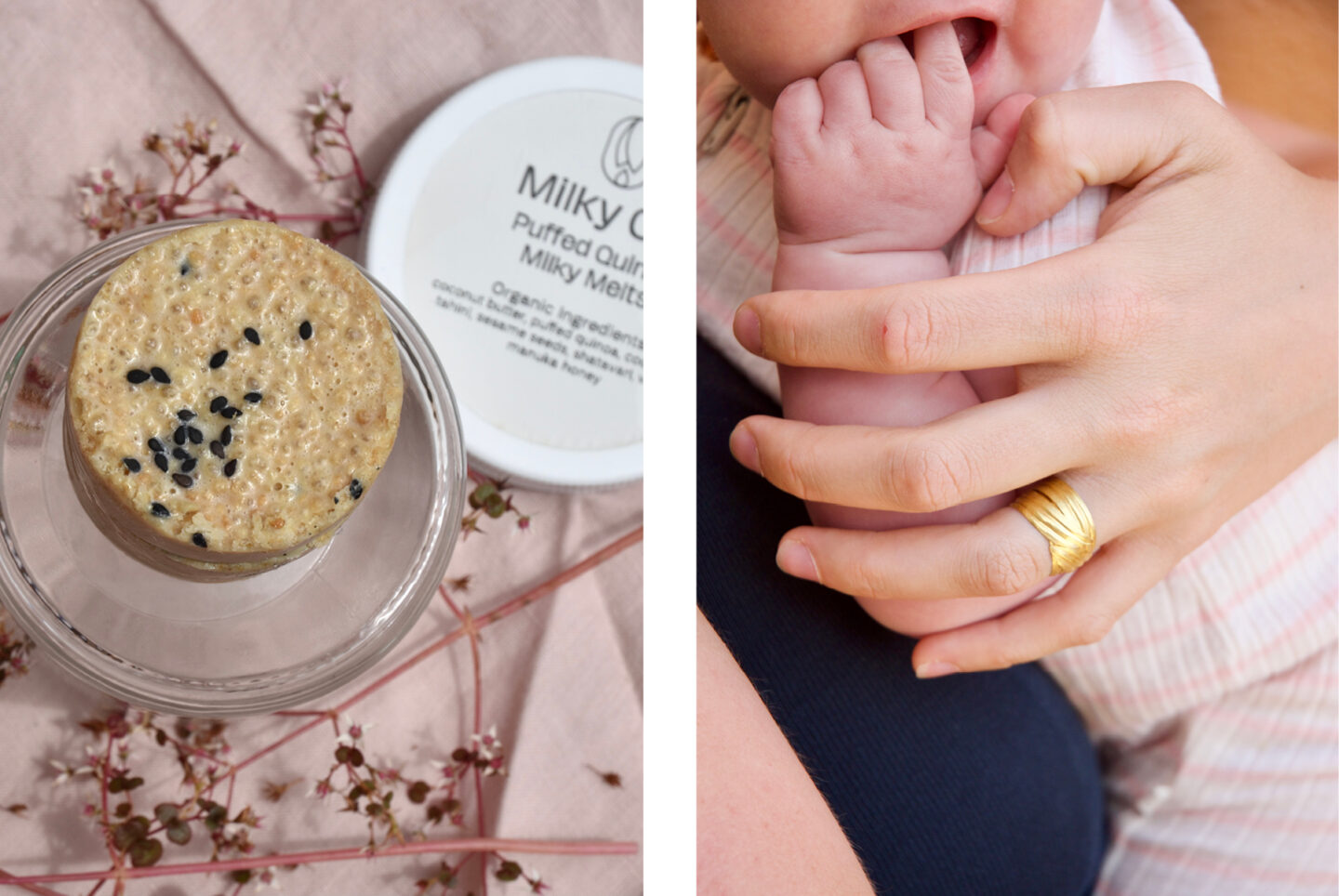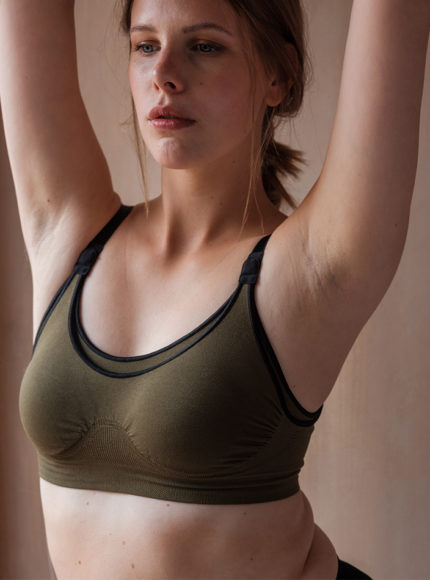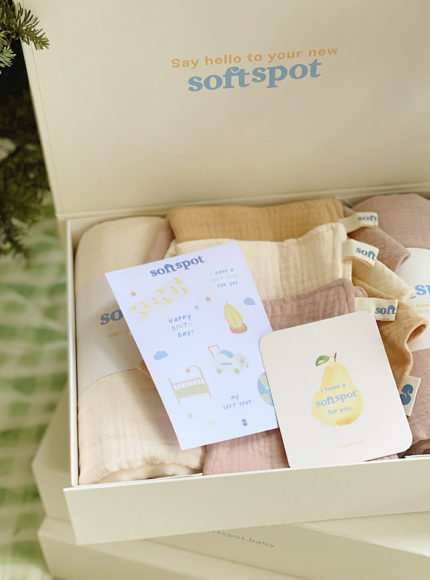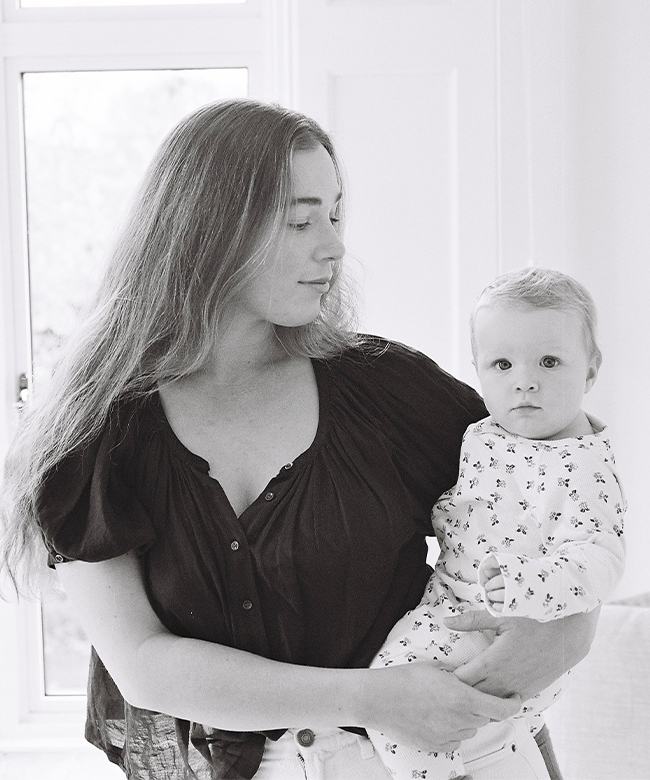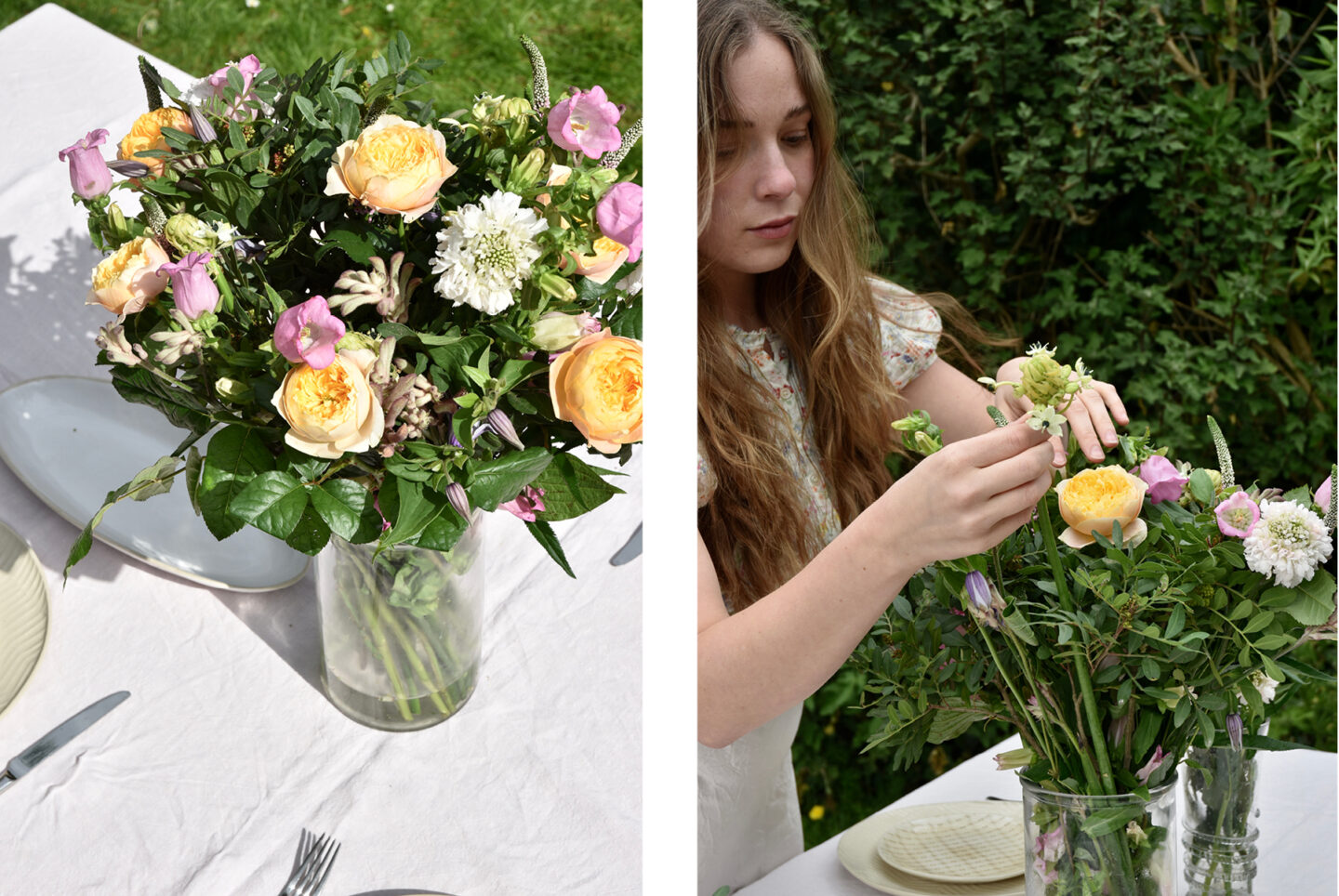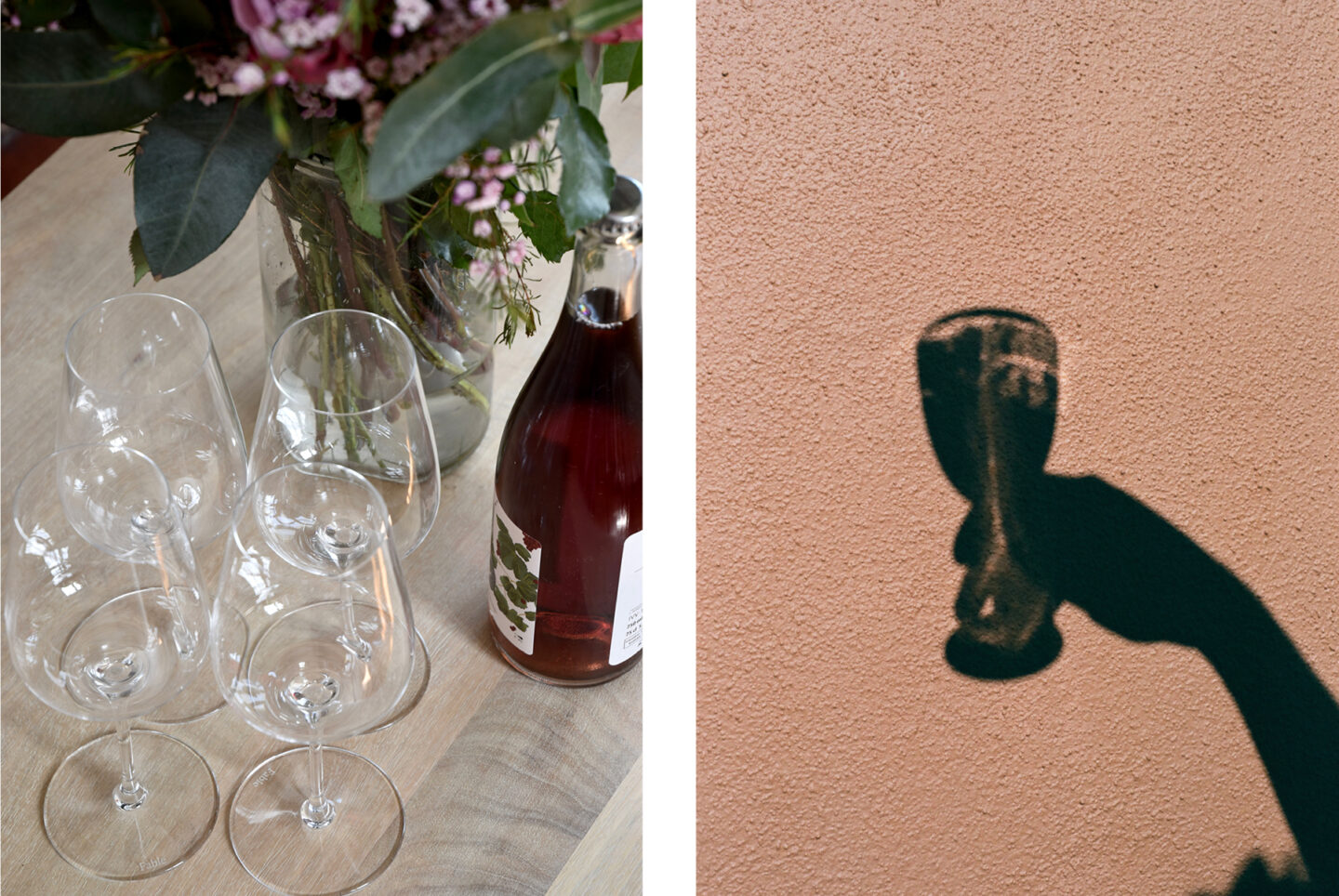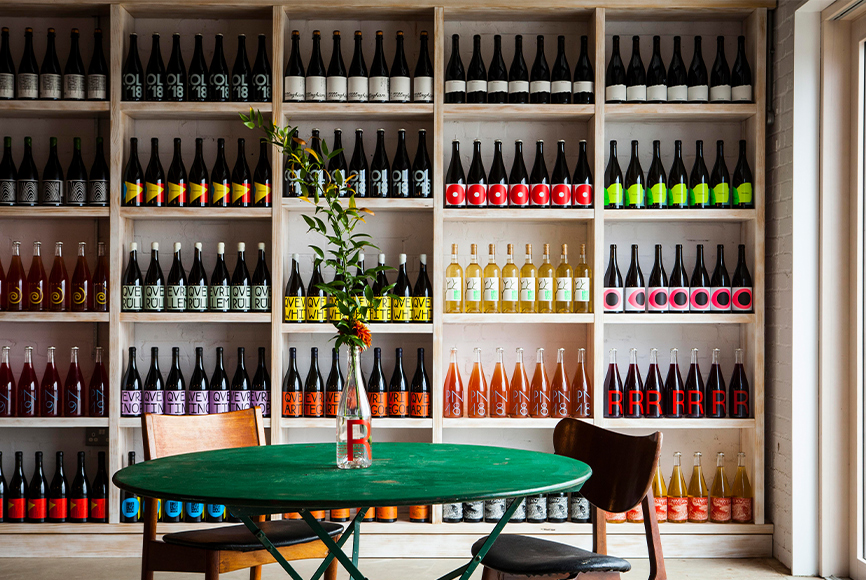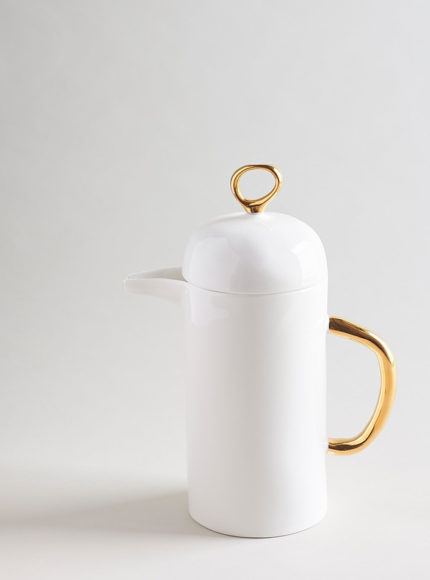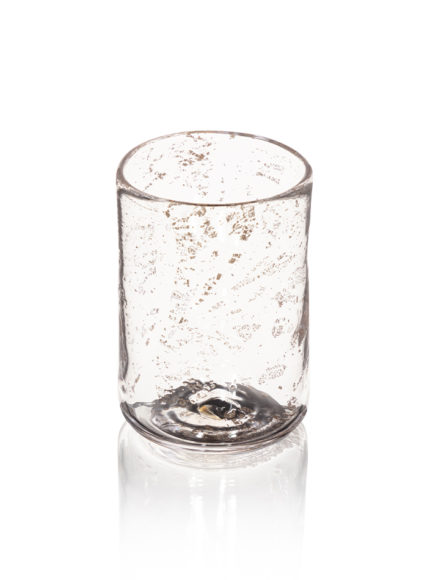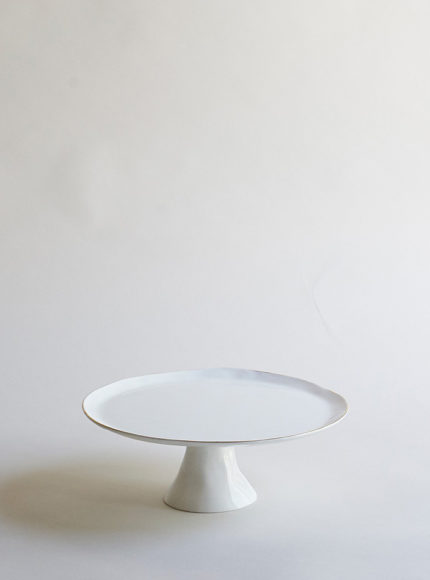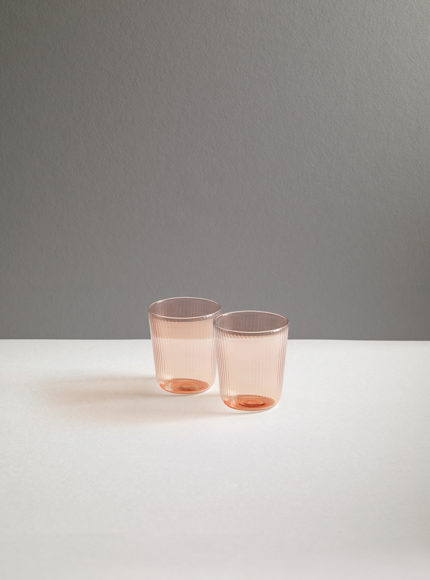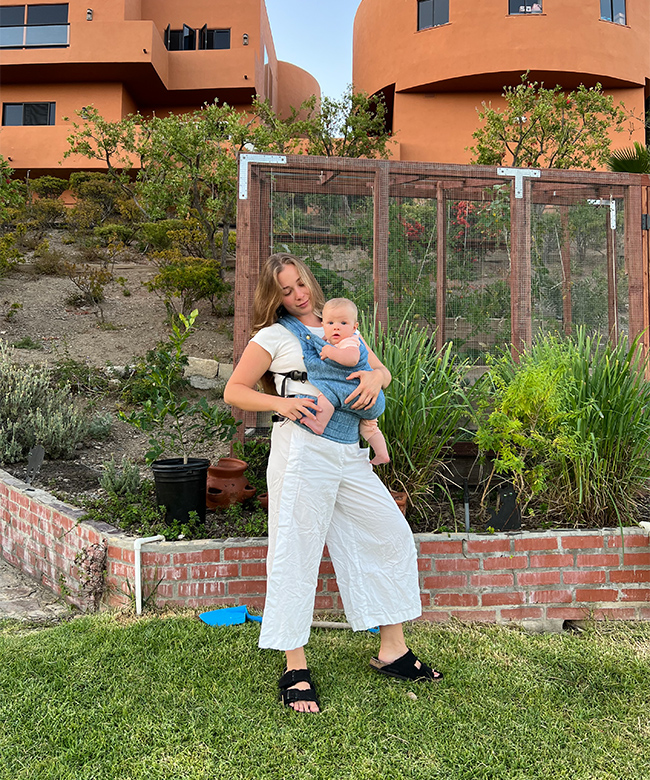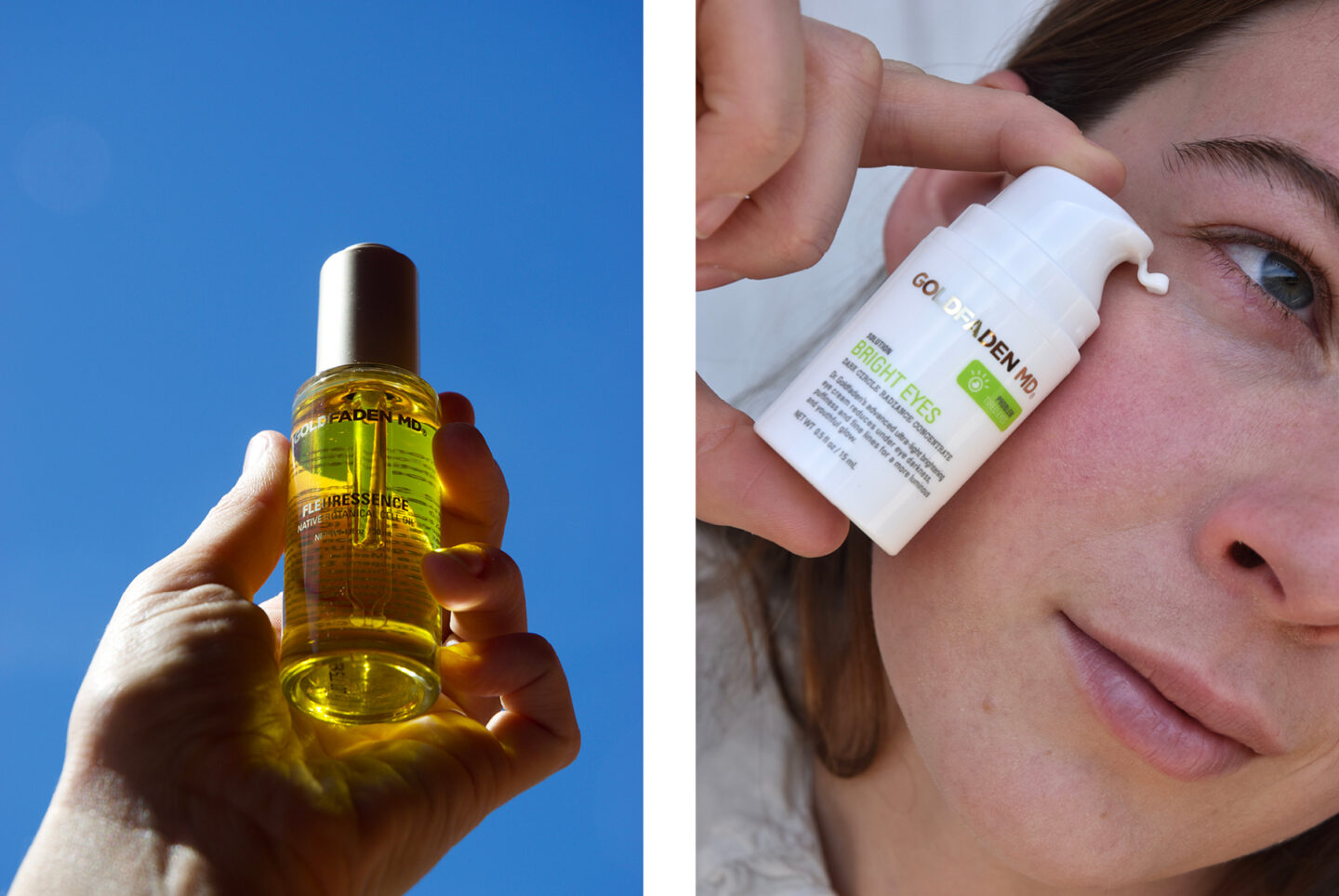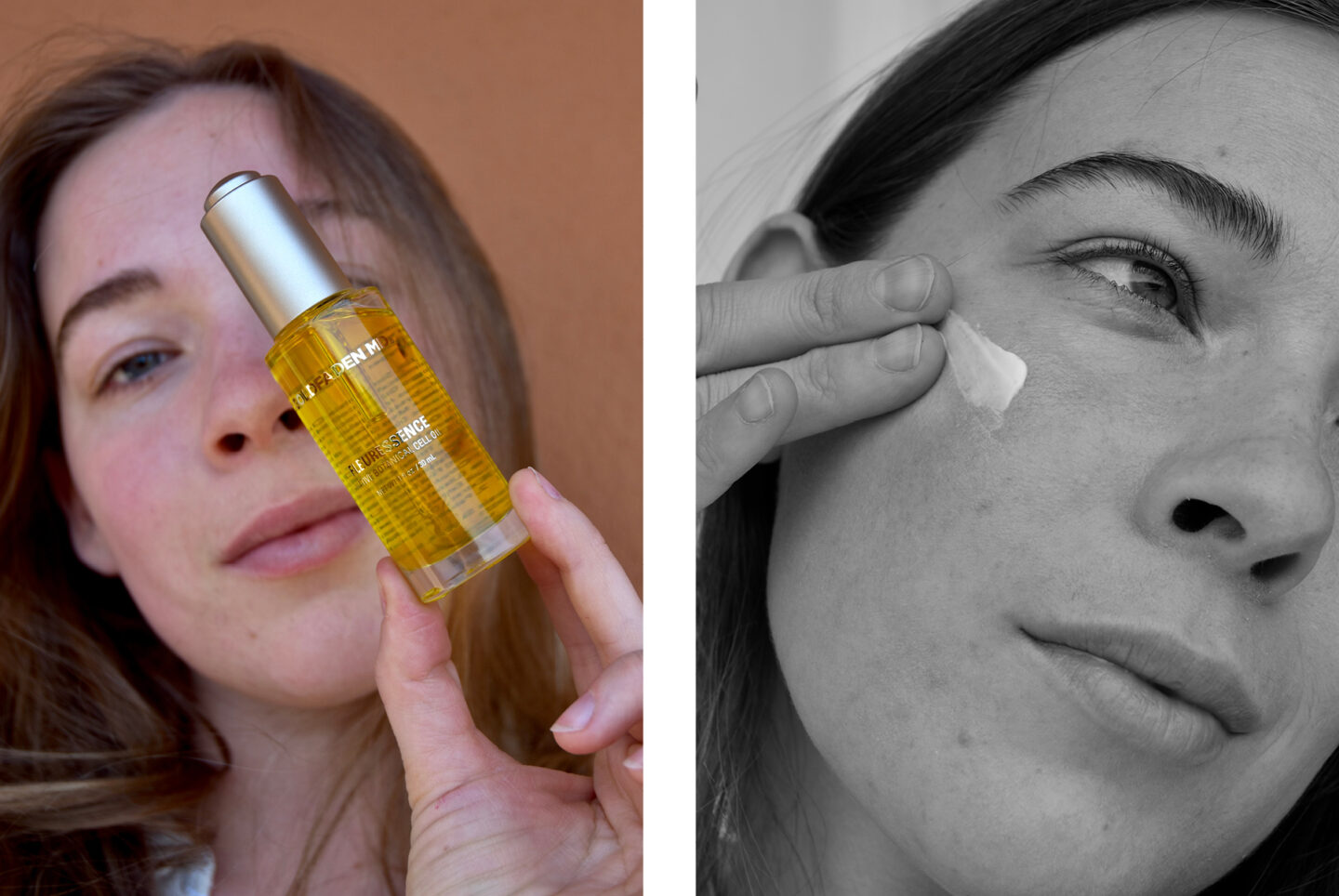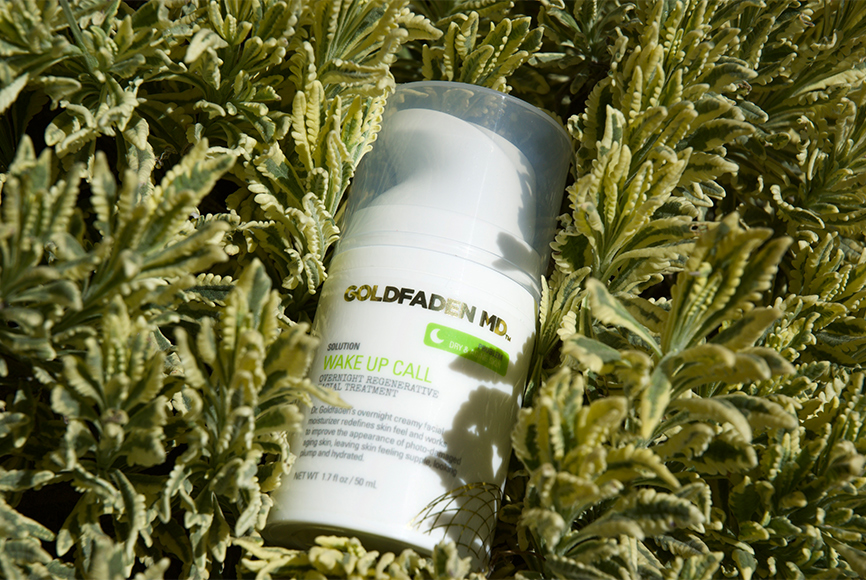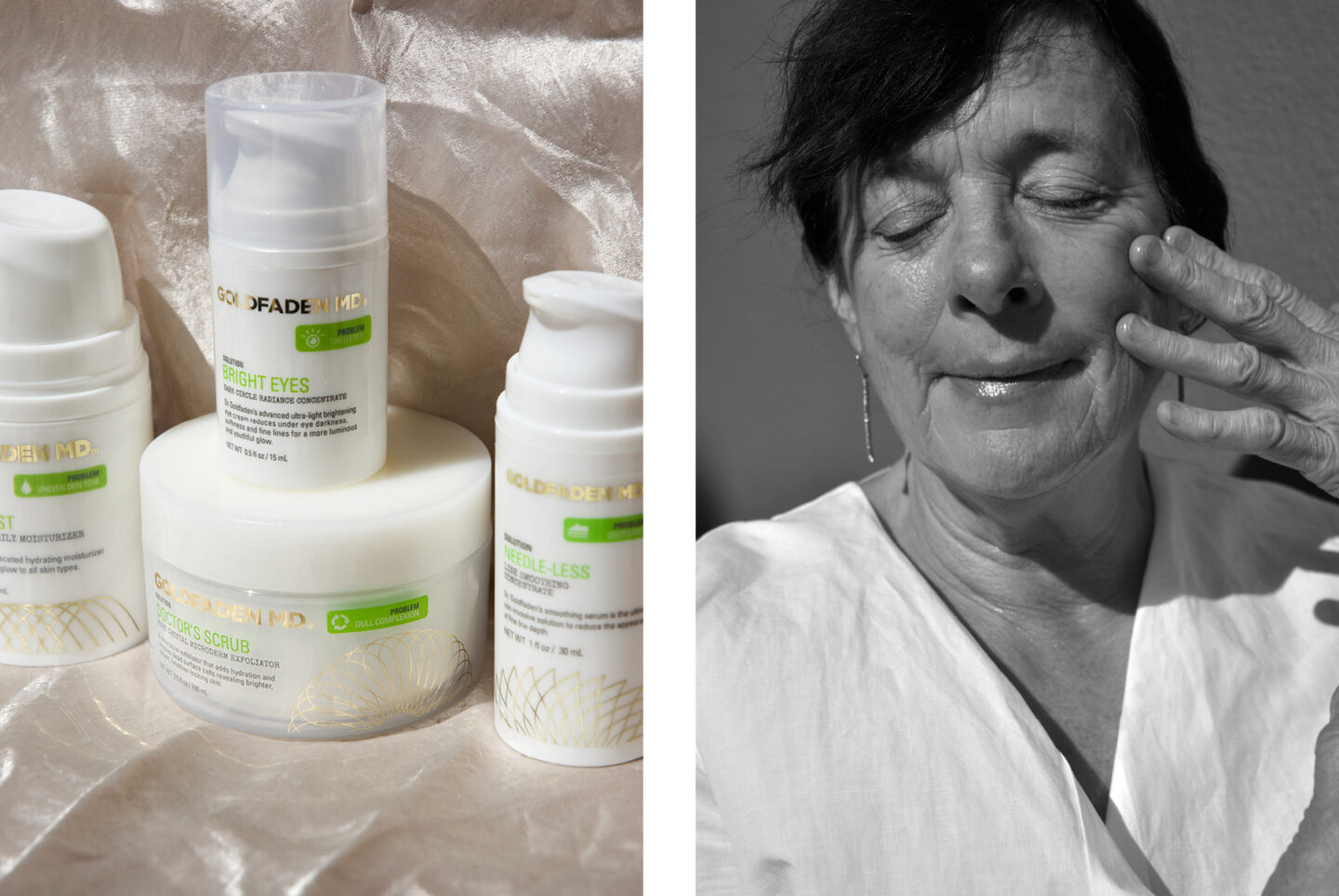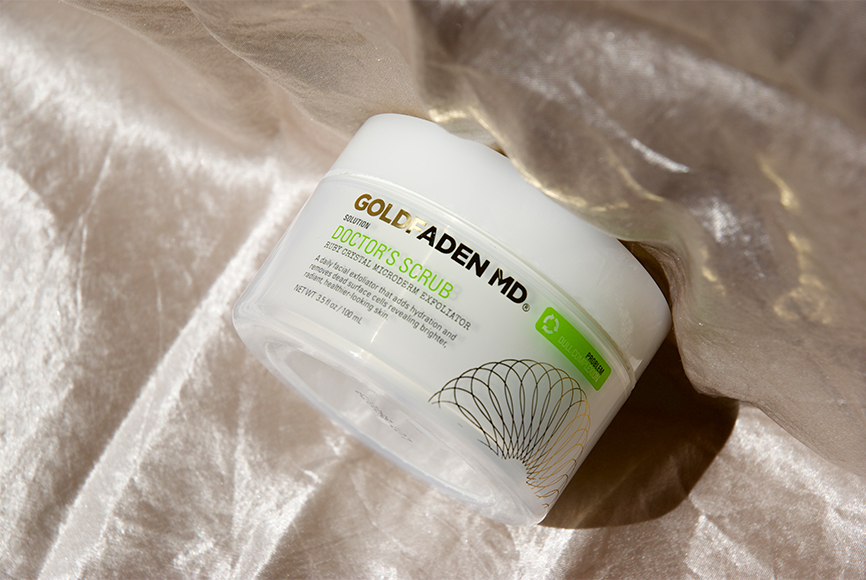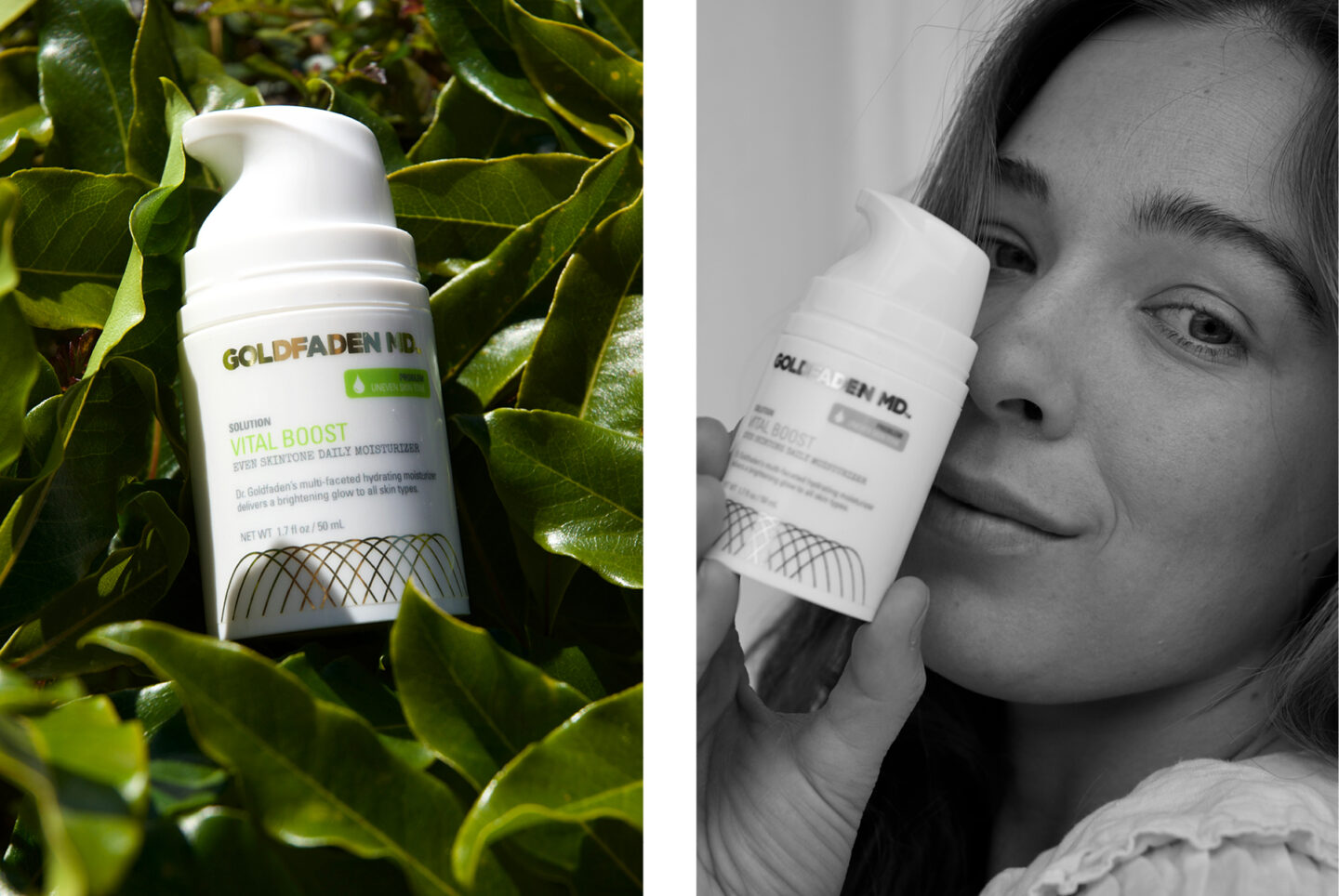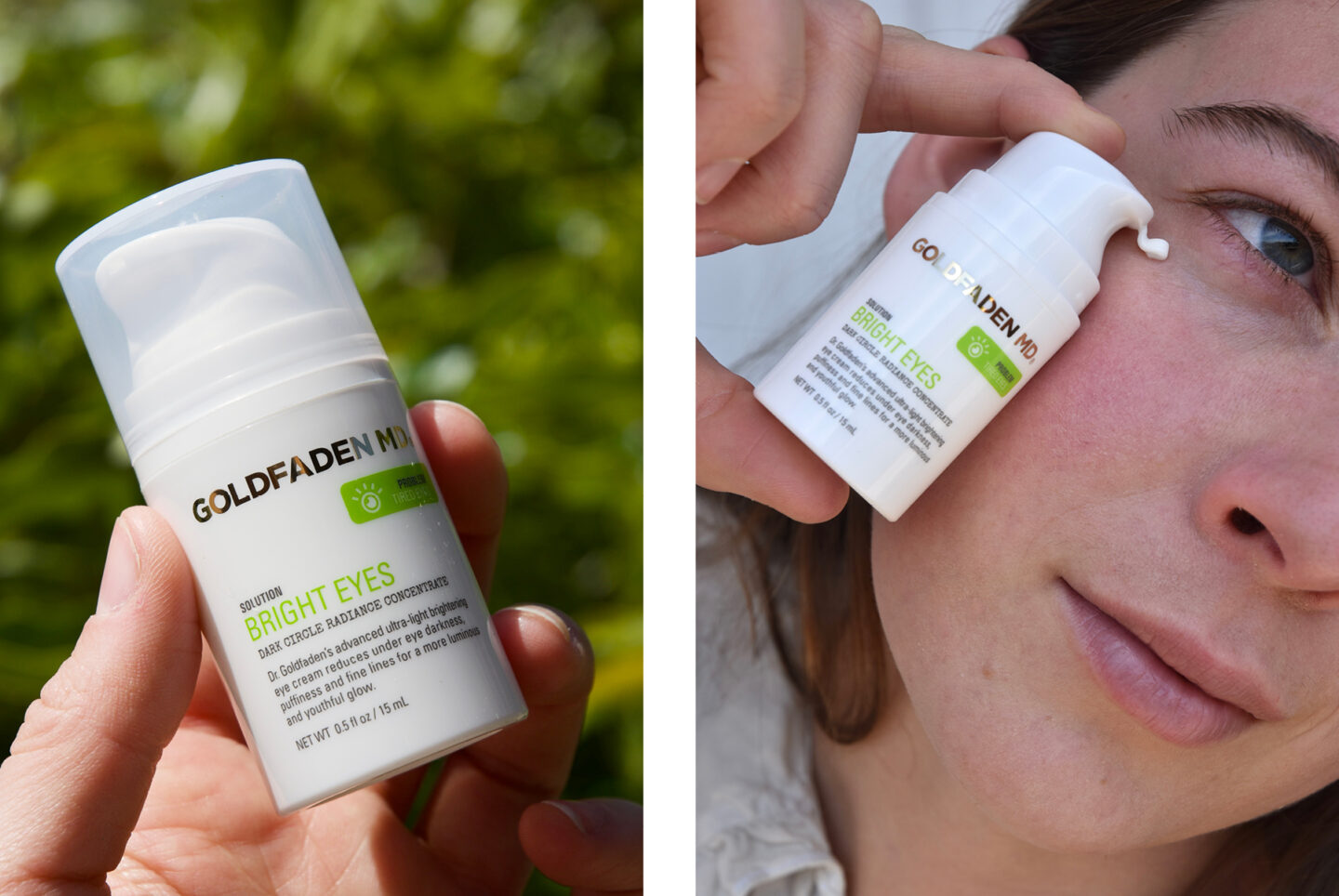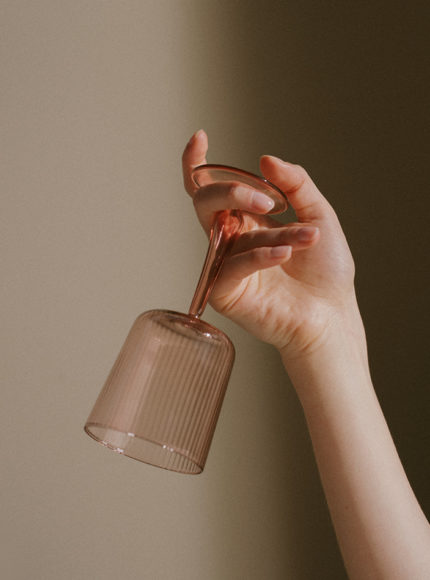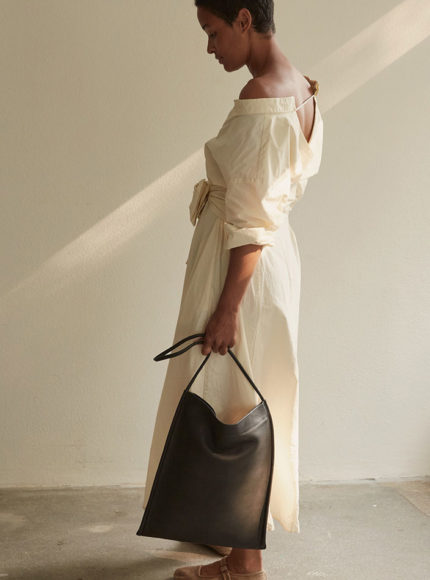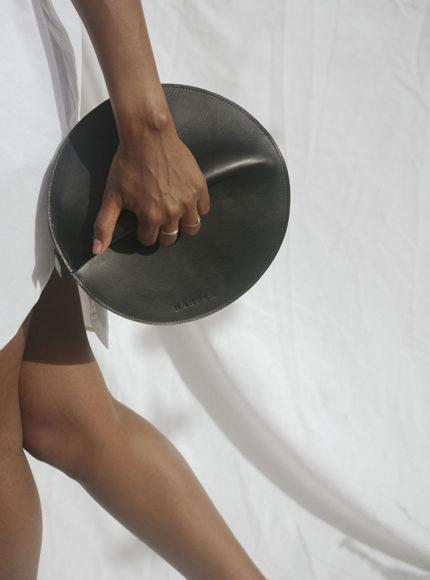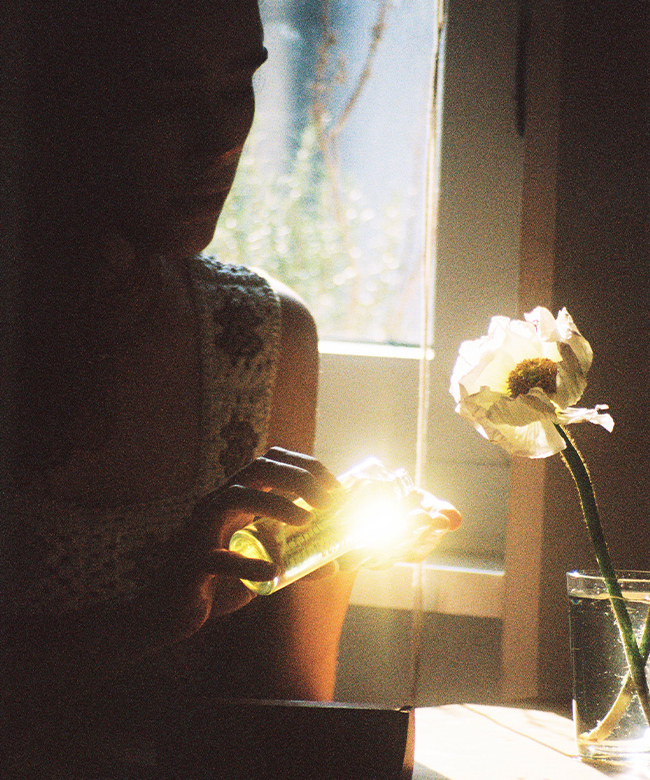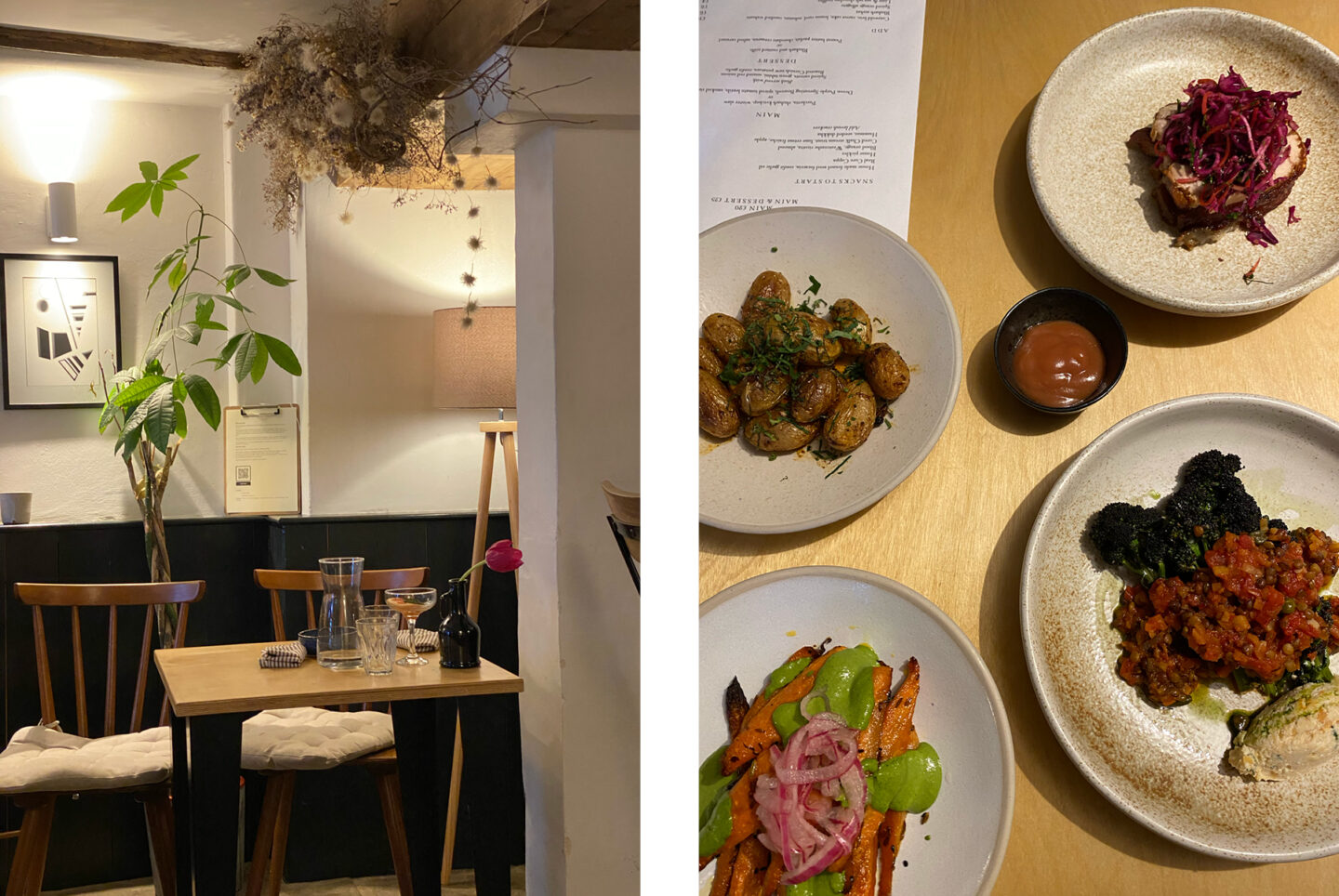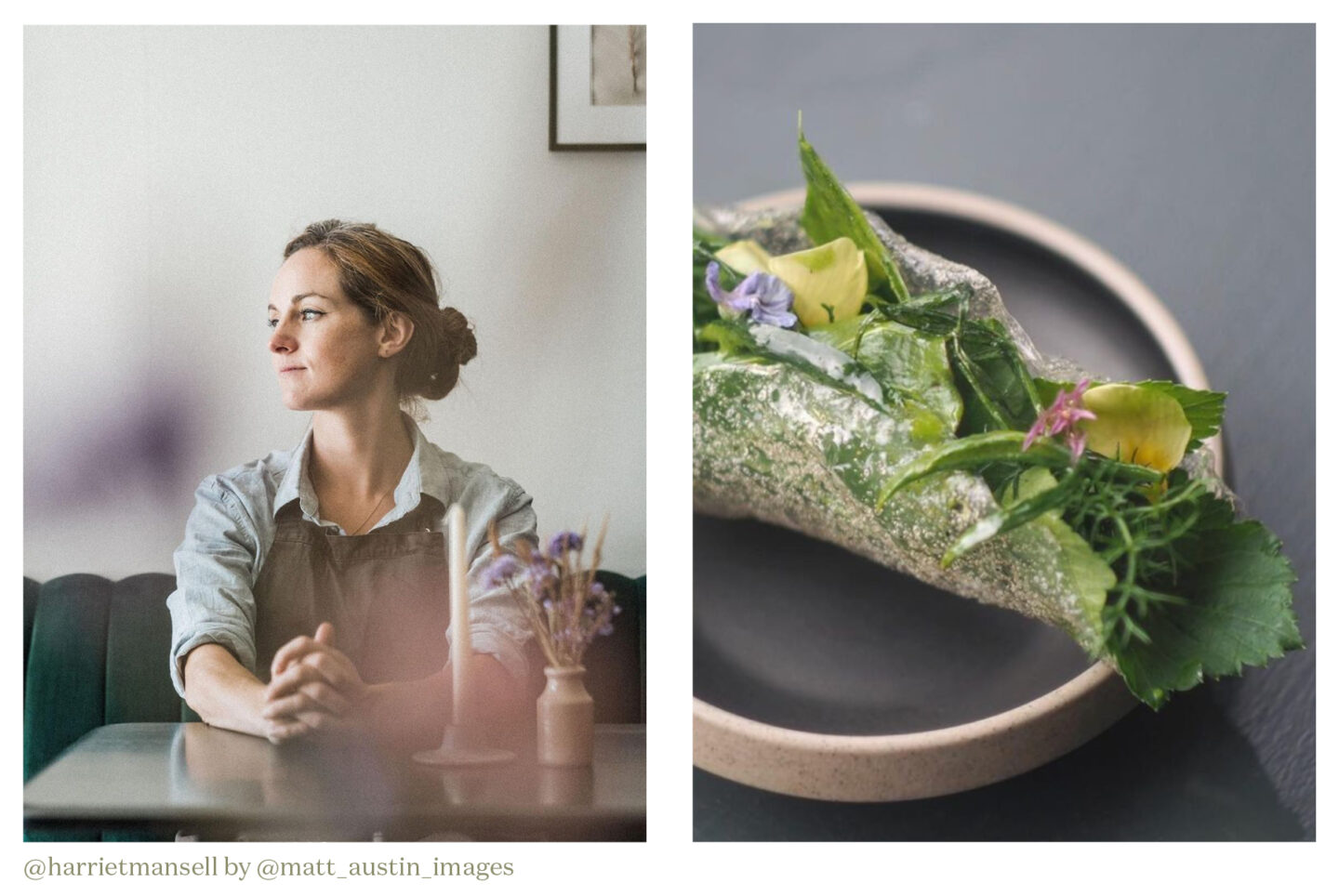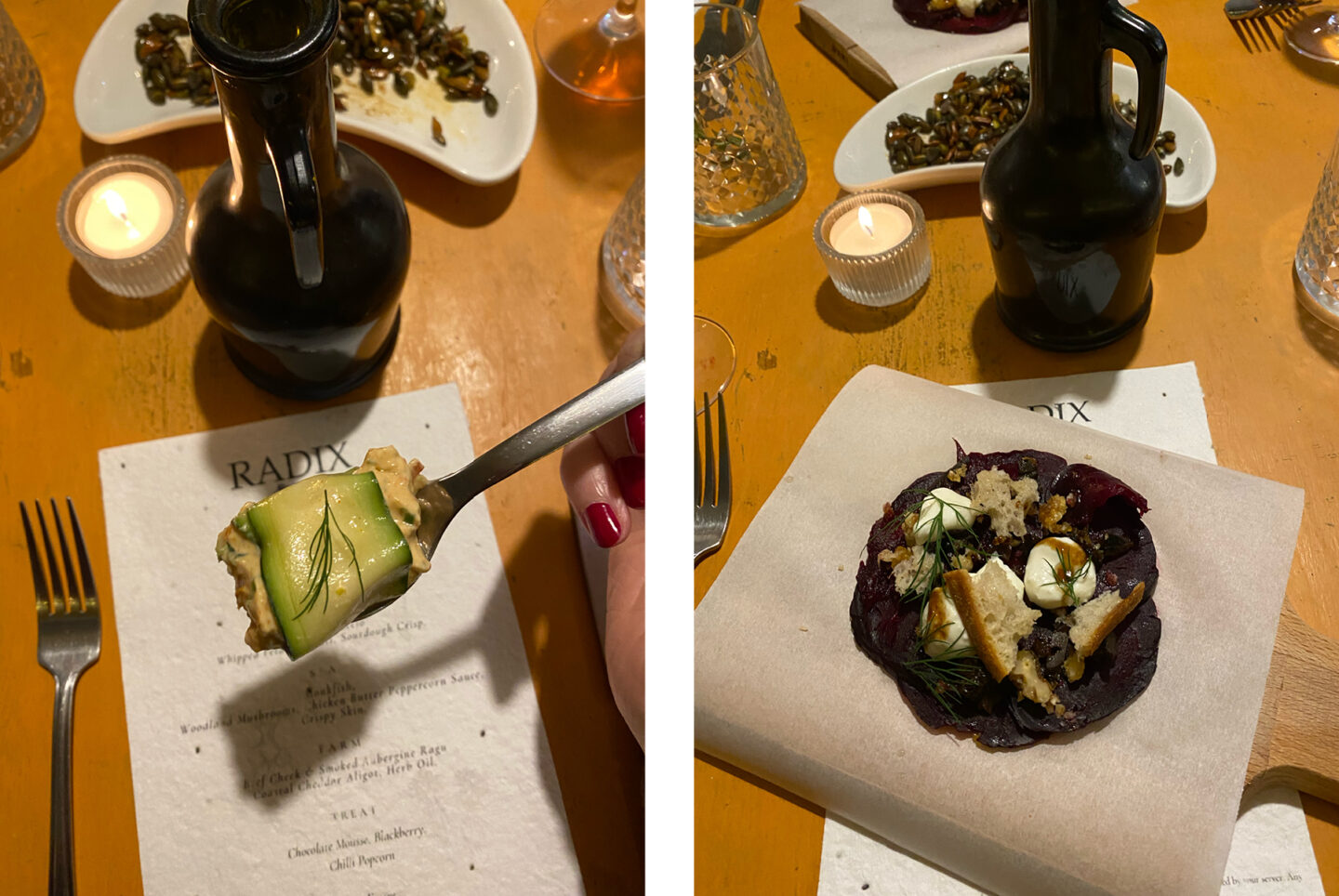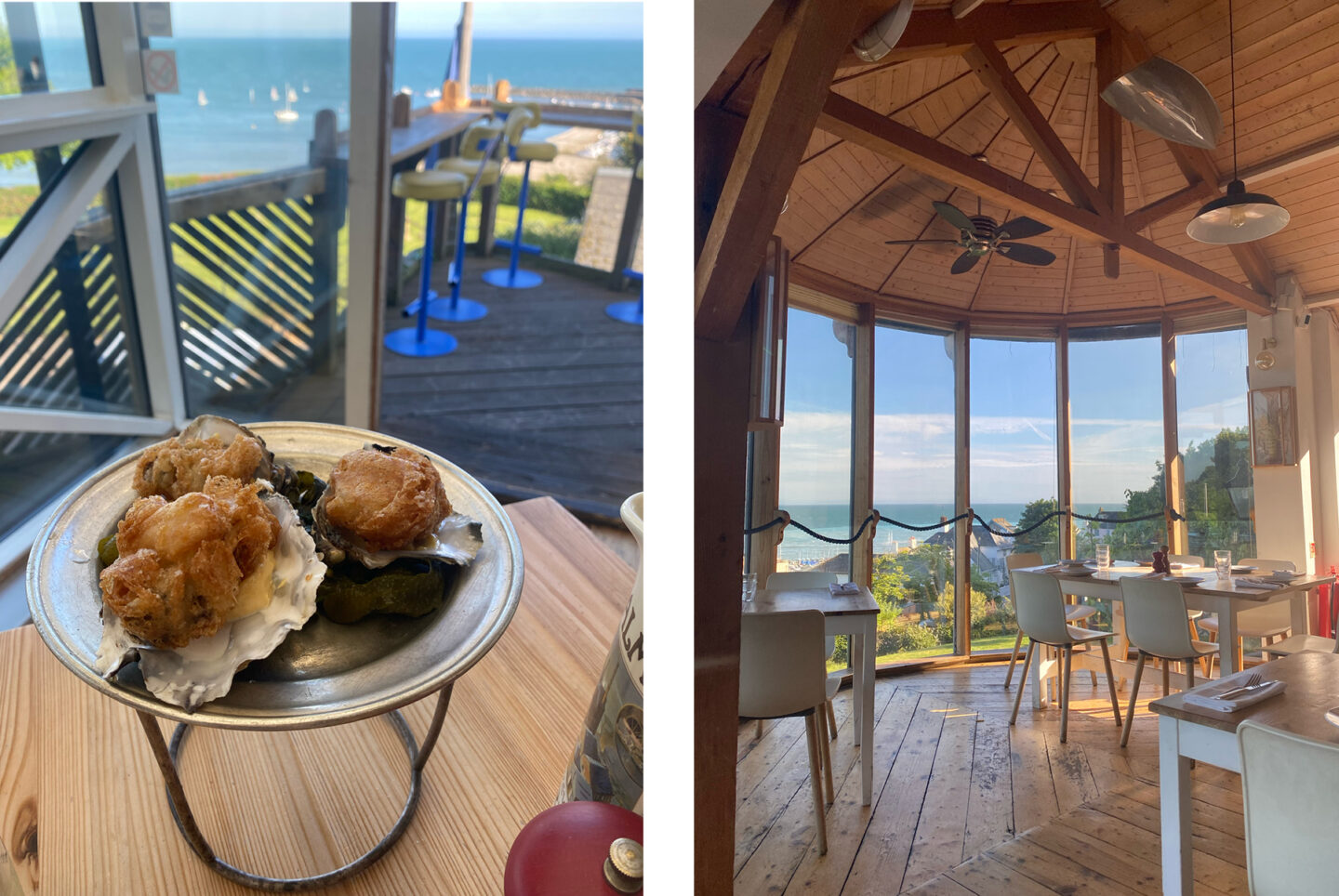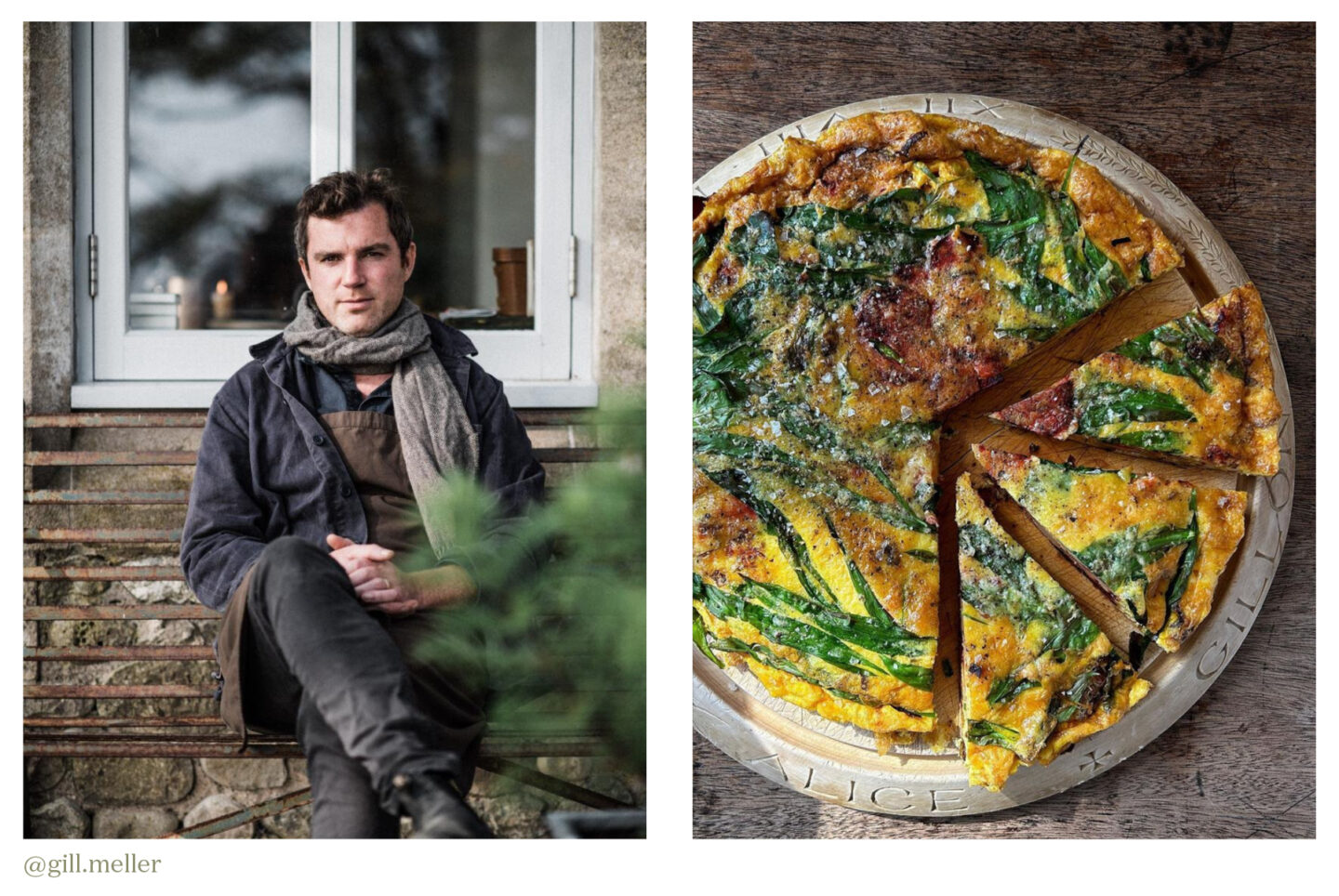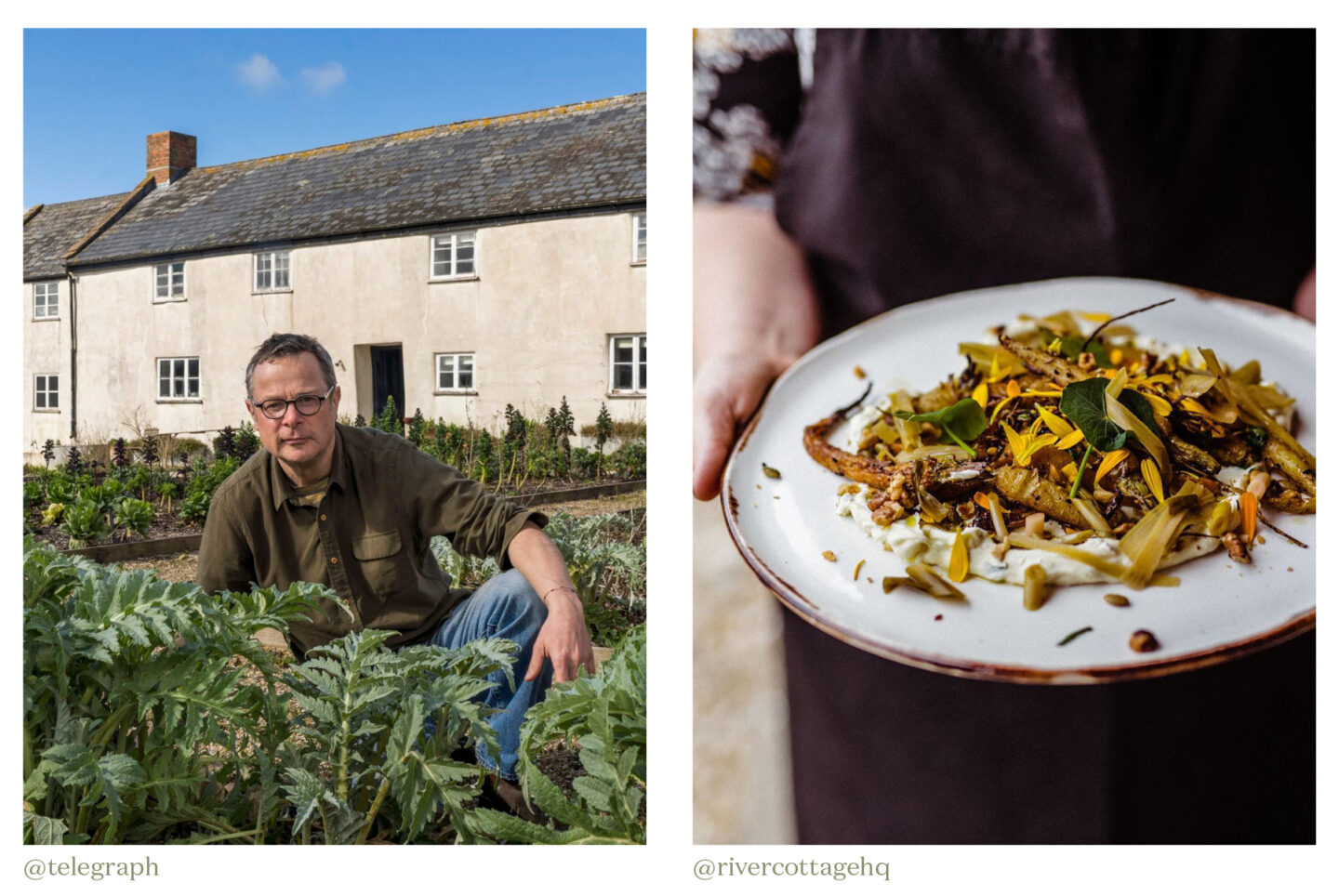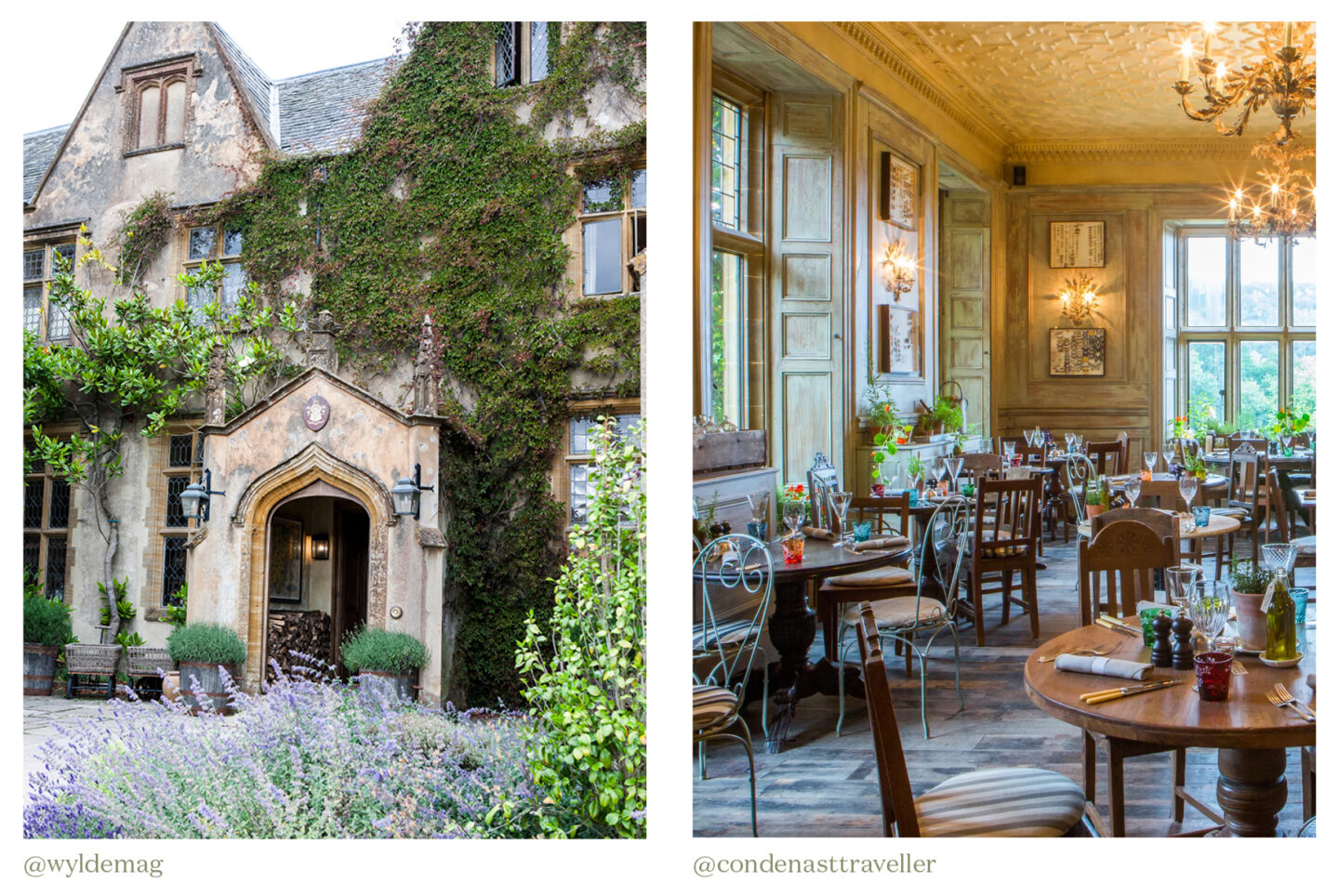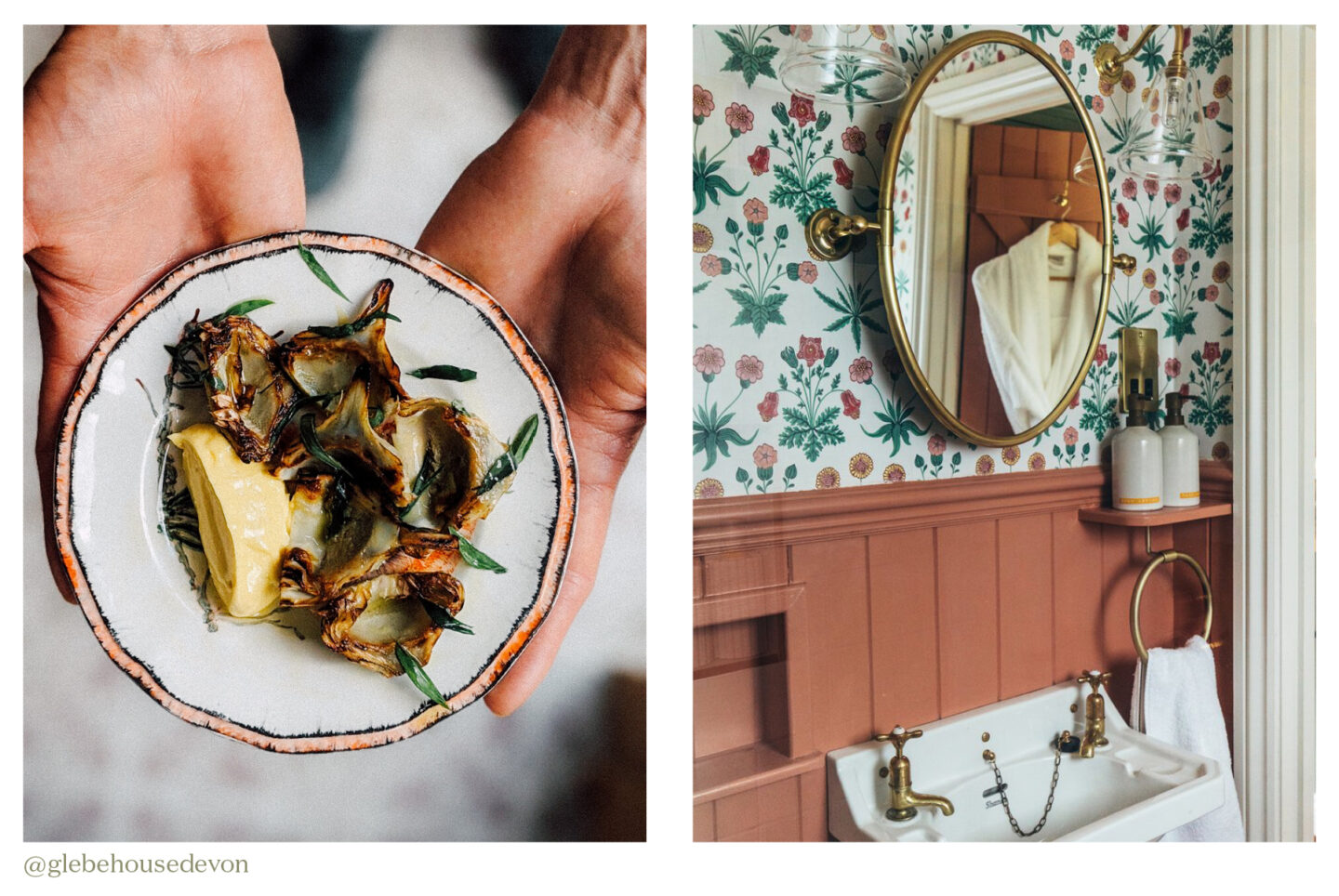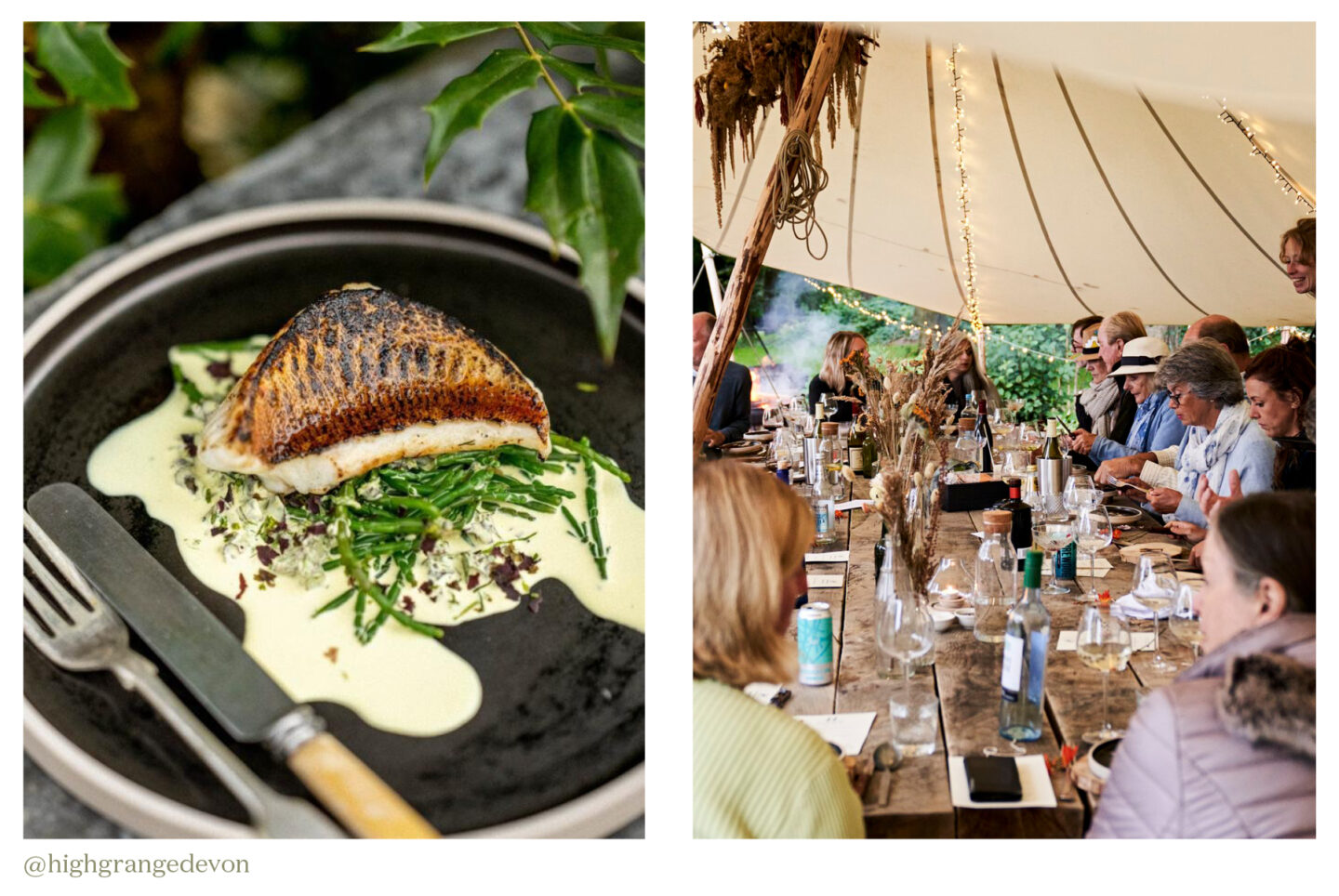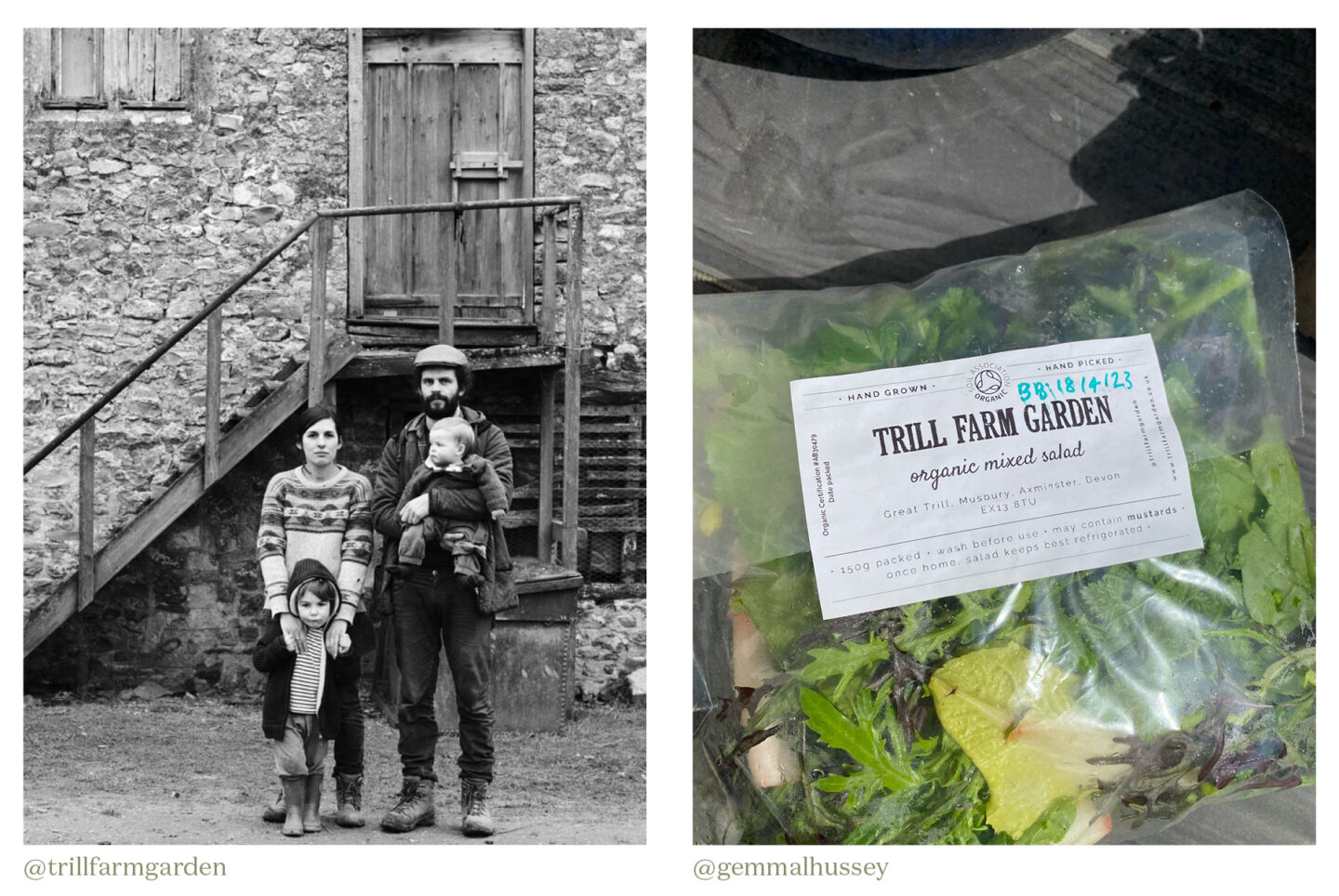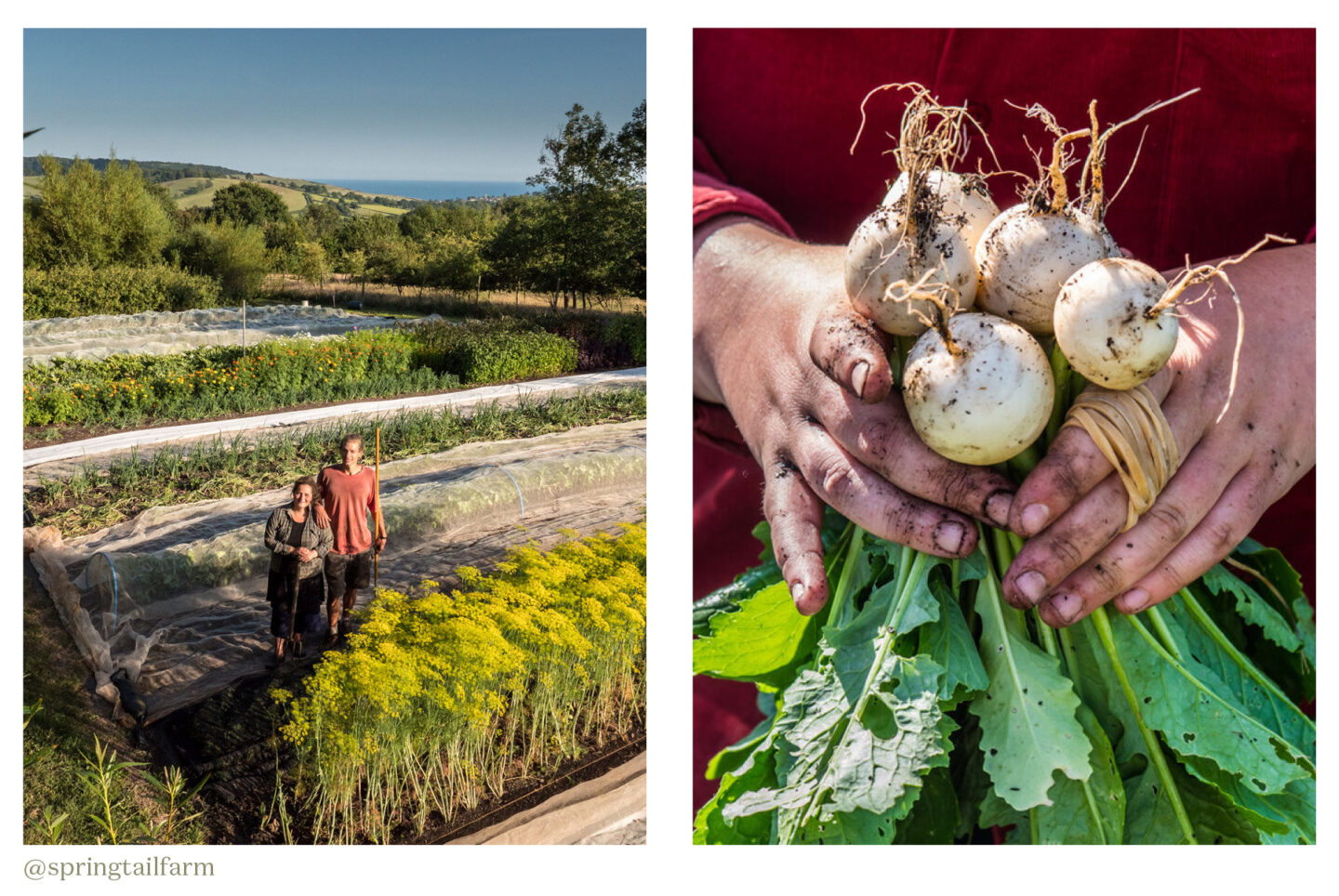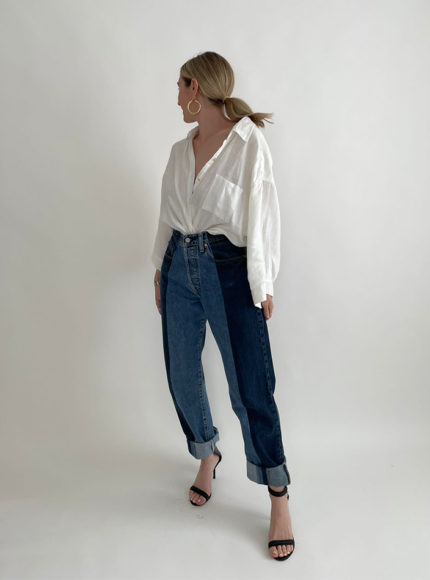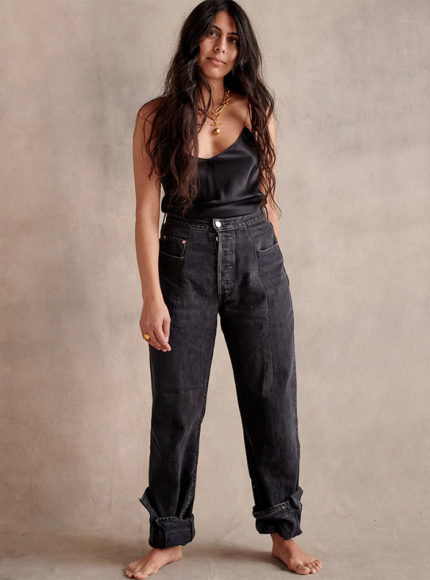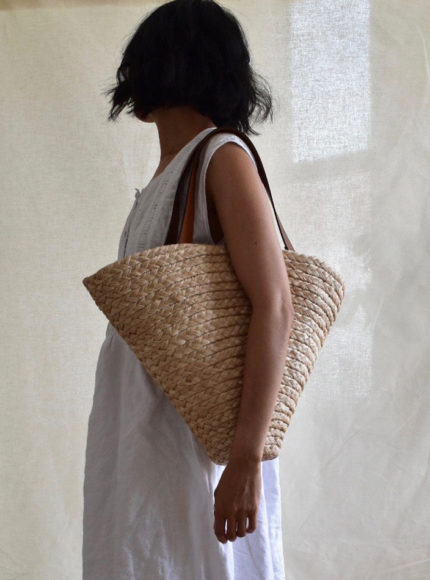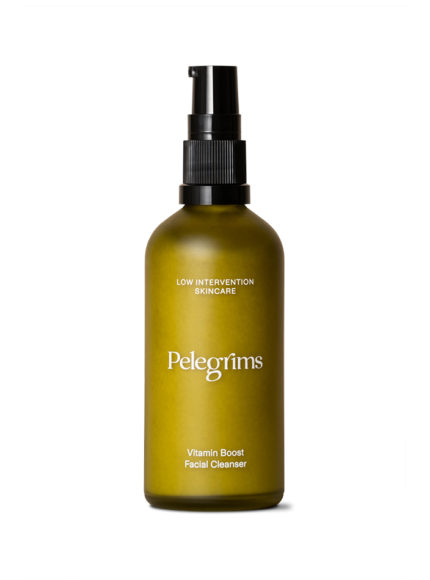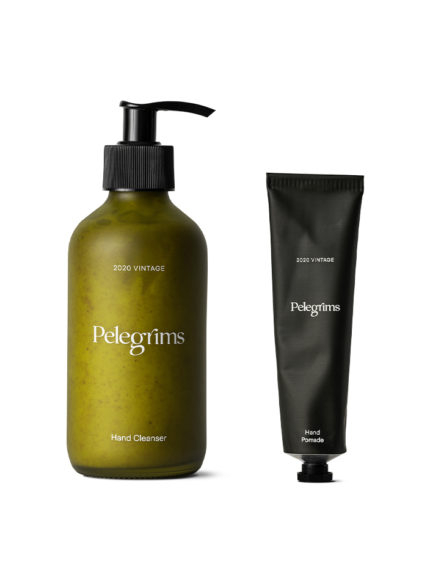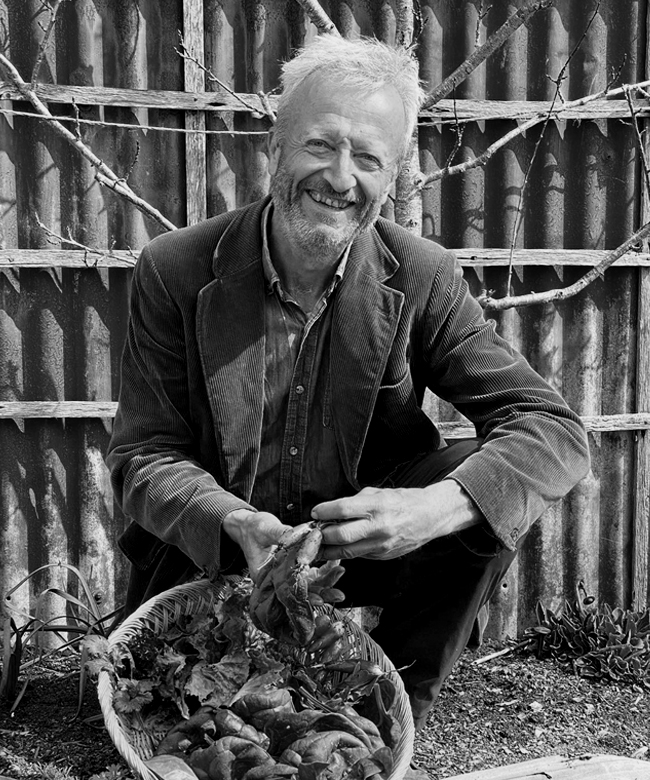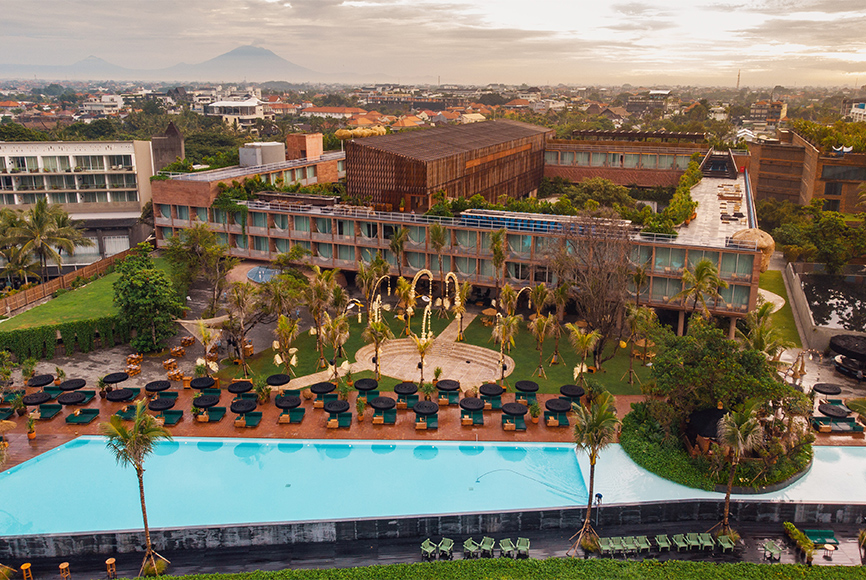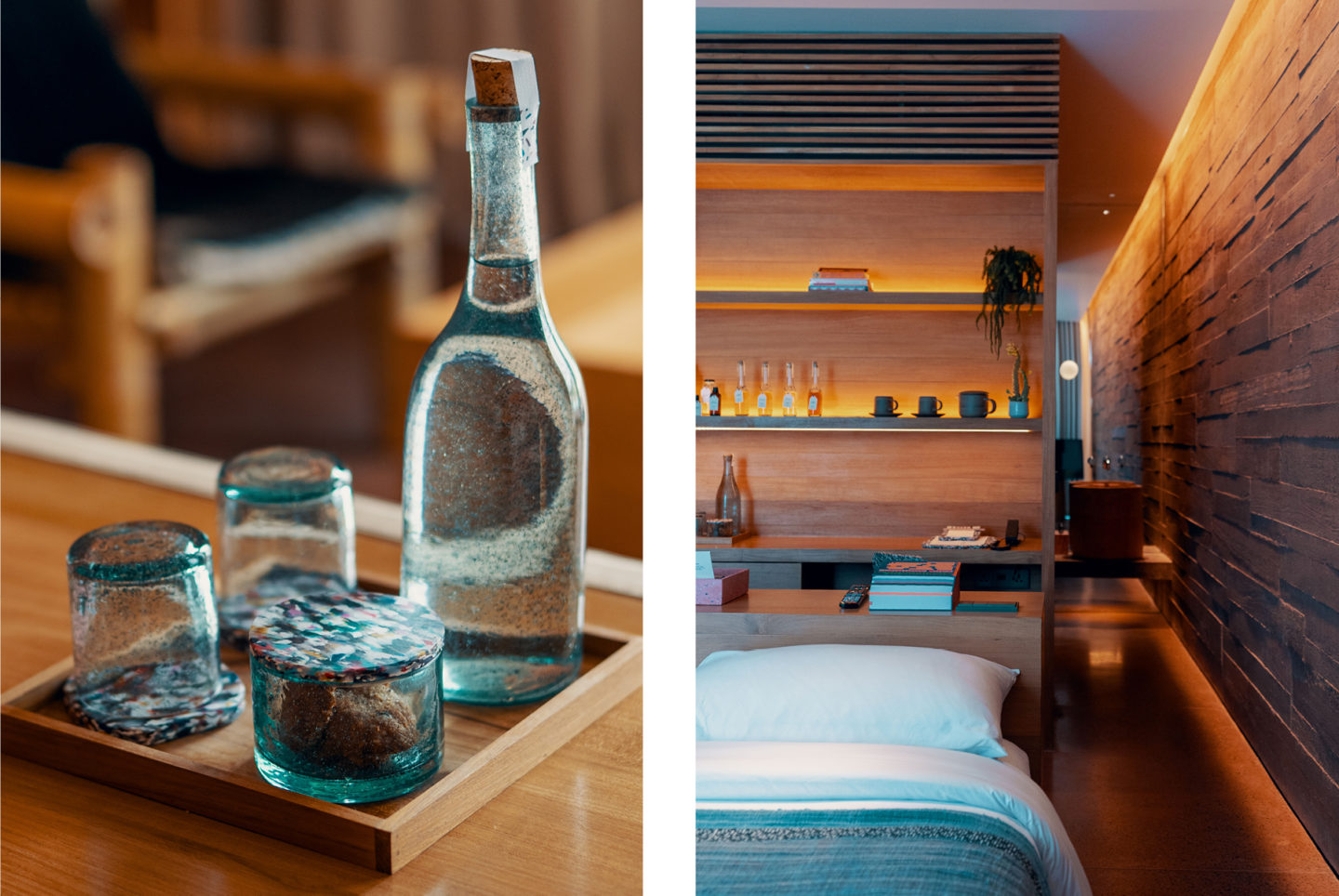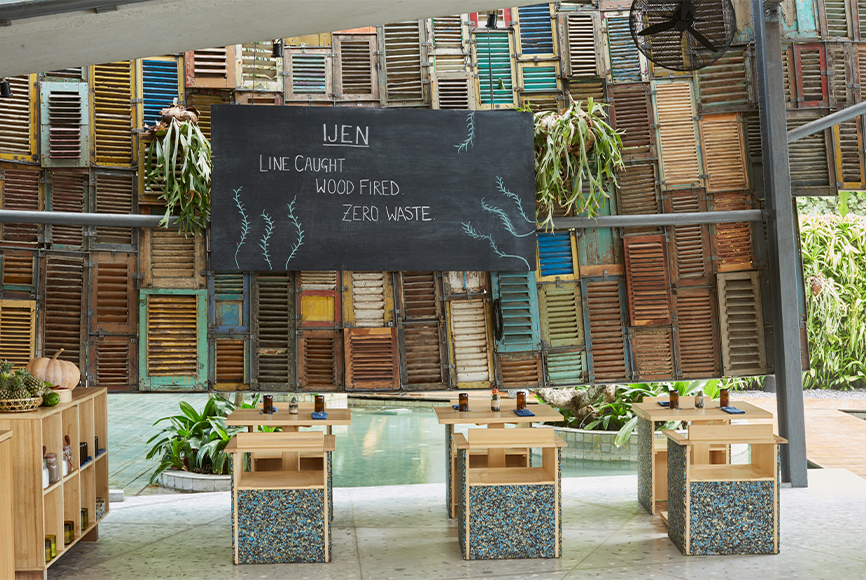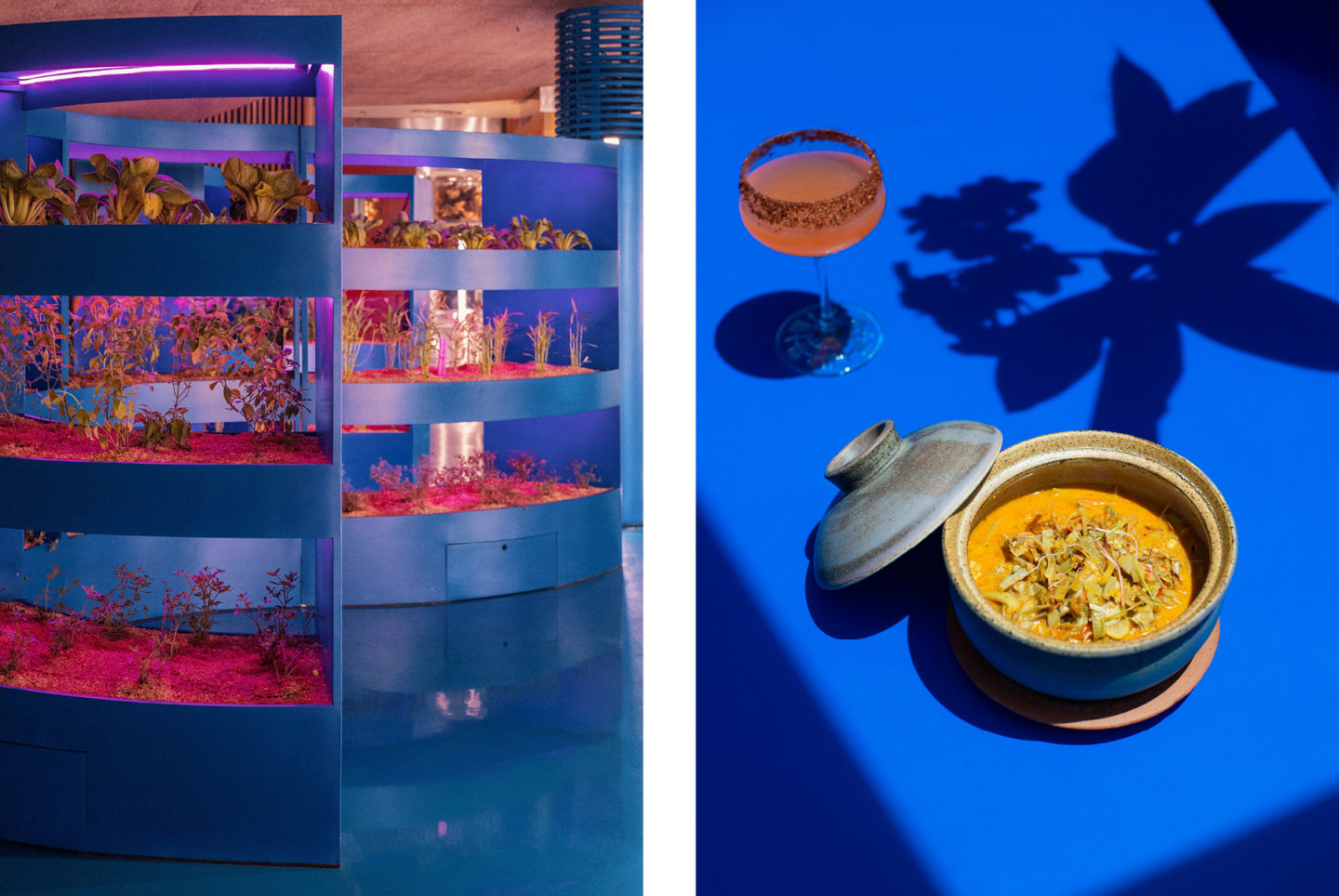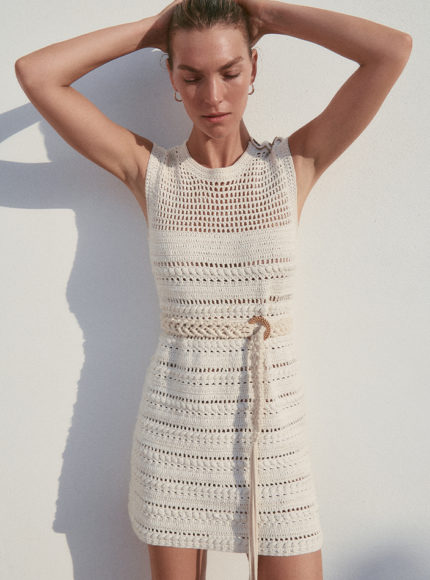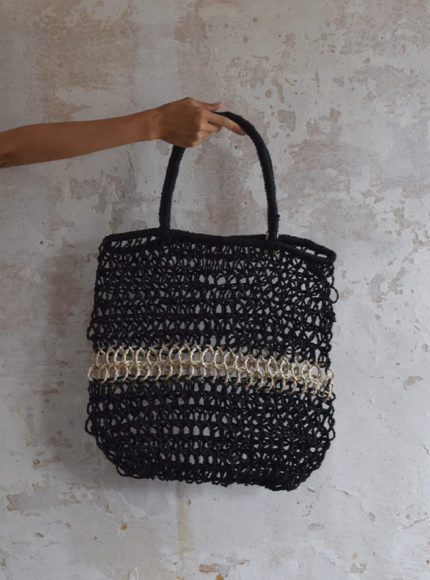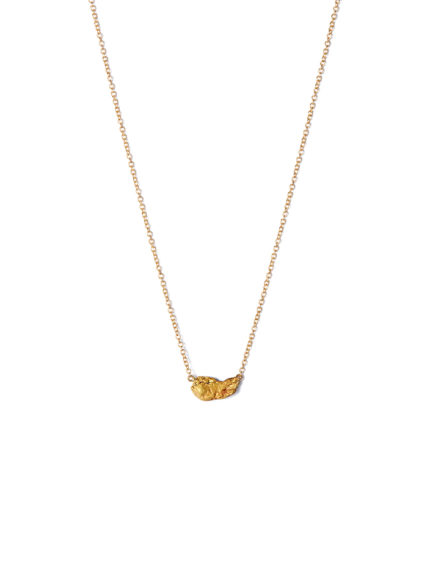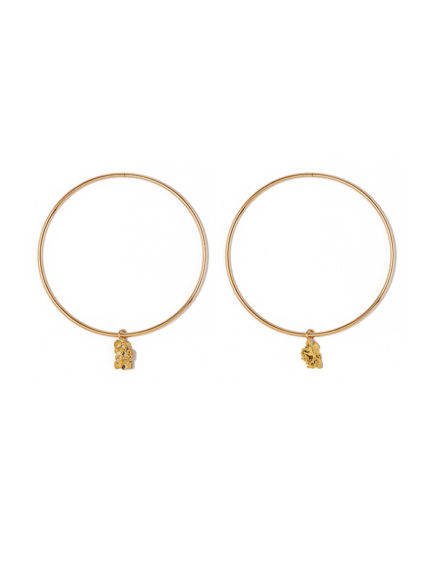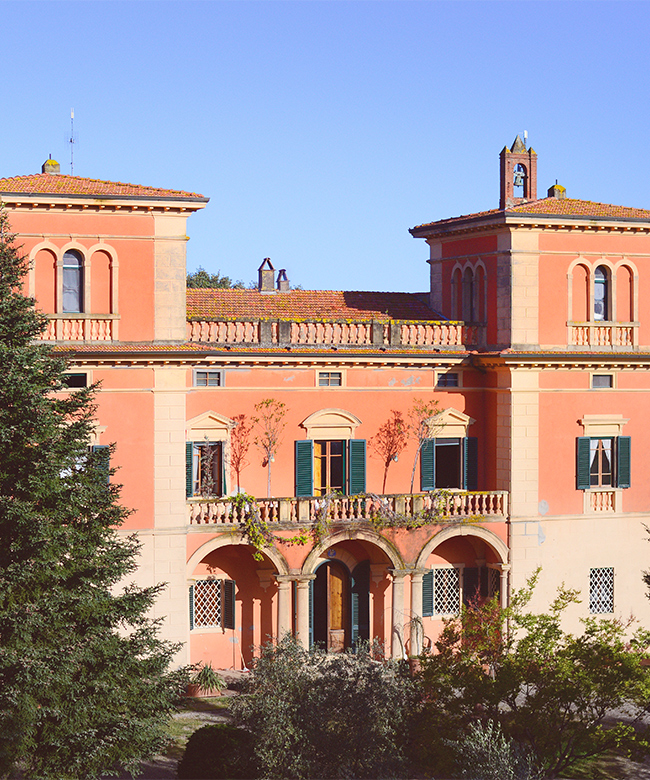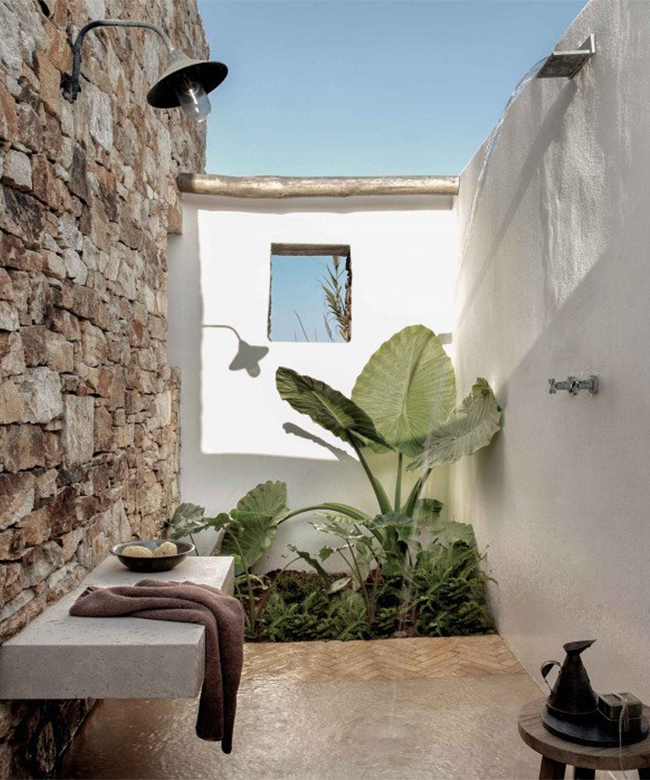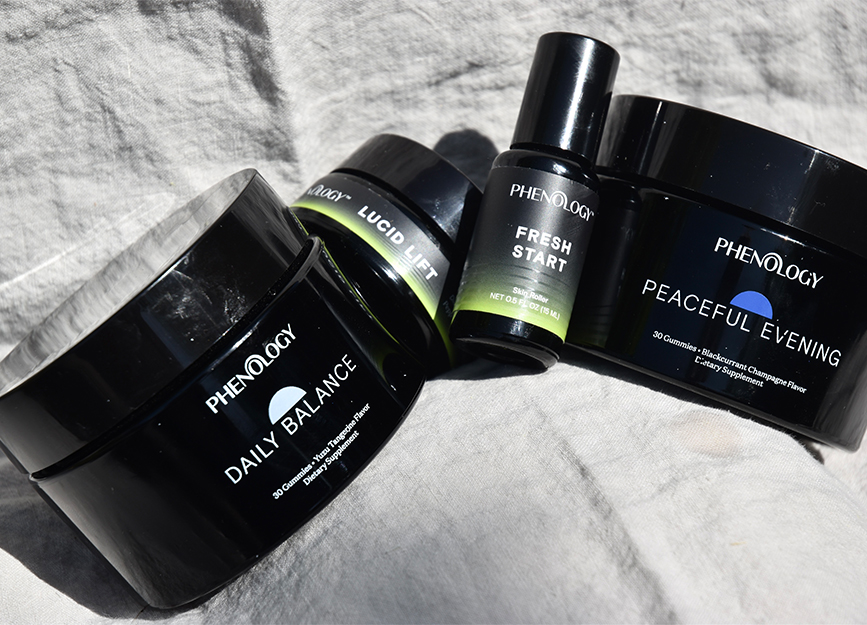

@myphenology by @taylorblair1
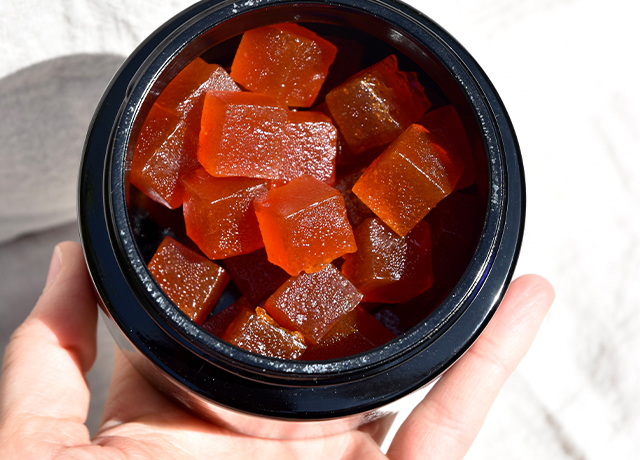

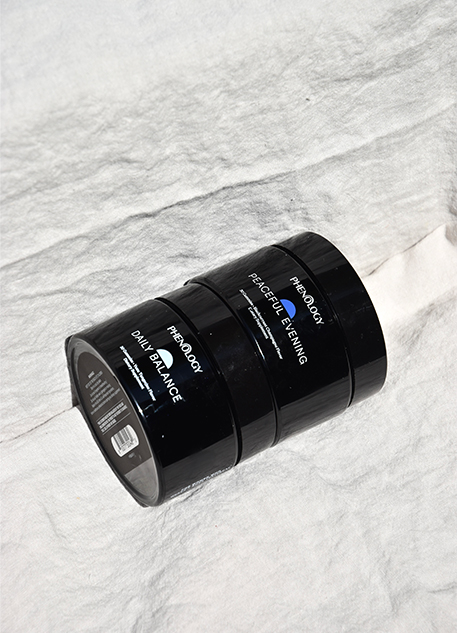

Wellness
Ageing Gracefully with Phenology – The Brand Tackling Menopause Naturally
In this editorial, we present the second edition of our “Ageing Gracefully” series, which highlights various brands across different industries that are doing incredible work in the field of ageing. In this edition, we focus on Phenology, a brand we have mentioned before. While we discuss supplements, remedies, and offer advice, it is important to always consult your doctor first and foremost.
Thank you to our friends at Phenology for making this editorial possible!
Introducing Phenology –
Menopause is an important topic that often remains undiscussed in public and in the media. Many women feel caught off guard by menopause, as they have not been adequately prepared for it. This is a recurring trend when it comes to reproductive topics. Fortunately, brands like Phenology are leading the conversation about menopause.
Phenology is a women-led health initiative that combines personal experience with scientifically backed expertise. They have developed a collection of holistic products to assist women through different stages of their menopausal journey and address various symptoms that may arise. Menopause is a complex experience that varies for each woman, so it is crucial to discuss this time and the potential challenges one may face. It can last several years and impact your daily life, relationships, and personal confidence. Symptoms can include hot flashes, night sweats, sleep issues, mood swings, dry skin, and more. It can be an isolating experience, but Phenology is here to normalize it and help you navigate it naturally.
“As women approach the end of their reproductive years, they fall into an area that I call the black hole of women’s health. It’s like they’re shipped off to an island and forgotten. But instead of being shipped off to menopause island what women really need is a bridge back to our whole selves. I know Phenology can be that bridge that connects women in community during a period of life that can be a very isolating time, back to their lives and themselves through understanding, support and relief – all with a scientific basis.”
Dr. Kourtney Sims, MD, FACOG, NCMP
The Products –
Daily Balance Gummies – Daily Relief from Peri/Menopause Symptoms –
These delicious yuzu tangerine flavored gummies are a powerful blend of saffron and genistein, which reduce hot flashes. They also contain biotin to promote hair, skin, and nail health. Additionally, the formula includes vitamin D and vitamin K for bone and heart health, as well as B6 and B12 to combat fatigue and brain fog. These gummies are 100% vegan, non-GMO, and free from artificial dyes. Importantly, they do not contain estrogen or any drugs. Clinical trials have demonstrated that the active ingredient, genistein, can reduce hot flashes in as little as one month, with optimal results in just three months. It’s incredible that a delicious gummy can provide help with so many things!
Peaceful Evening Gummies – Natural Relief from Major Nighttime Peri/Menopause Symptoms –
Menopause can significantly affect sleep, which is why Phenology offers an evening gummy. This blackcurrant champagne flavored nighttime gummy is an exceptional supplement that promotes restful sleep while also addressing the different symptoms that may arise during the day and night. Like the Daily Balance Gummy, the Peaceful Evening support is rich in saffron and genistein. It also includes a gentle dose of melatonin since our body’s natural production of melatonin tends to decrease as we age, making it harder to achieve restful sleep. This gummy helps reduce hot flashes, night sweats, and fatigue, allowing you to wake up feeling refreshed and energized.
Lucid Lift is a quick and effective mint that provides support by clearing your mind, sharpening your focus, and boosting your mood all at once. This mint contains B6 and B12, which regulate cellular energy to support healthy brain function. It also includes L-theanine and naturally derived caffeine, working together to enhance mental focus and attention without the jitters commonly associated with coffee.
Fresh Start Cooling Roller is another ‘rescue’ product that instantly cools the skin, providing relief from hot flashes and night sweats. Simultaneously, it revitalizes skin volume and smooths wrinkles through deep, penetrating moisture. Within just four weeks of use, it visibly improves skin health and density. The roller contains HYA-ACT™, a low molecular weight hyaluronic acid that deeply hydrates and plumps the skin, effectively reducing fine lines. It is also formulated with BEL-EVEN®, a patented skin-rejuvenating molecule that prevents the formation of cortisol, combating stress-induced collagen loss. Collagen is essential for plump and hydrated skin!
Whether you are currently experiencing menopause or starting to notice its initial signs, Phenology is a wonderful resource. They take a natural, hormone-free approach to peri-menopause, making their products suitable to complement hormone replacement therapy (HRT) solutions or for women who cannot pursue HRT. Phenology believes that a holistic approach is the best way to enhance your menopause experience. By subscribing to their gummies, you gain access to app tracking and tailored coaching from Registered Dietitians who specialize in menopause concerns, among other benefits. Visit Phenology.com to explore their offerings and make a purchase, and don’t forget to follow them on Instagram for quick facts, tips, and product recommendations!
Related Editorial
See All Editorials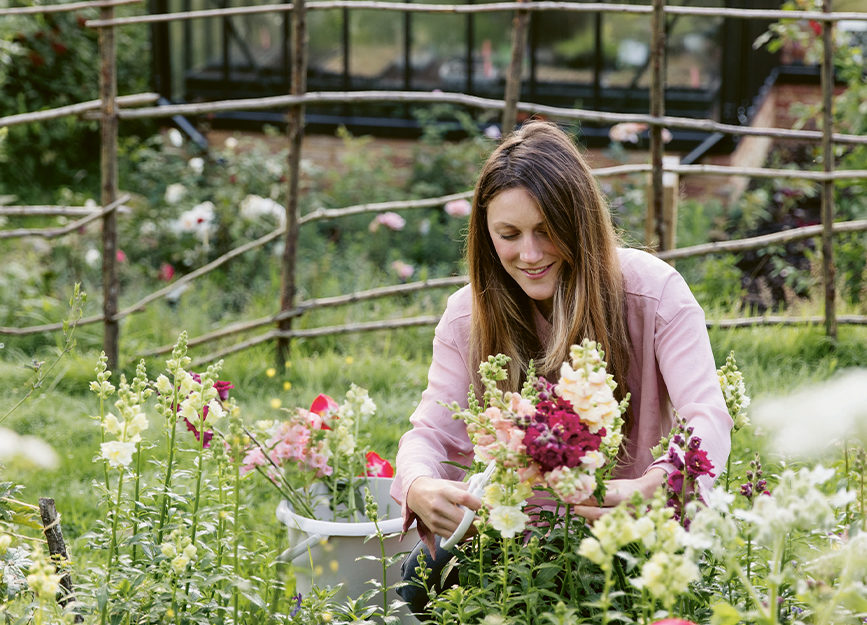

@milliproust
@milliproust
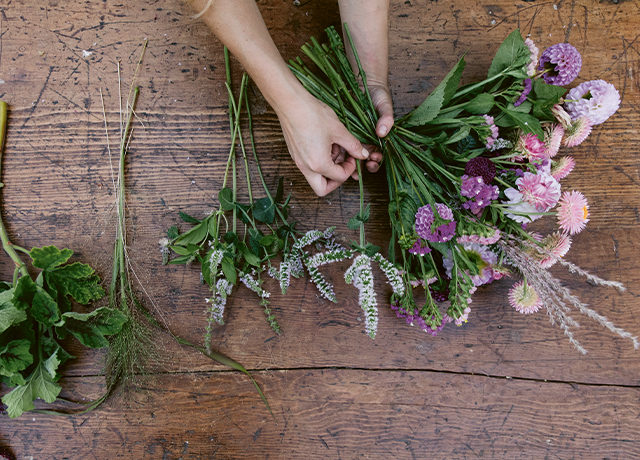

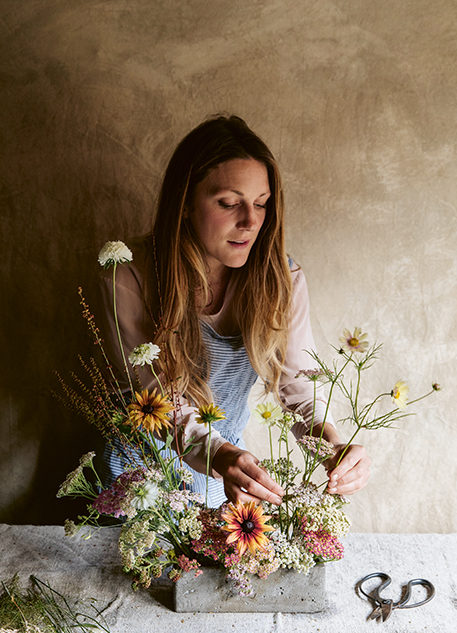

@milliproust
Food & Garden
How To Grow Your Own Flowers Sustainably with Milli Proust
As we continue to examine ways to engage with nature in ways that give back to it whilst helping our own physical and mental health, we are so pleased to welcome a woman who has taught us at REV to be very inspired by sustainable gardening. Milli Proust has just written a book, From Seed to Bloom, which inspires us to all get growing so we wanted to share her wisdom and tips with you.
“For such a seemingly natural product that symbolises and celebrates our connection with nature, most flowers are grown with a huge carbon and water footprint and on top of that, they’re grown and flown a vast quantity of chemicals, pesticides and fungicides.”
Milli Proust
Can you begin by telling us a bit about your personal connection with flowers – how did your creative spirit with the natural world evolve?
A creative connection with the natural world is something, I think, that we all innately have. We all have a creative spirit and it’s easy to forget we are a part of the natural world- we’re not just able to connect with it; we are it. I grew up in London, and a lot of my connection with the natural world was through the plants pushing up through the pavement, the pigeons and city foxes, the shrubs and trees in the local parks, and the wild bits along alleyways and down the railway lines. I spent a lot of my school holidays with my grandmother in her garden, and loved when we could go for long walks through the countryside. It wasn’t until I moved out of London in my late 20’s that I had much more access to nurture and grow that creative connection. Just having the opportunity to be surrounded by a lot more green, and a lot more wildlife has been an absolute privilege and I’ve found it has allowed a creative response to the natural world to flow freely.
Before we get into all the wonderful ways you are growing flowers sustainably, can you first tell us a bit about some of the unsustainable issues with conventional flower growing?
Most flowers purchased from florist shops and the supermarket are simply grown in a way that is harmful to the planet and its people. 80 percent of the flowers bought in the UK are imported and grown in a way that takes more from the natural world than puts back in. For such a seemingly natural product that symbolises and celebrates our connection with nature, most flowers are grown with a huge carbon and water footprint and on top of that, they’re grown and flown a vast quantity of chemicals, pesticides and fungicides.
Can you tell us why seasonality and keeping things local is so important when it comes to flowers?
Seasonality simply embraces and celebrates the rhythm of nature, rather than fights against it at a cost. Whereas buying locally can solve some of the carbon footprint issues, but it’s still vital to do your research on who you’re buying from. Sometimes the thing grown a bit further away may still have a lower carbon and chemical footprint than something grown just around the corner. It’s more important to consider how things are grown and how a business operates.
You also showcase the most beautiful floral arrangements, how do you translate the sustainable ethos of your work into the bouquets you create?
It’s funny, a sustainability ethos doesn’t need to be the driving force in my creative process. I think about it a lot more in the ways that I grow crops and run the infrastructure of my business, but when it comes to designing- I simply create with what I grow, celebrating the ingredients as and when they arrive throughout the seasons.
What does it mean to grow flowers organically?
The way I interpret growing organically is not using any chemicals whatsoever. I ensure that the soil is at its healthiest, I make compost and mulch the soil with it every year. I use the no dig method to limit the damage to the ecosystems and fungi networks in the soil and the infrastructure of the soil. I draw upon companion planting to help plants with pest pressure and plant things in conditions where they will naturally thrive. I add invitations to wildlife in the plot in the way of ponds, hedgerows, grasses and seedheads. I don’t use heat to force my flowers- they’re all field grown, and when it comes to water, I harvest rainwater during our wet winters to irrigate the plot. Thinking about the little things that encourage more life into the plot- that’s how I interpret growing flowers organically.
You talk about regeneration when it comes to how you grow your flowers – can you tell us a bit about how you accomplish that?
It’s less to do with regeneration, there’s already a lot of wildlife here; I’m on the edge of an accent woodland, there’s really no regeneration required where I am. The work I do is more about being sympathetic to what is already here, treading lightly, and putting in more than I take out- be that habitat, forage for bees, or biodiversity for the soil.
You grow on less than an acre and produce the most incredible flowers – how do you produce so much beauty on such a small amount of land?
Soil health is key. Abundance comes when the soil is happy – providing plenty of mycorrhizal networks, food and access to water for the plants. I can usually get two crops each season from each bit of plot through successional planting, and where I grow perennials I underplant with another crop that not only serves me, but will be something that interacts positively with the perennials. For example, salvias seem to do a great job of keeping blackspot away from roses, so the roses are underplanted with salvia.
“Every bit of land is so different, from the soil type, the climate, where the wind comes from and where the sun touches it, that there’s never going to be a perfect textbook to follow when it comes to gardening. This journey of learning the land has felt much more personal than anything else I’ve done, and much more nuanced too- much like getting to know and understand a new friendship.”
When you can’t grow some things yourself, how do you source outside florals that have the same sustainable ethos as yours?
I’m part of a network of small-scale flower growers called Flowers From The Farm. Most small-scale farmers I know have come to growing as their personal contribution to fighting the climate crisis. I’ve made some great friends and working relationships with other small-scale growers who I can rely on for surplus crops when I need.
Do you think the way you grow is scaleable to a larger way of doing things in the floral industry?
Scalability relies on demand and demand relies heavily on trends. Large scale events where the florist or customer wants thousands of white roses in winter are going to prevent sustainably minded growing from scaling up. This includes addressing the desire for any huge quantities of ingredients in the months of seasonal scarcity. If you want floral abundance at a wedding, it’s best to get married in the summer, if you love bare branches and evergreens, winter is for you. The more demand there is for embracing seasonal flowers, the more sustainable it will be for small-scale growers to increase productivity and size.
What inspired you to write a book about your experiences in the garden?
It came from a place of becoming increasingly fascinated by the relationship between the land and the grower- there’s something incredibly intimate about that relationship, and a lot of the books I have voraciously read and loved on cut flowers, floristry and growing were missing some of that intimacy. Every bit of land is so different, from the soil type, the climate, where the wind comes from and where the sun touches it, that there’s never going to be a perfect textbook to follow when it comes to gardening. This journey of learning the land has felt much more personal than anything else I’ve done, and much more nuanced too- much like getting to know and understand a new friendship.
I’ve not been growing flowers for very long- this is only my sixth year growing commercially, and embracing that, I wanted to write in a way that made the practical elements as accessible and easy to understand as possible.I wanted to bring a book into existence that not only was practical, useful, and encouraging if you’re just starting out growing flowers, but celebratory of the personal too- a book that motivates the forming and strengthening of a relationship between a garden and a gardener.
From Seed To Bloom is such an excellent title – can you tell us a bit about what we can learn about sustainable flower goring within the pages?
I walk through everything you’ll need to know to start a garden from scratch, no matter how big or how little your growing space is. It’s packed full of information on how to tend the plants from seed to bloom and back to seed again so the cycle goes on, and I hope I’ve managed to fill the pages with a lot of celebration and inspiration of what it means to grow and harvest in rhythm with the seasons.
How do you find living in the beautiful British countryside affects your connection to nature and slow living?
Growing is a job with really long, unrelenting hours, and working with a perishable crop means you have to work at speed to harvest at the right time and get it into customers’ hands- the only thing that feels slow living about it is how long it takes to grow things from seed. But growing only strengthens the innate connection with nature. I feel very lucky to live where I do now and spend so much time working outside.
Finally, and we know this will be hard question, do you have a favourite flower to grow?
Roses. My middle name is Róża- Polish for Rose, and named after my great-aunt on my dad’s side. My great-great grandmother loved roses enough to call her daughter Rose, and in that thread I imagine I’m tangibly tracing back my family’s love of roses. Great Aunt Róza called me ‘moja mała różyczka’, ‘my little rose’. The last time I saw her, I was 19 and travelled to Poland alone to stay with her for a night or two. It was June and the roses in her garden were just out; a pale rambler climbed up and over the corrugated tin roof of her home. I kissed her hello, and we picked roses from her garden to place in the kitchen, petals falling to the table as we finished off a zupa ziemniaczana (potato soup). When early summer comes, I still think of Great Aunt Róża and her roses, and I love roses all the more for that. It’s my birthday right in the middle of rose season, and for all of this, it easily holds the position of my favourite flower–in the wild, the garden and the vase. Each year for my birthday, many of my friends and family give me a rose to add to my collection, knowing that nothing brings me greater pleasure. There are over 100 now, each with a loved one and a year attached to it, and I’m grateful to the love that is conjured when they’re in flower once again.
Words from Milli Proust @milliproust
Related Editorial
See All Editorials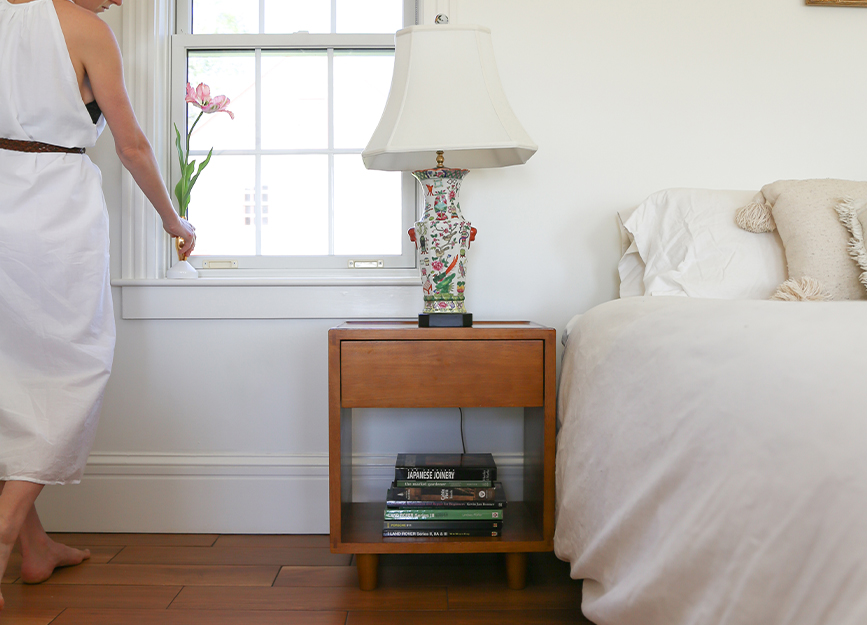

@thuma.co by @corahilts
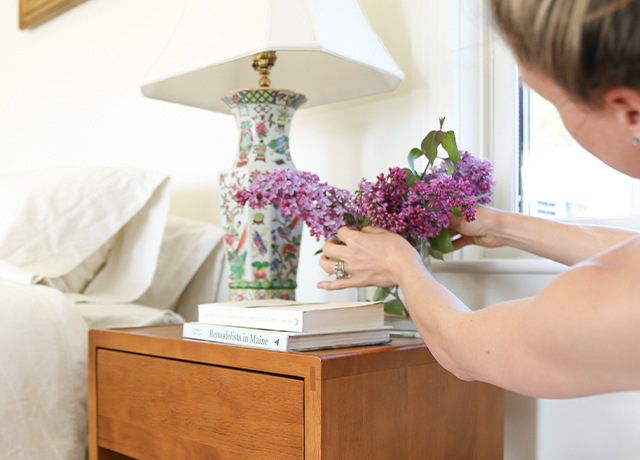

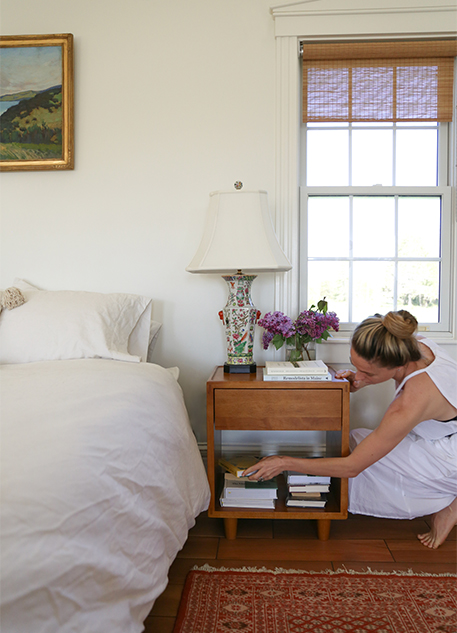

Home
What’s In Cora’s Nightstand with Thuma
I was excited to team up with Thuma for our master bedroom nightstands. Their simple, elegant design and focus on sustainability fit perfectly in our farmhouse. Read on to find out what I have included within!
Thank you to our friends at Thuma for making this possible.
About Thuma
At Thuma, they are mindful in the making of each product, considering both you and the environment every step of the way. Drawing inspiration from around the world and designed in San Francisco. They combine modern architecture, Japanese craftsmanship, fashion, and interior design. Every detail became purposeful, each material selection mindful. Their furniture uses sustainable materials that last. It is made ethically and comes in recycled packaging. Plus, it is GREENGUARD Gold certified.
About the Thuma Nightstand
Each nightstand is one-of-a-kind. It’s made from handcrafted, repurposed real wood in a natural walnut finish. No MDF or veneers. Real wood shows unique grains, knots, slight imperfections, and subtle color changes. These should be expected and celebrated. Each corner has a cork-padded bottom to protect the floor and add cushion. We chose to add legs for the ideal bed height. I’m thrilled with the size and look!
What’s in Cora’s nightstand
Books. I’m a big reader. Right now, I’m revisiting an old favorite, Braiding Sweetgrass. It’s a lovely reminder of nature’s intelligence and the wisdom of indigenous cultures, especially as summer gets closer. I’m reading design books about old homes in Maine. I love having cookbooks nearby. They inspire me on weekends for the farmer’s market or dinner parties! Anna Jones is a perennial favourite for mindful, plant based cooking.
Natural Beauty. I enjoy winding down in bed with some self-care. True Botanicals and Maison Made Biodynamic Skin Care are my favorites for face oil. Also, Ten Over Ten’s rose cuticle oil is essential for country living. I also love the Rowse organic eye serum to debuff whilst sleeping.
Locally grown flowers. These tulips are from a local, sustainable flower grower down the road from us in Maine called Eden Street Flowers. The lilacs I picked from our front yard. I have given up non-local / non-seasonal flowers, so the herald of Spring for me is when I can get my hands on beautiful cut flowers again! I always make sure to have a small bouquet next to my bed to make going to sleep and waking up a lovely process.
A notebook. I’m a bit of a workaholic, so Rêve En Vert is always on my mind. I keep a notebook in my Thuma drawer. That way, I can jot down ideas for partnerships, editorials, podcast guests, and other content that pops up when I’m in bed. I avoid having my laptop in bed. Instead, I use a notebook. It helps me remember important thoughts without the blue light from screens. This way, I also reduce the stress of using devices late at night or early in the morning.
To find your own Thuma nightstand like Cora’s, shop here!
Related Editorial
See All Editorials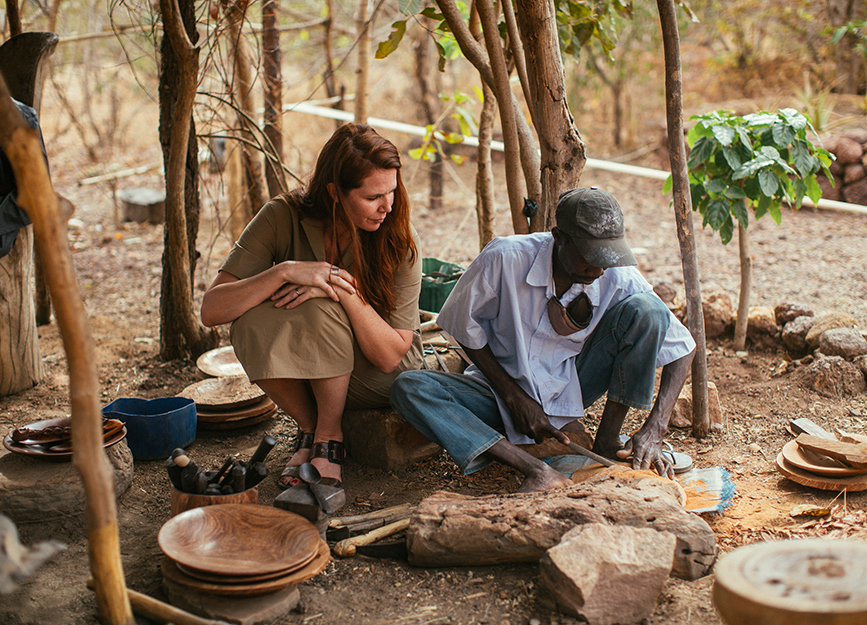

Treana Peake @obakki
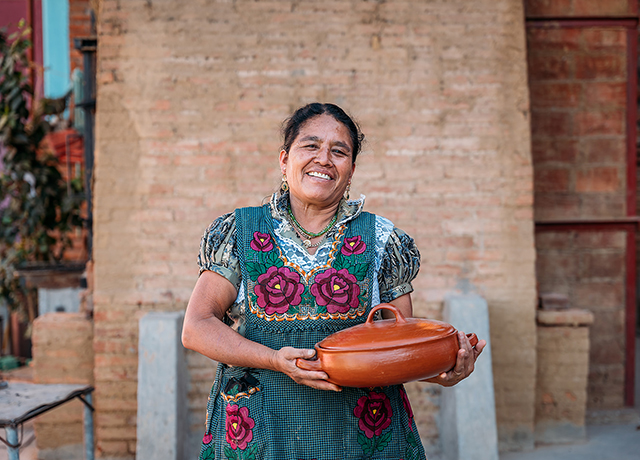

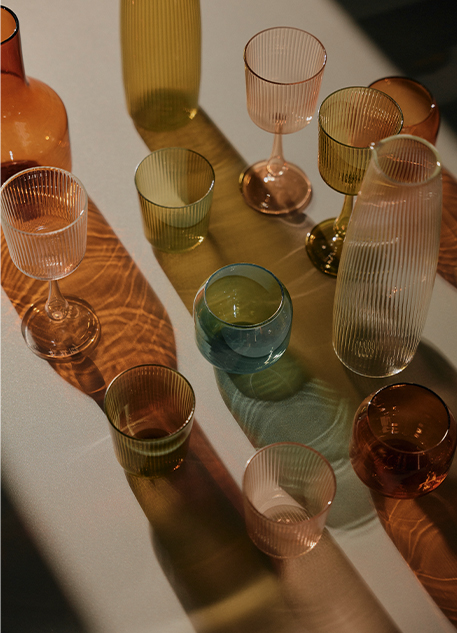

@randd.lab via @obakki
Home
Craftsmanship That Gives Back With Treana Peake, Founder of Obakki
Today we talk to Treana Peake, founder of the ethical homeware and lifestyle brand Obakki. Obakki is special in that it gives back to artisans that create the beautiful pieces sold by Obakki. Through the Obakki Foundation, they partner with artisans and uplift communities. Giving their traditional craft a platform to stand on. Real life connections with these communities is what allows Obakki to give them what they most need. In the form of development work and resources to support their livelihood.
Thanks to our friends at Obakki for making this editorial possible!
“Obakki is a purpose-led lifestyle brand that connects people through modern design. Everything we curate is handcrafted and produced by true artisans—real people making meaningful products. Our artisans are part of our family, and their quality of life is a top priority for us. Obakki’s main mission is to support and expand our artisan partnerships. And to fund development work through the Obakki Foundation (our philanthropic counterpart).”
Treana Peake
First of all, can you introduce Obakki and your mission with it?
Obakki is a purpose-led lifestyle brand that connects people through modern design. Everything we curate is handcrafted and produced by true artisans—real people making meaningful products. Our artisans are part of our family, and their quality of life is a top priority for us. Obakki’s main mission is to support and expand our artisan partnerships and to fund development work through the Obakki Foundation (our philanthropic counterpart).
And what led you to start the company – was there a moment of inspiration or an event that motivated you to begin?
My “aha moment” came when I realized there was a way to combine my philanthropic work with my love of design and my love of travel. I search for talented artisans in remote regions who are paying homage to their ancestral crafts and maintaining traditions, styles and histories that would otherwise be lost. Many of these artisans don’t have access to the global marketplace, and we work with them to help them reach their goals. And then, we reinvest our profits back into some of our artisans’ communities (we call these our impact artisans) so that they may continue to develop sustainable, culturally appropriate incomes.
How did your personal work in international development influence how you constructed Obakki?
I have had over 30 years of development experience and because of that, I put everything through a development lens. I want to ensure that our relationship in these communities is positive. And that it continues to be positive as we grow together. Artisan-craft can be used as an easy way to bring economic stability to a region. Provided that it is regularly assessed and that it remains community-led. My role is to ensure that our involvement is positive for that community. And that impact is created through our partnership.
How do you go about finding the artisans and communities Obakki sources from?
In many cases, artisans are naturally presented after clean water has been provided to an area. After a water well is drilled, I will gather the community to discuss how we are going to create some economic stability. This is when women start showing me things. “Well, we make these pots…” or “We weave these textiles, would these work?'” And I am absolutely blown away by the quality and design. Sometimes, when I’m in a remote village, they’ll tell me of a talented artisan who is further up the mountain or over there, beyond the next hill. And off we go. It’s mostly about keeping your eyes and ears open and being in the right places.
Can you tell us what your mission is in partnering with these artisans and how that impacts wider society?
When we provide an international market for these artisans, our sales directly support entrepreneurs in developing countries. Together we contribute to positive social and environmental impact for these “impact artisan” communities around the world. That’s all of us, the artisans, Obakki, and our customers. We all contribute to society by helping preserve, promote, and protect local economies, cultures, environments, and crafts.
Is there a particular story of a community you have worked with that has been particularly meaningful?
We have been lucky to develop so many meaningful relationships, and it’s so difficult to pick one. But I guess it would be our Potters of Akiliba. The village of Akiliba is located in a remote, rural region of northern Uganda, and independence is critical for these artisans, as is preserving their ancient craft. These women create the most stunning one-of-a-kind pots by hand using local materials. But the community was only selling one per month, and had to support over 1,500 people on such minimal income. Thinking of future stability and independence, one of our mandates is to help establish a strong local market first for our artisans, before buying and selling internationally so our artisans aren’t dependent on us. Now these artisans are thriving locally – providing enough food for the entire village, with their children in school and they have other thriving economic activities!
Can you tell us a bit about how you ensure sustainable practices throughout the entire Obakki supply chain?
I always meet with each artisan partner, and that way, I not only have ‘boots on the ground’ per se, but I also foster genuine relationships this way. You can’t do that on Facetime. Physically meeting with our artisan groups additionally ensures that social responsibility is upheld as we work with these important communities. Our constant connection to our artisan partners allows us to trace each product from concept to completion, ensuring that our pillars of sustainability and ethical standards are always maintained. We are there from beginning to end. That’s the only way you can ensure sustainable practices.
How has Obakki helped female artisans in particular?
As it turns out – many of the women in developing countries are the guardians of ancestral craftsmanship and skills. They are the ones who learned these ancient traditions on their mother’s knee, who learned on their mother’s knee, who learned on their mother’s knee, and so on for 500 years in some cases. When these women can sell their goods to create sustainable incomes for themselves and their families, their children can go to school, and they have food on the table. For many, it means that basic survival is more certain than before. It also means that they can continue in the traditions and the teachings of their ancestors – important pieces of their culture and heritage.
And the Obakki Foundation is such a wonderful initiative alongside the business – can you tell us a bit about it?
Obakki and the Obakki Foundation were always meant to coexist, and my goal for Obakki since the beginning was to aid in covering the administrative costs at the Foundation so that every donated dollar would go toward our livelihood initiatives, education, food security, agriculture and clean water projects. Since we evolved into homewares, Obakki has really grown into a global provider of luxury homewares, one that showcases our impact artisans’ incredible products, and helps connect consumers with the actual humans that make their products. And, the fact that we reinvest our net proceeds back into these initiatives is what continues to drive and inspire me to do more.
“Our constant connection with our artisan partners allows us to trace each product from concept to completion, ensuring that our pillars of sustainability and ethical standards are always maintained. We are there from beginning to end. That’s the only way you can ensure sustainable practices.”
Treana Peake
What are some of the recent projects you have worked on that you can highlight?
We’ve installed 100+ water catchment systems and an urban water system for our weavers in Guererro, Mexico.
Six clean water points and trained midwives for the weavers on top of the Rwenzori mountains in Uganda.
Built two new jewelry workshops for our artisan partners in Nairobi (and have started construction on two more large scale artisan workshops in Mexico!)
Trained over 300 beekeepers in Uganda – and have established honey apiaries that have found thriving local markets.
Launched a tailoring workshop initiative in the largest refugee resettlement area in the world (Bidi Bidi, Uganda).
We’ve slowed deforestation and created sustainable incomes with our shea butter harvesting and cold-press oil production (which we purchase for our products in our new skin care line).
Enrolled over 50 children in school full-time in Kibera, Kenya, paying for their school fees, uniforms, and nutritional needs.
And there is more to do. There is always more.
How can we all become involved in the work that the Obakki Foundation is doing?
You can read about all of our programs and donate directly to the Obakki Foundation on our website. We support a mix of clean water programs (to date we’ve drilled over 3,500 clean water wells in Africa), agriculture and food security initiatives and education, along with our artisan partner program and other economic initiatives. We’ve helped over 4 million people so far (and we’re just getting started).
Or you can go to Obakki.com and purchase any of our sustainable homewares – all handmade by incredible artisans who benefit directly from your purchase. Buying beautiful, meaningful items has never had such a powerful impact.
Finally, what are your favourite Obakki products at the moment?
I’m always in love with our earthenware pots from Uganda, and I’ve got a soft spot in my heart for all of our Mexican pottery – my house is full of it! Our new rugs from Chiapas in Mexico have 500 years of history and heritage behind them, and so on, and so on. It’s so hard to choose, I truly love them all.
Words by Treana Peake, Founder of @obakki
Learn more about Treana Peake and Obakki Homewares here
Use the code ‘REV15’ to get 15% off Obakki!
Related Editorial
See All Editorials

@taylorblair1
@milkyoatco by @taylorblair1
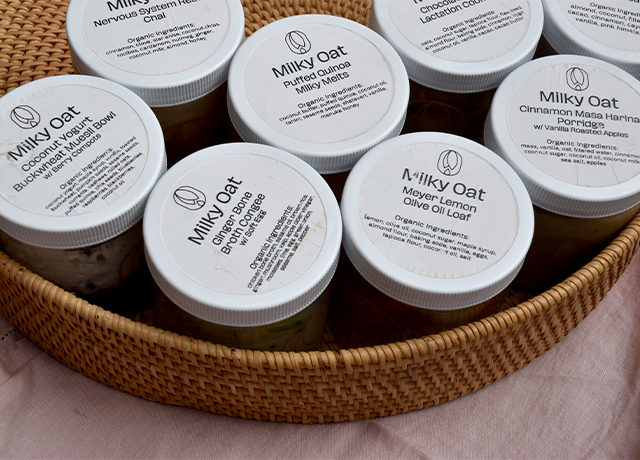



@taylorblair1
Parenting & Baby
Taylor’s Sustainable Pregnancy Postpartum Guide
In this editorial we asked our head of partnerships and mom to Ayla to share her postpartum essentials. It is such an intense time that is different for every person, so all of Taylor’s suggestions stem from her experience. Secondly, always consult with your doctor or midwife before taking any remedies or supplements!
Thank you to all the brands below that made this editorial possible!
My Experience –
I was lucky enough to have a beautiful, very positive, and seamless homebirth in March of 2022. I suffered a very minor tear that was able to heal naturally but I was a bit more careful because of that. I spent the first 42 days mostly in bed or on the couch, soaking in time with my newborn and allowing myself to truly recover from the marathon that my labour and birth were. I was so lucky to have support from my midwife, doula, husband, and parents who made sure I had everything I needed and more. It was truly a rollercoaster of emotions – highs and lows. It differed every single day. From the physical side to the mental side, there were a few things I did and used that made a difference. Below you’ll find my guide to the postpartum period –
Milky Oat Meal Delivery –
Whether you’re getting ready for a baby or looking for gifts for a new mom, start with Milky Oat, a postpartum meal delivery service that provides amazing and organic postpartum nourishment. I didn’t have something like Milky Oat for my postpartum period and my husband made all our meals, but I wish I could have had a service like this so both my partner and I could just focus on recovery and bonding with our Ayla. Milky Oat currently services the San Francisco Bay area and will be launching in Los Angeles this year, so if you’re in these areas you are in luck! They provide many different options, but I can’t recommend their six-week plan enough because those first 42 days post birth are so key to rest and nourish yourself. Food and nutrition play such a huge role in both recovery and sustaining yourself while you breastfeed. I truly have never been so hungry as when I’m breastfeeding! Luckily, Milky Oat provides not just delicious meals but wonderful snacks and drinks that can even help with lactation.
Customize Your Postpartum Meal Plan
Haakaa Breast Pump + Milk Catcher –
In the first few weeks of breastfeeding, the milk supply can vary a lot as the body figures out how much milk to make for your individual baby (or babies!). I can an oversupply, which is a blessing and a curse. I was able to donate 1,000’s of ounces of milk to different mothers and babies in need, but I also battled mastitis and clogged ducts. When babe feeds from one side, often the other side just starts producing as well, so it is so handy to have a milk catcher to catch that milk so you can add it to your freezer reserves or to pop in your baby’s bath. I basically always had the Haakaa LadyBug Milk Collector or the Manual Breat Pump on me for those first few months!
Milky Oat x Farmacopia Tinctures –
Having remedies and tinctures on hand in those first months to support early motherhood is essential. Milky Oat has teamed up with Farmacopia to create four tinctures to support lactation, energy, the immune system, and to assist with relaxation when you can’t switch off. I can’t recommend the full set enough because over a year into my motherhood journey these tinctures still offer me assistance. The “Immune Active” offers fast acting herbs for healthy defenses, “Lactate” gently helps to increase milk production and support the nervous system, “Relax” provides rapid relief for everyday stress and irritability, and “Daily Energy” boosts vitality and helps to balance adrenals.
Frozen Pads –
Regardless of a tear, you are often a big sore after pushing a whole human out – makes sense! My doula had me prepare frozen sanitary pads to use in those first few days to relieve any discomfort. It was a godsend and so simple. Simply, soak organic pads in organic witch hazel and pop them into the freezer for when you need them. Then put them into your underwear and experience some amazing relief! I recommend using the Cora Organics pads and the Thayers Witch Hazel.
Silverette Nipple Shields –
The start of breastfeeding can be tricky for lots of reasons. One thing I struggled with was cracked nipples and the pain that came with that. Breastfeeding is my favourite thing today but in the early days it was so painful. Using Silverette’s after each feed provides relief to sore and inflamed nipples. Silverette’s are antimicrobial, antifungal, and antibacterial so it can really help heal cracked or blistered nipples. Such an amazing tool to have on your bedside for those early days!
Supportive Nursing Bra –
The Jorgen House nursing bras are my absolute favourite – I live in them. The Sleep Bra is my go-to because it is so comfortable, soft, and easy to breastfeed from. It does not have clip, but it is so stretchy that you can seamlessly take your breast out to feed. It is also supportive enough to pop a milk catcher or portable pump in.
Related Editorial
See All Editorials

@olisticthelabel modelled by @arizona_muse
@olisticthelabel modelled by @arizona_muse




@olisticthelabel modelled by @arizona_muse
Fashion
A Deep Dive Into Sustainable Summer Styling with Olistic the Label
Today we are bringing you a deep dive into one of our favourite brands for sustainable investment pieces and how to style them for summer trips inspired by our travel editorials! Olistic the Label produce simple but stunning clothing that can fit seamlessly into any wardrobe. They are committed to ethical and socially conscious manufacturing and use 100% natural and sustainably innovative materials in all their garments. We hope this editorial inspires you to style some Olistic pieces into your holiday wardrobe this summer.
Brought to you by our friends at Olistic the Label!
Olistic The Label
Founded in 2019, Olistic The Label was born out of a desire to create fashion that is both durable and elegant. Their collections are versatile and distinguish themselves with timeless, seasonless beauty.
Olistic offers a new sustainable definition of the feminine wardrobe, combining minimalist silhouettes with a contemporary bohemian touch. Light and airy, muslin tops, skirts and dresses caress the skin with sensuality while the palette of ecru to taupe shades recalls the organic roots of their collections. The fluid and wide cuts promote comfort and freedom of movement without compromising elegance.
Inspired by the adjective “holistic” Olistic the Label suggests a totality, a life cycle where the human being lives in harmony with his environment.
Fabrics
Olistic’s collections are made of 100% natural and biodegradable fibers that are GOTS-certified (Global Organic Textile Standard). This independent label is a promise of organic fashion that controls all stages of their production to guarantee the low environmental impact of their brand.
Natural fibers do not generate any toxic substances for our health and that of our planet. When a synthetic fabric is washed, thousands of microplastics are discharged into waste water. These particles are later ingested by marine species and human populations.
Choosing natural organic fibers means promoting a garment that is more respectful of the Earth at every stage of its lifecycle: from its production and washing to its destruction.
Olistic use a range of natural and innovative fibres such as Peace Silk, Lyocell (wood fibres), Virgin Wool, Geelong Merino Wool as well as Upcycled Leather and other deadstock fabrics from the luxury industry.
Production
Olistic The Label is a French brand that supports innovative and sustainable European manufacturing by producing its collections in Northern Portugal. Their clothes are carefully crafted in a sewing atelier ensuring high-end finishes as well as perfect quality.
“Olistic envisages a slow fashion through an ethical manufacturing process where every step is closely controlled. We value the work of Men and wish to break with the frantic pace of the fashion industry. Olistic offers its craftswomen more time and freedom to create each garment. Due to the organic nature of the fabric and the handmade confection of our collections, each of our pieces is truly unique.”
How to Style For Different Occasions -
Summer Lunching –
Being a prerequisite to a well-lived summer, we wanted to share our favourite Olistic pieces to wear to summers day lunch. Inspired by she she retreats Deia, Mallorca getaways, our easy, timeless picks for a relaxing lunch in the sun are the Misogo Kimono Dress and the Pluma Dress in White. Both pieces are ethically made using 100% certified GOTS organic cotton.
A Date Night –
Inspired by the beautiful and oh-so romantic Villa Lena, are some very special Olistic pieces made with their signature Peace Silk. The Phos Blouse is made from natural Silk Organza and the Caelum Green Anise Skirt is made from 100% natural & GOTS certified organic Ahimsa or ‘Peace’ Silk, a silk extracted through non-violent methods to avoid harming silkworms in the process.
En Provence –
The epitome of a truly blissful summer, is a summer en Provence. The Momo Dress and the Kiwa Dress both reflect the versatility of their inspiration Hôtel Weekend who are a conscious travel collective highlighting some of the most aesthetic eco hotels in any place you could dream of, including Provence of course. The Momo Dress is made using 100% GOTS certified organic linen while the Kiwa Dress is made using a combination of organic cotton poplin and linen.
A Special Event –
Any summer event calls for a statement, coordinating set. We love the idea of attending an evening event at Potato Head, Bali wearing Olistics Ikebana range, feeling our best selves and ready to party! The Papillo Top Ikebana with the Ikenobo Trousers is the combination we’ve dreamed of. Alternatively, Olistic The Labels collection of Ikebana Dresses make the perfect statement pieces!
Related Editorial
See All Editorials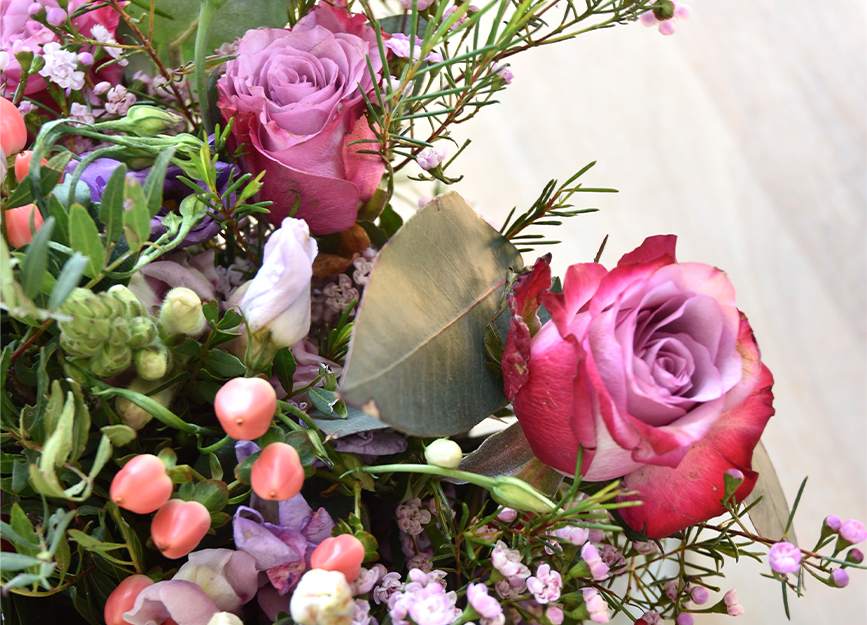

@arena_flowers by @taylorblair1
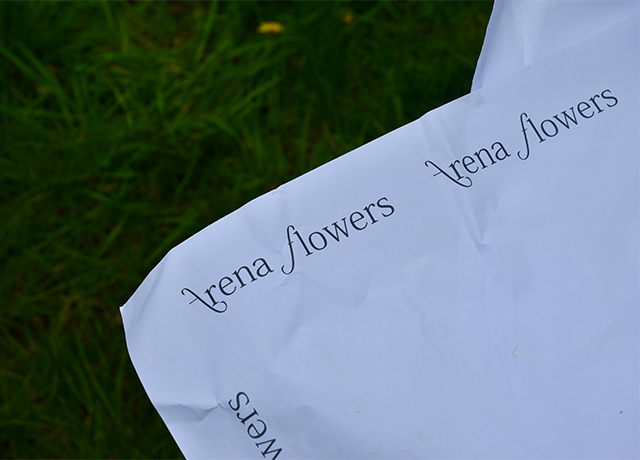

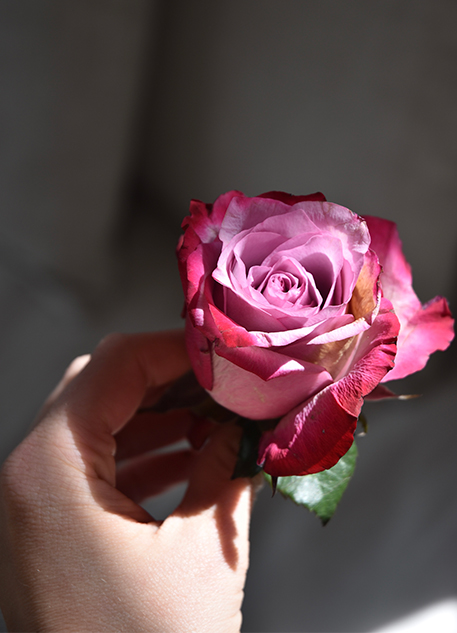

Food & Garden
Meet Arena Flowers – REV’s Favourite Ethical Florist
Flowers help us to celebrate the special and meaningful moments in life. We love to just place bouquets around our homes to bring a bit of beauty inside. Flowers can bring a room to life, perfect a table ahead of a gathering, and act as temporary art wherever they are placed. In this editorial we chat about Arena Flowers, our go-to florist in the UK for ethical and gorgeous bouquets.
Thank you to our friends at Arena Flowers for making this editorial possible!
About Arena Flowers –
Arena Flowers has been around for 15 years now, and they have delivered more than 10 million bouquets across the UK – trust us, they know what they are doing here! They have been ranked the UK’s most ethical florist five years in a row… They are truly committed to operating with the least impact on the planet. They have the first closed-loop waste system in the flower industry, and they have not used single-use plastic in their packaging since 2017. The flower industry is so full of plastic, waste, and pollution but Arena Flowers is truly pioneering a different route forward so flowers can be grown and purchased ethically.
At REV we are always looking for brands to be transparent, which is why we love that Arena publishes their sustainability report, so you can really find about the way they operate and how they bring sustainability into every decision they make. In 2021, Arena launched a new initiative called The Green House, that they designed to take ownership of their green waste and to support biodiversity around their HQ in innovative ways. So far, Arena has salvaged 23.3 tonnes of green waste, which is the equivalent to 8 elephants! By consolidating their freight, reducing waste in their packaging, buying local when possible and utilizing green delivery, Arena have cut more than 1.3 million miles of transport from their supply chain – truly incredible.
All their flowers are sourced from ethical suppliers and fairtrade certified farms that Arena has personally approved. Unlike the traditional flower industry, Arena ensures that the staff are paid significantly more than a real living wage. “No-one should be exploited or undervalued in the production of something which exists to bring joy.” They promise to be fair and principled in upholding this belief to provide the best work environments for workers throughout their supply chain.
Flower growing traditionally uses so much water, but Arena is incredibly water conscious. Most of the farms they use don’t use traditional soil planting, but instead use hydroponic systems, which ensure all flowers are watered as efficiently as possible. After the water runs through the plants, the run-off is recaptured and recycled along with water collected from rainfall or from wetland water filtration schemes and other greywater sources. This water is cleaned before being reintroduced to the hydroponic systems. By growing their flowers this way, Arena has reduced overall water consumption by 30-40% with no effect to the beauty and health of their flowers! To date, the water consumption of each bouquet has been reduced by 17% since they began recording back in 2018.
Pesticide use is a big concern of ours at Rev and it has always been a barrier for us when buying flowers. Arena only uses botanical solutions and integrated pest management to look after their flowers, meaning that they rely on other plants and natural predators to keep unwater pests away. You can smell each and every stem from Arena without the concern that they have been sprayed with artificial and harmful chemicals!
“Arena Flowers have the first closed-loop waste system in the flower industry, and they have not used single-use plastic in their packaging since 2017. The flower industry is so full of plastic, waste, and pollution but Arena Flowers is truly pioneering a different route forward so flowers can be grown and purchased ethically.”
The Flowers -
Arena offers a flexible weekly, fortnightly, and monthly subscriptions so you have their beautiful flowers on a regular basis. You can also gift these subscriptions, which we believe are an amazing gift for those who truly don’t need more material goods. Each week, Arena’s florists and growers select the most beautiful and season stems. They arrange the ethical subscription selection that everyone will love. They also offer a pet friendly selection that excludes flowers that may pose a risk to pets. Your flowers will be harvested only hours before you receive them!
Hand Tied Bouquets for Any Occasion –
Arena has the most incredible selection of hand tied bouquets for any occasion. You can also pick a vase to go along with one of their bouquets.
Reve’s Current Picks –
Be transported to the countryside with the captivating Spring Meadow bouquet. The purples and pinks take the eyes across a field of roses, antirrhinums and lisianthus. Hypericum berries are like drops of raspberry dew among the delicate blooms. Dainty, citrusy waxflower and clarifying eucalyptus make this arrangement heavenly scented too. Send this to someone for a dreamy gift.
This bouquet sings the virtues of Spring with blooms in a variety of gorgeous peach and cream ruffles, pink spires and bells, and starry lilac. Cream kangaroo paw adds soft velvety texture.
Related Editorial
See All Editorials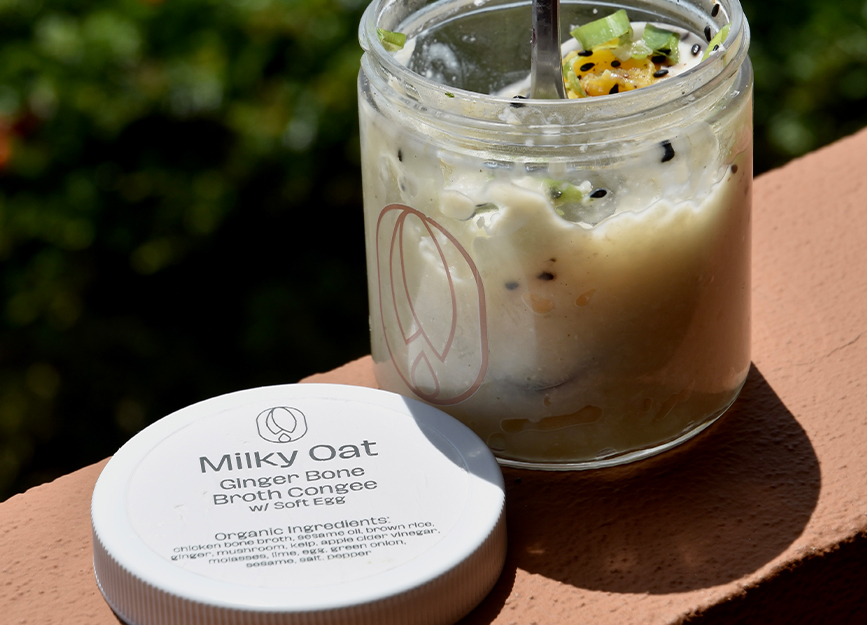

@milkyoatco by @taylorblair1


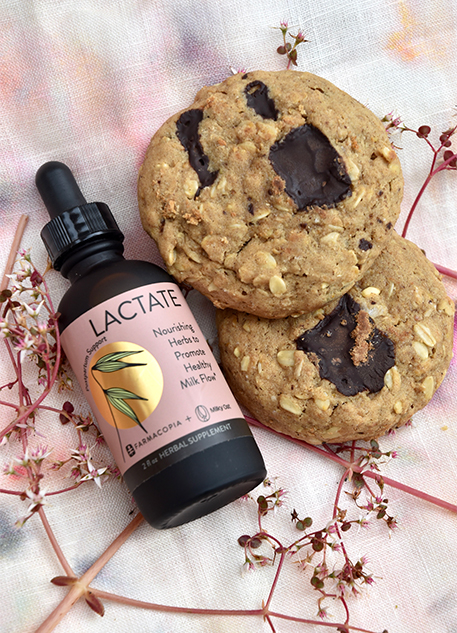

Parenting & Baby
Brand Spotlight – Milky Oat Postpartum Meal Delivery
In this editorial Rev’s own Taylor Blair chats to Sydney Bliss of Milky Oat. A Californian postpartum service that offers new mothers nutritional support through meal deliveries and herbal support through tinctures. The postpartum period is such a crucial time for rest and recovery. For both parents as birth and life with a newborn can be oh so intense. Which is why we were so thrilled to discover Milky Oat. Who are making this period a bit easier for parents.
Thank you to our friends at Milky Oat for making this editorial possible!
A Little Note on The Postpartum Period (the 4th trimester) from Taylor –
For me the postpartum period was a true mix of emotions. It was an overwhelming time, navigating this intense new love I had for my baby. Along with the true exhaustion after my 36-hour labour and home birth. And figuring out how to care for my little one with my husband. It hurt to walk around the room and having food delivered to my bedside was so essential. So I could give my body the rest it really needed.
egardless if you’ve had a C section or have torn post birth, there is an unseen wound left behind by the placenta inside the womb that is the size of a large dinner plate. It is so vital that a new mother is given the time and space to let her body heal. At least six weeks. It can be such a hard time to heal with less sleep and emotional ups and downs. Which is why good nutrition is so essential. Allowing new parents to just simply exist and bound with their new child is the best gift you can give. I wish I could have had Milky Oat for my first 42 days!
Interview with Sydney -
Why did you create Milky Oat?
I created Milky Oat after years of working with new mothers home to home as a postpartum doula. From the intimate kitchens of San Francisco to the dreamy seascape stovetops in West Marin, I found myself being called to scale up and expand to serve many more mothers at once. Milky Oat is my deepest truth as a creative, a women’s yoga therapist, kitchen herbalist, a postpartum doula, and a mother’s chef. In my lifelong devotion to Mother Earth and the feminine form, my goal with Milky Oat is to offer more than nourishing food and products to support postpartum, but to also create a gateway to a deeper connection to the rhythms within and around us.
What is your top advice for the first 40 days?
My top advice for the first forty days is rest above all. Yes, absolutely nourishment in terms of meals, snacks, and sips, but rest is definitely the most important element of all. Carving rest out can be difficult in this modern moment. We’re programmed to push through, stay active, stay on top of all of the things, and to do it all ourselves. This is pretty much the antithesis of what we’re looking for in postpartum. New mothers require rest, letting go of other responsibilities, presence, support, and deep self-care. Building your postpartum container with intentions and boundaries is so important!
What nutrients do you think every new mom needs?
Every new mom needs healthy fats, protein, and the whole gamut of vitamins and minerals. These first weeks after birth are so important to replenish nutrients. So much of a mom’s own resources, especially when nursing, are going to the baby. An important one that I think gets overlooked is Iodine. Because babies require iodine for their healthy brain development. They get this from mom. Mom can get depleted, and iodine is essential for a healthy thyroid. You can find iodine in seaweeds, some fish, eggs, and a few other sources. This may be the reason that seaweed soup is prepared abundantly for new mothers in Korea. We make sure to include iodine-rich dishes throughout our menu for this reason.
How do you weave sustainability into Milky Oat?
Sustainability is in the ethos of Milky Oat. We source our ingredients from local farmers who practice organic and regenerative agriculture. All our menu items are delivered on the same day they’re prepared in our kitchen and are packaged in glass containers inside a recycled box with corrugated cardboard insulated liners and kept cool with drain-safe gel packs. With each new delivery we bring to your home we pick-up any empty jars in the original box along with the gel packs and sanitize and reuse these products. Our customers love this process because they don’t have to throw anything away! We work with a delivery company who uses a hybrid fleet of vehicles and for our farm ingredient pick-ups we use an electric vehicle. We compost all our kitchen scraps and believe in reuse before recycling.
What is your favourite dish on the Milky Oat menu?
Oh my goodness! My favorite dish is always evolving because they’re all my favorite. This menu is near and dear to me as myself and my husband (a renowned private wellness chef) have been developing it for years. With seasonal rotating ingredients and a love for these dishes. Today I think my favorite dish on the menu is the Restorative Mung Dal w/ Soft Egg. It is incredibly comforting, delicious, and my digestion never feels better.
“Milky Oat is my deepest truth as a creative, a women’s yoga therapist, kitchen herbalist, a postpartum doula, and a mother’s chef. In my lifelong devotion to Mother Earth and the feminine form, my goal with Milky Oat is to offer more than nourishing food and products to support postpartum, but to also create a gateway to a deeper connection to the rhythms within and around us.”
– Sydney Bliss, Milky Oat
The Milky Oat Meal Plan –
Available in the San Francisco Bay Area and Los Angeles
The service offers multiple different plans that can be altered to fit any dietary requirements so it can work for all! While they offer a one-week plan, I think everyone should participate in the six-week plan, which covers the first 42 days. A time period that many cultures suggest should be dedicated to rest and nourishment. They also have an option to add on a partner so that both parents don’t need to worry about food or cooking and truly dedicate their time to each other and their new arrival. The Motherlode 6-week package includes a seasonal weekly rotating menu that includes a variety of breakfast porridges, soups, lattes, broths, dinners, and lactation boosting snacks and desserts.
During week 1, they focus on restoration for the mother during this vulnerable period. You’ll find mineral-rich easy to digest foods, apoptogenic herbs, and nutrient dense combinations on the menu. For week 2, Milky Oat focuses on the need to revitalize and create their menu around offering all the vitamins and minerals your body needs to support your balancing milk supply and the baby’s developing brain.
Weeks 3 and 4 are about relaxing and self-care with slow cooked foods that are easily absorbed and digested, along with balancing herbs and sleep support. The last two menus offer more complex dishes with fresher foods and engaging flavors that offer high nutritional value as most babies go through a big growth spurt around this time. Each meal consists of completely local ingredients from the best organic and sustainably minded farms. Milky Oat delivers each week’s menu on three separate deliveries to ensure you are getting the freshest food.
Milky Oat x Farmacopia Tinctures –
Available nationwide, Milky Oat has teamed up with Farmacopia to create four tinctures that every mother should have in her arsenal. Our Head of Brand Partnerships is 14 months postpartum and absolutely loves these tinctures. They are great at any stage of motherhood. Please consult your healthcare provider before taking herbs or if you have a preexisting medical condition.
Lactate: Nourishing Herbs to Promote Healthy Milk Flow
So many things can affect one’s milk supply and having a bit of support on hand is so essential for every mom. The Lactate tincture is a gentle yet effective lactation support for any step or moment in your breastfeeding journey. The formula boasts “galactogogues” – herbs that can help increase the production of breastmilk – and “nervines” – herbs that can help nourish and support the nervous system. When the nervous system is fortified, we have healthy responses to the stress that comes with new motherhood which in turn may allow for easy milk flow.
Relax: Rapid Relief for Everyday Stress, Irritability & Overwhelm
Immediately after birth, women go through the biggest drop in hormones that they will ever experience. Add in exhaustion and physical pain, a bit of stress and irritability makes a lot of sense. This tincture is a grounding blend that supports the overall nervous system in early motherhood. A beautiful addition to your daily ritual to build a resilient foundation to stress and a perfect hero for some in the moment relief. Featuring Blue Vervain, a potential ally for baby blues and postpartum anxiety and Lemon Balm, a relaxing yet uplifting herb that can help balance mood and emotional distress. One that every mother should have nearby!
Energy: Adaptogenic Herbs for Energy, Vitality, & Adrenal Balance
This unique adaptogenic postpartum energy blend is the difference between sustained calm energy from healthy happy adrenals and the often-overstimulated energy that comes with a crash that we get from excess caffeine usage. Early motherhood is demanding, and Daily Energy can help provide assistance! Reishi, Cordyceps, and Lion’s Mane fortify and balance the entire body’s systems while Shatavari and Ashwagandha help support the adrenals and reproductive organs providing optimal energy levels so that you can ride the waves of postpartum with more ease.
Immune Active: Fast-acting Herbs for Healthy Defenses
A delicious formula for brisk protection from outside invaders. A mother’s antibodies are shared with baby through breastmilk which supports and builds baby’s own immune system. Take as a daily buffer or use at the onset of illness. Elderberry and Elderflower are employed for their healthful benefits for postpartum well-being. This is a fantastic support to take throughout the early years of motherhood as your little one is getting their first colds and flues!
Milky Oat x Belly of The Sun Ghee –
Another collaboration of Milky Oat that is available nationwide is their organic, grass fed and handcrafted botanical ghee that is fortified with Fenugreek, Fennel Seed, and Oatstraw for a replenishing, lactation supporting, and nervous system balancing effect in early motherhood. Ghee is a rich source of healthy fat for postpartum and boasts high amounts of omega 3 fatty acids essential for replenishing the system after birth and during breastfeeding. It has the most amazing taste of maple and toasted nuts – perfect for any dish.
Related Editorial
See All Editorials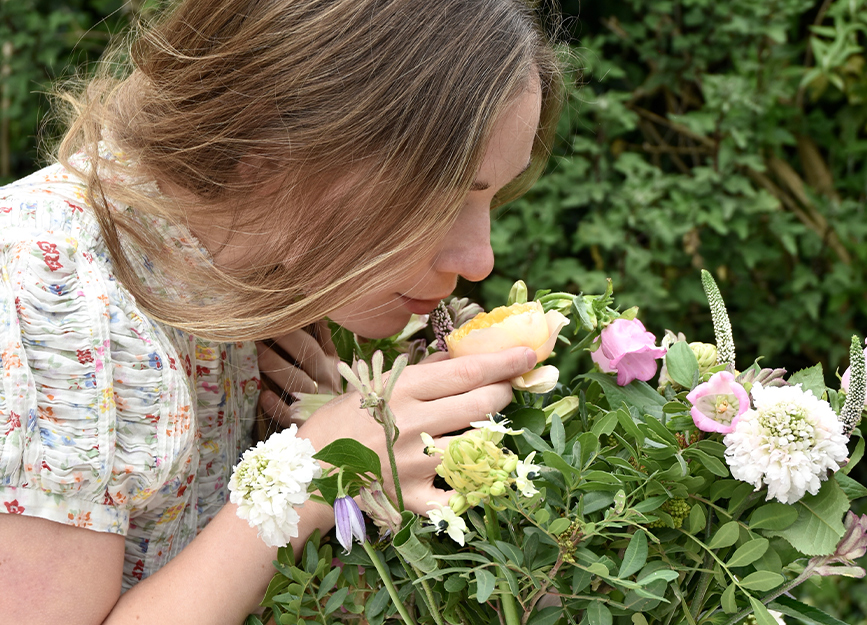

@arena_flowers
@arena_flowers
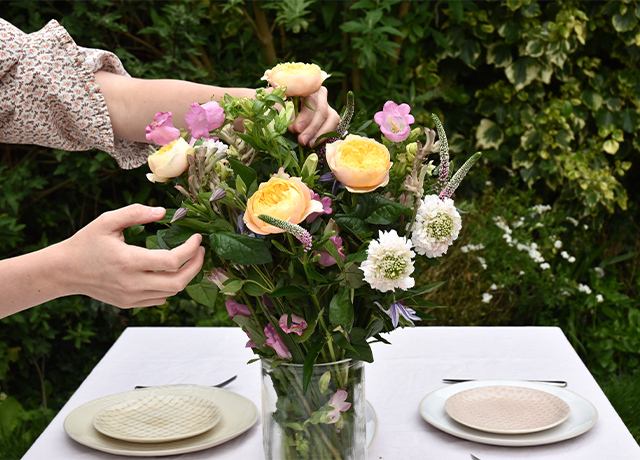

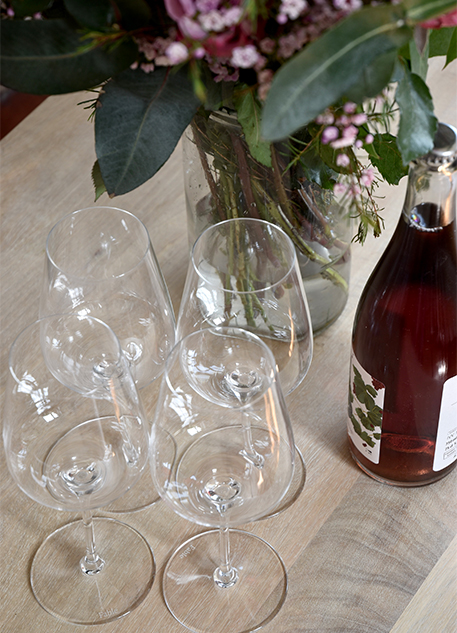

@dinewithfable
Food & Garden
A Sustainable Spring Tablescape with Arena Flowers
Whether you’re planning for a coronation party or planning to celebrate a bit of sun, we wanted to put together some of our favourite sustainable brands to fill your table with this Spring.
Thank you to our friends at Arena Flowers for making this editorial possible!
Arena Flowers For Your Centrepiece
Nothing says Spring like a bouquet (or two) of beautiful and vibrant flowers. Arena Flowers are our go-to for ethical flowers that never disappoint. The brand’s purpose is to help mark life’s moments with beautiful flowers that don’t cost the Earth. Sustainability is really at the heart of everything they do as a company, and they are completely transparent about their supply chain. While they have the most amazing array to choose from, we are in love with the Spring Sonata bouquet, which features a variety of Spring blooms.
You’ll find cream scabiosa, pink campanula, ornithogalum, pink veronica, lilac clematis, kangaroo paw, ‘Vuvuzela’ roses and pistache foliage. All the packaging that Arena’s flowers arrive in is either recyclable, compostable, or both – there is a reason they were ranked the UK’s most ethical florist five years in a row…They also have the first closed loop system in the flower industry as the paper they use to wrap their flowers is made completely from their own green waste (offcuts, stems, leaves, and more). We love that when you buy from Arena, not only are you getting a fantastic center piece, but you are also making a global impact.
Fable For Your Glassware
Fable is a Rev favourite for a reason. Their sustainably made products are simple, timeless, and durable so you know they will last you. They design and craft responsibly and sustainably as they are committed to becoming a zero-waste company. From dinnerware to drinkware, they have you covered with different options and colors to suit your preference. Their base dinner set is the perfect starter kit as it contains dinner plates, salad plates, breakfast bowls, and pasta bowls. Their wine glasses are a true essential as they are perfectly delicate yet totally shatter resistant. Perfect for any shade of wine!
Wonki Ware for Plates
A longtime go-to of our head of brand partnerships, Wonki Ware make dinnerware and tableware that is hand crafted by artisans. Every item is hand made so all of their dishes are different but go together so seamlessly. Their pieces are very timeless and made to last a lifetime – very sturdy and resistant.
Tillingham Wines To Drink
When it comes to wine, we are very passionate about local and natural wine. Our favourite UK based winery is Tillingham Wines, who are in East Sussex. Tillingham is set amongst 70 acres of rolling hills and woodlands with a variation of fruit trees, ancient woods, and roaming livestock amongst the vineyard – amazing biodiversity! Their philosophy is all about using ancient traditions and farming in conjunction with biodynamics to keep soils as healthy as possible. All their wines are absolutely amazing and truly unique. For a special treat, grab a bottle of their Traditional Method 2018, which is a gentle sparkling with notes of melon and citrus – a true crowd-pleaser.
Organic Table Linens from Daylesford
Nothing says Spring like pink and Daylesford make such beautiful organic linen table linens in the perfect spring shades. All their linens are made from 100% washed linen and produced by a small textile manufacturer that is known for their beautiful array of colours. They are all GOTS certified so you know you are getting the best quality. We love the shade Peony for Spring!
If you liked this editorial, be sure to check out other similar editorials here
Related Editorial
See All Editorials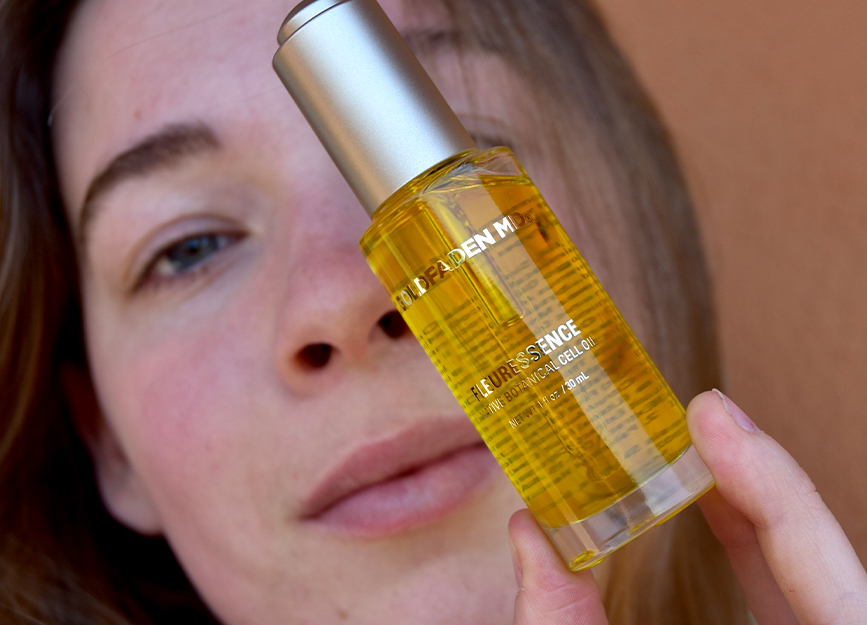

@goldfadenmd by @taylorblair1
@goldfadenmd by @taylorblair1
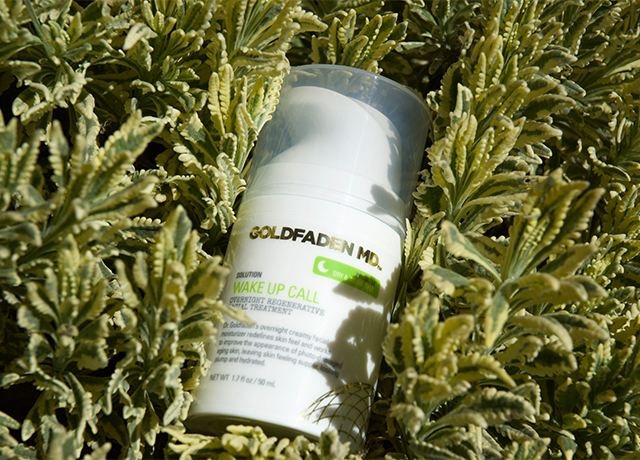

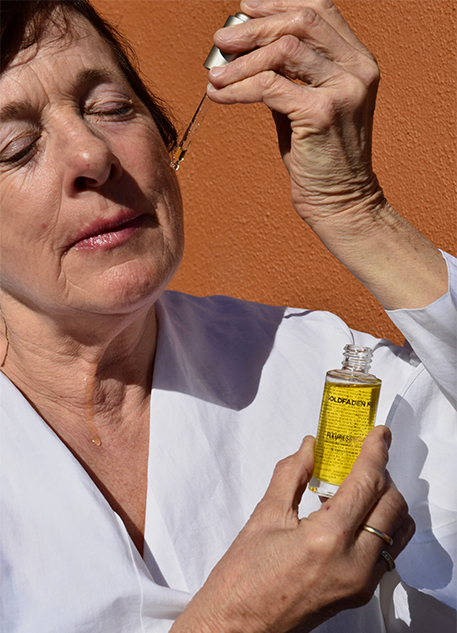

@goldfadenmd by @taylorblair1
Beauty
Brand Spotlight – Goldfaden MD Botanical Skincare
In this editorial, our Head of Brand Partnerships and resident beauty expert, Taylor, chats about one of her favourite brands Goldfaden MD. At REV, we are always after the best skincare and body care as we are so passionate about self-care that has clean ingredients.
Thank you so much to our friends at Goldfaden MD for making this editorial possible!
I first started using Goldfaden MD ten years ago when I would rummage through my mom’s bathroom…looking for her skincare. My mom has always used Goldfaden for years and has sworn by many of the products, so the brand was really a part of my introduction to my love for skincare!
Behind The Brand -
Founded in 2013 by Dr. Gary Goldfaden and sisters-in-law Lisa and Lauren Goldfaden, Goldfaden MD was inspired by the healing powers of botanical ingredients and guided by the belief that being proactive equals prevention. Together, the family runs a “clean-ical” brand that has bottled Dr Goldfaden’s professional experience and knowledge into an amazing collection of skincare and body care products. All their products feature skin nourishing, antioxidant-rich plant cell actives that are organic, non-irritants, and free of toxins and unnecessary additives. As someone with very sensitive skin, Goldfaden MD has never irritated my skin but has rather calmed and soothed any previous redness or irritation.
The brand set out to mimic the in-office procedures that Dr. Goldfaden performs with their line by using natural, clean ingredients derived from plants. All of their products are made of natural and organic ingredients, are vegetarian, and cruelty free. They are completely committed to clean and well sourced ingredients. Plus, they are very transparent about their ingredients, and you can read all about their different powerhouse ingredients and why they use them.
“I CREATED THE GOLDFADEN MD PRODUCTS TO MIMIC THE IN-OFFICE TREATMENTS I HAVE BEEN PERFORMING FOR OVER 40 YEARS, EACH PRODUCT IS DESIGNED TO ADDRESS COMMON SKIN CARE ISSUES THAT ARE RELEVANT TO TODAY’S MODERN CONSUMER, USING NATURAL, CLEAN INGREDIENTS THAT WORK.”
– Dr Goldfaden
Taylor’s Skincare and Body Care Routine -
As a working mother to a very active 13-month-old, who keeps me up a good amount of the night (thank you teething), I need skincare that is quick, effective, and safe for me while I’m breastfeeding. Since having my little one my skin has also changed a ton as it often does after pregnancy. My skin has become dryer, a bit more sensitive, and is just duller from lack of sleep.
Pure Start – Gentle Detoxifying Facial Cleanser
I don’t wash my face in the morning, but after I remove my makeup, I love to go in with the Pure Start Cleanser, which is so gentle but really does remove any excess makeup and impurities. It is super gentle and doesn’t strip the skin, so your skin won’t feel dry or tight after. It is formulated with seaweed extract, grapefruit oil, and rosehip oil, which work together to hydrate, even skin tone, and fade any blemishes. It has a great gel consistency that turns into a light foamy lather.
Needle-Less Line Smoothing Concentrate Serum
As I’m breastfeeding, there are a few key anti-aging ingredients that I’m staying away from. I love the Needle-Less serum from Goldfaden because it is completely safe for me to use but very effective. My skin soaks this product up instantly – it is like a sip of water for the skin. So hydrating. It is full of hyaluronic acid and seaweed extract, which work together to improve the skin’s moisture levels. The serum also contains acetyl-hexapeptide, which is a powerful amino peptide that can deeply penetrate the skin to firm and plump the skin.
Doctor’s Scrub Ruby Crystal Microderm Exfoliator
A few times a week I love to exfoliate to get rid of dead skin to give my skin a bit more of a glow and to allow my other skincare to soak in deeper. The Doctor’s Scrub is gentle enough that you can actually use it every day! The Ruby Crystals in this scrub are perfectly round so no chance of hurting the skin with any jagged edges. It is also full of hydrating and replenishing ingredients that work to improve the skin’s overall texture.
Vital Boost Even Skintone Daily Moisturizer
Never have I loved a moisturizer more…it is the perfect texture and consistency. Not too heavy, not too light! It contains organic red tea, which works to fade any blemishes and improve overall skin tone. The cream also has gooseberry extract, which has high levels of Vitamin C and antioxidants – a superhero ingredient for brightening the skin. After a month of continued use, I’ve already noticed such an improvement in my skin tone – so much brighter!
Bright Eyes Dark Circle Radiance Concentrate
As a very tired mom, my under eyes are so much darker and puffier than they used to be. I’m on my third or fourth bottle of Goldfaden’s eye cream because it is one of the best ones I’ve tried. It visibly brightens the eye area and reduces that morning puffiness. It really plumps the eye area and is the perfect base for any concealer. It contains arnica, which is really calming and reduces darkness – making it perfect for under the eyes. Bright Eyes is also formulated with apricot kernel oil, soy peptides, and hyaluronic acid, which are an incredible trio for firming and hydrating the skin.
If you liked this article
Learn more about how Taylor integrates clean beauty and Goldfaden MD into her daily routine. Read her full sustainable daily guide here.
Related Editorial
See All Editorials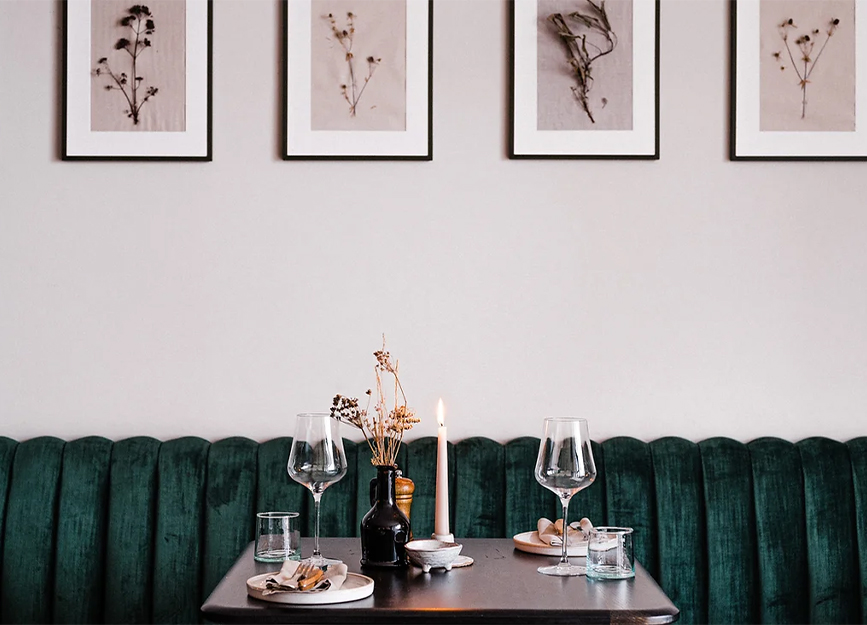

@robinwyldedining
@glebehousedevon
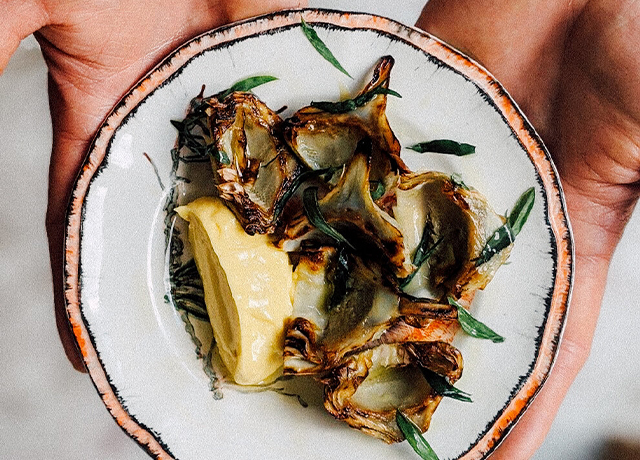

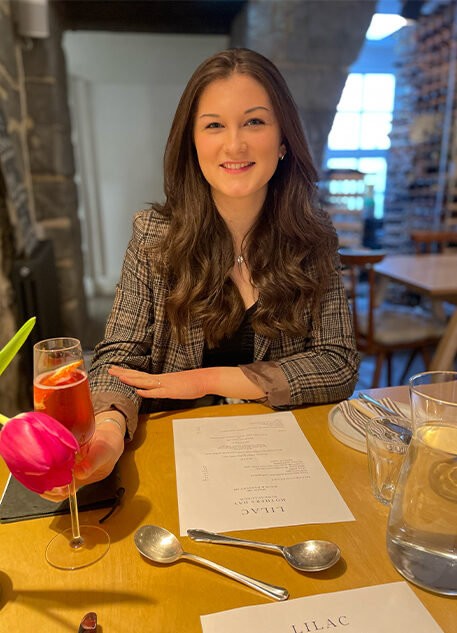

@gemmalhussey at @lilacfoodandwine
Food & Garden
Our Sustainable Food Guide To Devon & Dorset, UK
Well known as a popular retreat destination, the South West of the UK is also a host to some incredible talent and innovation when it comes to sustainable food. Being surrounded by rolling hills, woodland and thriving coasts, the South-West is undoubtedly a foodie’s dream. Our Creative Editor, Gemma grew up and is based on the East Devon, West Dorset border surrounded by nature and limitless creativity when it comes to local ingredients. In this editorial, Gemma shares her pick of the best sustainable restaurants, chefs and organic farms in the area, hoping to inspire anyone local or visiting to try out some of the best this area has to offer!
“I am so proud to call this area my home after having spent time living in London then moving back. I have such reverence for slow living and slow food, growing up being surrounded by nature and educated in this environment, realising that sustainable food is in abundance right back where I started is a blessing. I consistently feel so grateful for the incredible talent that resides here and the people that are putting their energy into doing things how they should be done – responsibly, sustainably, and of course with a touch of natural beauty.”
Gemma Hussey
LILAC & Robin Wylde
Starting off with what is probably my favourite place to eat, drink and attend events locally, is the Lilac wine bar in Lyme Regis. Alongside Lilac is its sister restaurant Robin Wylde, located just a stone’s throw up the road. Both restaurants are designed to home a chic and intimate atmosphere and a place for visitors to find a sense of serenity and good food. Both restaurants present creatively curated menus of small dishes highlighting seasonal and locally sourced ingredients from the Devon and Dorset area as well a host of local & natural wines and their popular zero waste cocktails. Robin Wylde specialises in tasting menus celebrating the finest local produce. Lilac also offers seasonal workshops such as wreath making, as well as talks from local producers such as the up and coming bakers from @the_orangebakery and local mushroom expert @grownupmushrooms. I had to highlight both of these restaurants as they are special in their own way, however I highly suggest to visit Robin Wylde while you still can. Currently home to their delicious pop-up bakery, at the end of Summer 2023, after 4 years of touching the hearts of many via inspired dishes, they will be closing their doors to plan a new chapter. So if you have always wanted to visit or after reading now feel inspired to do-so, I highly suggest booking a table, you won’t regret it that’s for sure!
Harriet Mansell
Behind the fabulous aforementioned restaurants is their creator, Harriet Mansell. In my opinion Harriet had to get separate recognition from her restaurants, as the creativity and innovation behind them. Harriet’s passion for wild food and desire to honour it evidently runs through the restaurants from the menus, to the wine, and sublime interior decor. Every so often you may get a chance to experience Harriet’s incredible creations no matter where you are, as she does pop-up events with various sustainable restaurants around the UK and increasingly abroad such as her up-coming collaboration with @lorto_restaurant at the Nordelaia eco-hotel in Italy. Another way to get a taste of what it’s like to relish working with local ingredients like Harriet does is to join one of her Devon/Dorset wild food walks, for those who love foraging, learning, and connecting with our natural world at the same time.
Radix
New to the South West sustainable food scene is Radix. Recently they worked with the @thepopup.kitchen to host monthly pop-up nights where you can sample one of their unique taster menus. All based around local and seasonal ingredients, each menu with a seasonal course creatively categorised into land, sea, farm and treat, Radix is no doubt one to experience. The incredible detail and thought that goes into Radix is what makes them special, from menus made out of biodegradable seed paper that you can plant as well as the post-dinner favours of tiny seed packets you can take home and plant in your garden too. Keep a look out on their socials for their next series of pop-ups.
The Oyster and Fish House
Founded by well-known chef Mark Hix, The Oyster and Fish House, previously known as HIX Oyster and Fish House, utilises the freshest local seafood you can find in the area, straight off the South West coast to create straightforward but delectable dishes. The perfect place to look out to sea and enjoy a special meal with good company every time. Mark and his team also offer tasting evenings and talks with special guests as well as bespoke group foraging experiences for a true taste of the local landscape.
Gill Meller
Another local chef I wanted to bring attention to is Gill Meller. Also based in the West Dorset area, Gill is renowned for his slow approach to food and passion for outdoor cooking. He has written several books under those themes including ‘Gather’, ‘Root, Stem, Leaf, Flower’, and most recently ‘Outside: Cooking Outdoors – Recipes for the wild’. Gill has for many years worked closely with Hugh Fearnley Whittingstall and River Cottage, who I will mention next, and has in tandem developed concepts around cooking that bring us back to the senses and nature which is truly what food is all about. Though his instagram he shares snippets of his work and what its like to make the most of this beautiful part of the country in all it’s aspects from home gardening to outdoor cooking on the beach, a raw and aesthetic account of delicious and comforting dishes that I’m sure could be easily re-created at home.
River Cottage
Probably the most notable mention when it comes to food in the South West is River Cottage. Despite it’s fame River Cottage’s entire identity is again built around a farm-to-table approach to food. When a lot of the time we don’t know where our food comes from, River Cottage points us back to the source like all other restaurants and chefs in this editorial. Hugh Fearnley-Whittingstall is of course the man behind the idea, as a big figure in British television and mainstream media, he has this wonderful platform on which he has the ability to drive the message of ethical and seasonal food through many of these channels he has open to the public. At the River Cottage HQ in Devon, there are endless ways to embrace better ways of eating including, attending one of their many events which include dining events, taking a course at their cookery school or staying in their stunning farmhouse.
The Pig At Combe
Relying heavily on the gorgeous Elizabethan architecture to entice those with good taste, The Pig at Combe is not only a stunning location set in Devon’s countryside with ravishing interiors, but like all other Pig Hotels is at it’s core an environmental operation to bring more from-the-source food to their guests. I love the quote on their website that states “There’s a saying in Devon that ‘if you stick your finger in the ground it will grow’”, this highlights the incredible soil quality of the area and the fact they recognise that and use it to the best of their ability through their walled kitchen garden that grows the produce used in their dishes. You will have to personally peruse the majesty that is The Pig At Combe via their website to discover all that they have to offer. In my opinion the most inspiring thing about the Pig in terms of sustainable food is their 25 mile menu. Showcasing dishes solely comprised of produce sourced within 25 miles of the hotel, many of which independent and small scale as well as organically certified!
Glebe House
In 2020 owners and couple Hugo and Olive moved from London as a family to take over Hugo’s parents B&B that is Glebe House. Having spent time in Italy and become inspired by agriturisimos, they had the perfect vision for Glebe House to utilise the surrounding flora and fauna, turning Glebe into an English agritourismo with a focus on food and art experiences. Agriturismos by nature provide accommodation, a place to eat and the most first hand experience you could have of what farm-to-table food really means, and Glebe House offers exactly that. A sweet Georgian guesthouse nestled into the landscape with soft but colourful eclectic interiors, and a farm-to-table restaurant to die for. Artisanal dishes with rich quality local and seasonal produce, as well as produce from their very own incredibly local vegetable garden, on-site bakery and ageing room. For a slow pace getaway in the Devonshire countryside, Glebe House is the place you’ll want to go. Don’t forget to follow them on instagram too add some beauty to your feed! @glebehousedevon.
High Grange
I first discovered High Grange through our local farm shop @millersfarmshop (also a must-visit) at one of their Christmas market events. When I say their food is good, I mean insanely good. It’s the type of flavour explosion that you always wish for but don’t always get! I was so delighted to discover from their co-founder Sara, that they operate just down the road as an events space and wellness retreat. Boasting an indoor and outdoor woodland dining area for foodie events as well as private dining, and more recently their outbuilding for creative and wellness events from yoga, pilates and reiki to sound baths and breathwork as well as dried flower arranging to growing your own vegetables. To get an experiential and culinary taste of Devon, join one of their woodland feast nights or not to mention, their fire school classes ran by co-founder and chef Luke Mackay, husband to Sara.
Haye Farm
Haye Farm is an organic and regenerative farm based in East Devon. Their goal is to make a positive difference to the land by farming in a way that increases biodiversity, nurtures the surrounding eco-system and provides for future generations. On their 90 acre farm they have a mix of pasture for beef, sheep, pigs and chickens as well as fruit and vegetable gardens, not to mention their own organic craft brewery @giltandflint. One of the many ways you can support this farm is by purchasing their produce through their online shop, as well as looking out for ‘Haye Farm’ on the menu when dining at local restaurants. They also have a beautiful farm cottage connected to their main farmhouse in which Arizona Muse, our iconic model and environmental activist famously stayed at in 2020.
Trill Farm
Trill Farm are an organic market garden also based in East Devon not too far from Haye Farm. They sell their produce through a local veg box scheme as well as selling wholesale to businesses in neighbouring towns. The founders of Trill Farm have won awards for their commitment to organic principles, good soil management and cultivating biodiversity. They save organic seed from over 20 different varieties and grow commercially for the Real Seed Catalogue and Vital Seeds. They are also founding members of The Landworkers’ Alliance and helped to setup the UK Seed Sovereignty Programme. One way you can support Trill Farm is by looking out for produce and delicious fresh salad bags at local shops as well as ‘Trill Farm’ on menus at local cafés and restaurants. I can really say that Trill Farm salads are the best I have tasted, full of an array different organic seasonal leaves with unique textures and flavours!
Springtail Farm
Finally we have Springtail Farm, another local organic market garden, this time in West Dorset. Springtail Farm are dedicated to growing super delicious and nutritious vegetables whilst being considerate of the land they tend, which is a 1/2 acre lot on the 43 acre agroecological Fivepenny Farm in Wootton Fitzpaine. Food sovereignty and agroecology are at at the heart of what Springtail Farm do, whilst also being members of the Landworkers’ Alliance. They also implement a no-dig gardening technique in order to disturb the soil structure and soil biology as little as possible. You can find their vegetables and cut flowers at local markets, shops and restaurants as well as via their veg box scheme.
Other Notable Mentions:
@maslinbakery – my favourite organic micro-bakery who make incredible bread, pastries and cakes, based in East Devon selling via local shops! (the best Persian love cake and Pastéis de Natas around!)
@elbowfarm – local small scale no-dig farm in East Devon, produce found in local shops and online.
@the_edible _acre – local regenerative market garden in Dorset selling online.
@naturalbranscombe – sustainable farm in East Devon (selling award winning salad bags!) and co-founding member of In My Back Yard.
@inmybackyardco – East Devon’s hub for ethically and organically produced food via the Open Food Network, available to purchase for wholesale or individually. An incredible concept to allow shopping for sustainable food from independent producers.
Related Editorial
See All Editorials

@potatoheadbali
@potatoheadbali
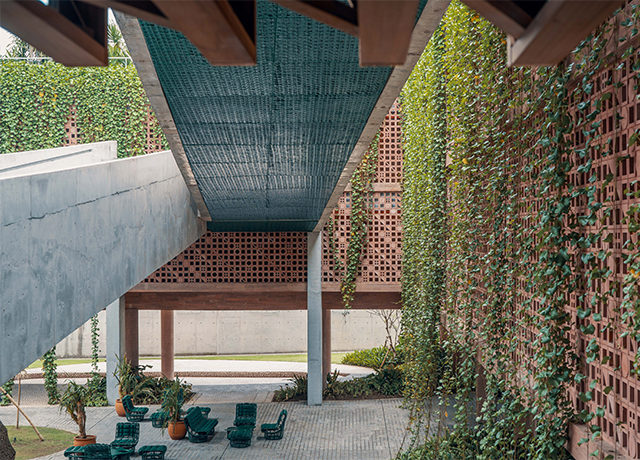



@potatoheadbali
Travel
Our Eco Hotel Series: Potato Head Resort In Bali
We speak to Ronald Akili, founder of Potato Head Resort, based in Seminyak, Bali. Potato Head is a hospitality and lifestyle brand, a vibrant creative hub and pioneer in sustainable innovation. With zero-waste design labs on site, workshops, DJ sets and hydroponically grown food, Potato Head is an eclectic powerhouse of a resort where you will neither ever be bored or uninspired! We are so excited to share this incredible place and hope to inspire anyone to take a visit!
This article brought to you by our friends at Potato Head
“We see regenerative hospitality as the future of hospitality. The idea behind regenerative hospitality is taking on a mindset where tourists, developers and operators are not only taking from the destination but instead, also helping regenerate the destination. It is a shift from mindless pleasure for travel to a sense of fulfillment.”
First of all, can you introduce Potato Head Bali and your mission with it?
Our vision is to be a lifestyle brand that enables people to a better way of living.
We are inspired by this idea of a beautiful, sustainable lifestyle where we make everything so beautiful and it just so happens to be more sustainable.
We believe it’s easier for people to make a change when they don’t have to compromise.
Your motto is “Good Times Do Good” which we love – can you explain how you think doing good can be fun and your own ideology when it comes to that?
In Bali, there’s this idea of life being based in duality. A belief that everything has to be balanced: if there’s black there’s always white. If there’s joy there’s always sorrow, the aim is not to choose but to experience both and find that balance.
Everything we do at Potato Head is based on this, from our design, music, food, wellness. Where there are Good Times, there needs to be balance by Doing Good. In fact, we thinking that good times are made better by doing good. So, we take that upon ourselves to make sure that we’re doing our bit in helping the community, and enacting social and environmental change on the island.
I know the hotel has a whole section on regeneration, can you tell us a bit about what this means and how you work towards that?
We see regenerative hospitality as the future of hospitality. The idea behind regenerative hospitality taking on a mindset where tourists, developers and operators are not only taking from the destination but instead, also helping regenerate the destination. It is a shift from mindless pleasure to a travel for a sense of fulfilment.
We think that is a concept that is essential in building a sustainable future within our industry.
For example, we have just launched our Follow the Waste Tour, which takes guests back of house at Potato Head so they can see our waste management initiatives firsthand and learn more about sustainability. The tour ends with a hands-on workshop, so guests can take the creative ways that we manage waste and bring it to their home cities.
We also invite guests to participate in our community volunteering project. Every Thursday and Sunday, we’ve been taking produce harvested from our Sweet Potato Farm to make servings of nasi bungkus to share with those in need. It’s a way that they can do good on the island while learning more about Indonesian food.
How have you made sure the design of Potato Head was done as sustainably as possible?
I strongly believe sustainability cannot be described by technique, by recycling, or by energy from renewables. The only way something can be described as sustainable is when people understand it, and that it has an impact on the daily behaviour of people. We have never had a discussion about technique but more about philosophy. What we wanted to create is something that belongs and has respect.
From day one, I was convinced that we should shy away from typical architectures of hospitality where everything needs to be crisp, bright, and branded in its materiality. Instead, we wanted to create a materiality that would feel natural, blend in, and that would feel sustainable it itself. I don’t mean the sustainability as we say it today in relationship to environment, but more the sense that people feel that it belongs there.
How do you think creating a connection to the natural world through Potato Head stays can lead to a commitment to sustainability for your guests?
In our modern world, we are removed from experiencing the natural world as it is. Our experience of travel and tourism has become all about the individual, rather than the place as a whole. I think that being reminded about the beauty that exists in the natural world does a lot to repair and nurture the relationship between people and the environment.
At Potato Head, our goal is to inspire guests with memorable, amazing experiences. These experiences happen to be sustainable, without a compromise. We have deep respect for Balinese tradition, and use it as an inspiration to the cultural heritage and craftsmanship of the island. Adding a modern, Potato Head twist allows us to protect the artistry and soul of Bali while being able to meet our visitors where they are on their journey.
This is what regenerative hospitality is about: a new kind of tourism, a way of being in and experiencing a destination that deeply enriches both it and the visitor. It is innovative and inspiring. I feel this needs to be part of Bali’s future so the island and its culture can thrive.
We love that you have your “Sweet Potato Kids” programme – can you tell us a bit about this and how you hope that children can learn about more sustainable habits / appreciation for nature through it?
Sweet Potato Kids introduces a new kind of hotel kids club to the world; educating the younger generation about the importance of sustainability and the future of our planet, in an engaging and kid-friendly way. Activities on offer include bamboo kite making and flying and a coconut planting class. A playground for children meant to inspire future change-makers and hopefully their parents, too.
“In our modern world, we are removed from experiencing the natural world as it is. Our experience of travel and tourism has become all about the individual, rather than the place as a whole. I think that being reminded about the beauty that exists in the natural world does a lot to repair and nurture the relationship between people and the environment.”
Can you tell us a bit about Desa Potato Head especially and its zero waste mission? And from there can you also tell us about the Waste Lab (it’s the new name for Sustainism Lab) within it?
We are on a journey to zero waste to landfill in all our operations. Because there is no real waste management system on the island, most of the waste in Bali ends up in the ocean or in landfill. When we did an audit, we found out that 50% of our waste was going to landfill. Since then, we have created targets and in-house waste management systems that have allowed us to reduce our waste to landfills from 50% to less than 5%, even though we serve around 2,000 people daily. We do this through rigorous waste sorting, banning single-use plastics in the Desa, providing zero-waste kits for guests, working with sustainable producers, and coming up with creative ways to reimagine our waste.
Over the years, our sustainability research and development team at the Waste Lab have worked alongside creatives to give new life to waste repurposing it into beautiful products.
Can you tell us a bit about the regenerative farms you own through Potato Head and their impact on local communities? And how have you incorporated subtly but surely the beauty of plant based eating into it all?
In August 2020, a team of hotel staff volunteered to create two fully functional farms by regenerating empty land. The mission of what was dubbed Sweet Potato Project: to reconnect the Balinese community to their agricultural roots as well as grow local, nutritious produce in a better way using syntropic farming. This system mimics the cycles of nature and brings together plants that inherently support each other; it’s an increasingly popular method of regenerating overdeveloped or degraded land and benefits the community entirely.
In 2021, we harvested 2,306 kilos of vegetables with a portion distributed to Potato Head staff and their families, and the rest cooked into 15K serves of plant-based nasi bungkus, a traditional rice dish wrapped in biodegradable banana leaves. And the numbers went up to almost 6 thousand kilos of harvest in 2022 and 28K serves of nasi bungkus distributed. These are given to the most vulnerable members of Bali’s community, including orphanages and local waste collectors.
At the same time, we have created in Potato Head our experience plant-based dining, Tanaman, a celebration of the vegetable itself: seeing the entire plant –root to fruit– and using culinary techniques to elevate their natural flavours.
Are there any other ways you have looked at sustainability for the hotel that you feel are unique?
The uniqueness of our good times is that they are made better when we do good. Radical sustainability is woven into Potato Head’s DNA, yet we’ve found the magic formula that marries responsibility with raucous revelry, never sacrificing experience along the way.
Our aim is not only to serve up sustainability in an appealing way, but inspire our guests and patrons—even our so-called competition—to adopt this earth-friendly lifestyle by showing how beautifully it can be done without compromise. By designing gorgeous products and experiences, and by being fastidious about sourcing, for example, so that guests can have an incredible today while creating a better tomorrow.
What do you personally look for when you travel elsewhere?
I focus only on meaningful travel, longer and more immersive. Traveling with a purpose not just to get to know the destination, but actually getting to know better the community and with a deeper integration. I don’t really travel for short trips anymore.
Can you give us your top three tips for sustainable, and even better regenerative, travel?
Travel with a purpose of giving or contributing instead of just taking. If travellers have that mindset, from my experience that trip become much more meaningful and memorable. Don’t leave behind a bad trail, embrace the destination and leave something beautiful behind as a ‘thank you’.
Finally, what is the element of Potato Head Bali that you are most proud of when it comes to efforts around creating a more sustainable way of existence?
I get so much joy from being able to serve around 2,000 people daily while continuously making headway in our journey to nothing. We’ve been able to reduce our waste to landfills from 50% in 2016 to less than 5% today, be the first carbon-neutral hospitality company in Southeast Asia, partner with the United Nations, and open the first zero-waste restaurant in Indonesia– which is much more than I could ever expect to achieve when we decided to take this path!
Words by Ronald Akili, founder of Potato Head
Follow Potato Head Resort @potatoheadbali















